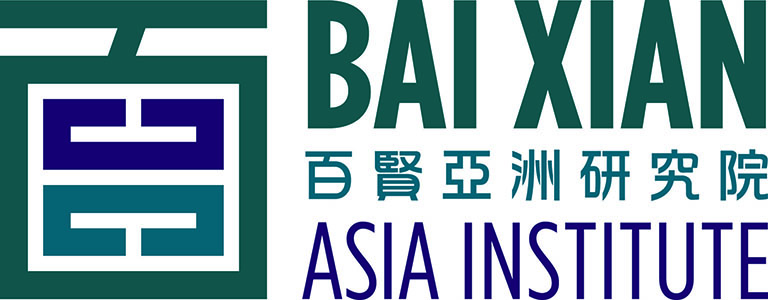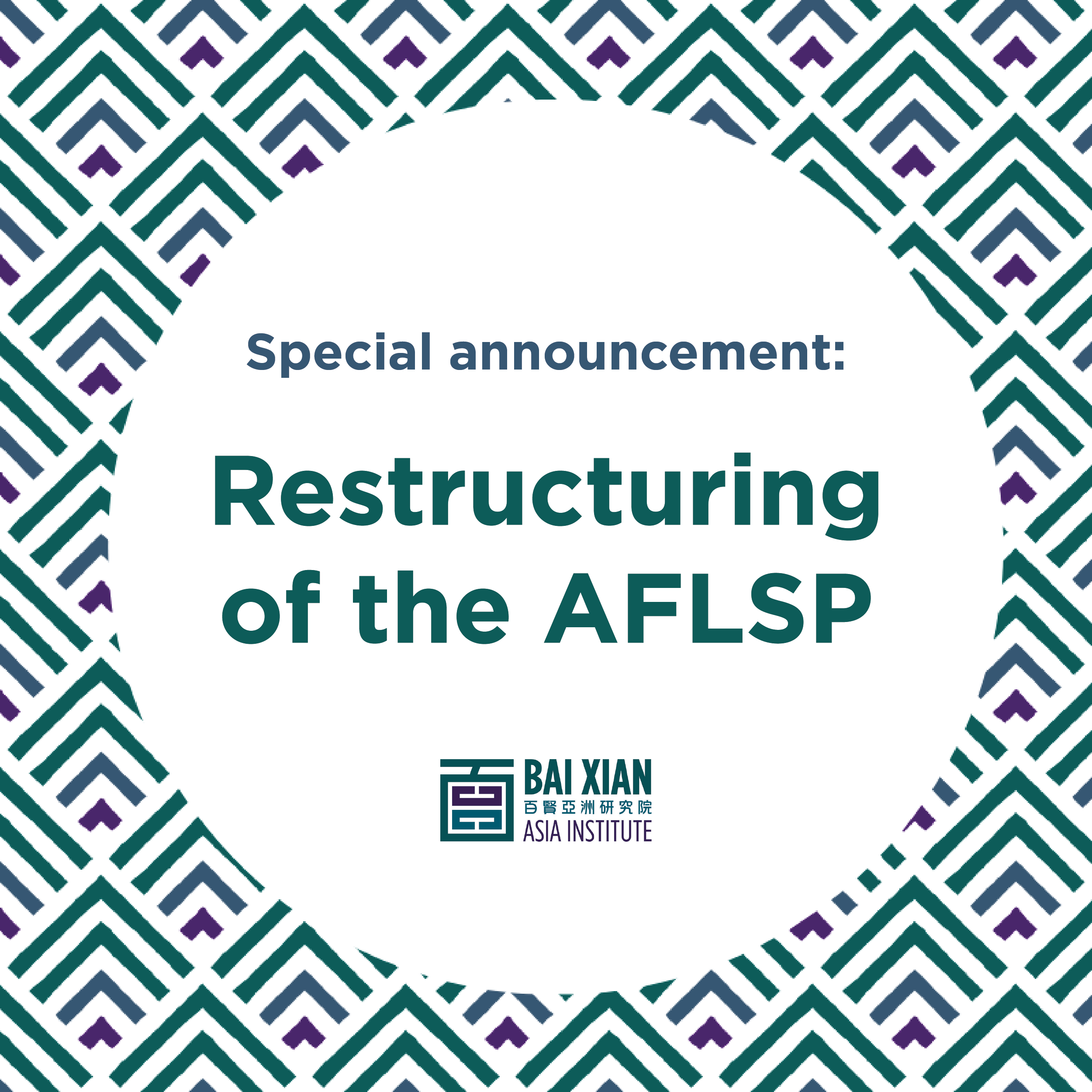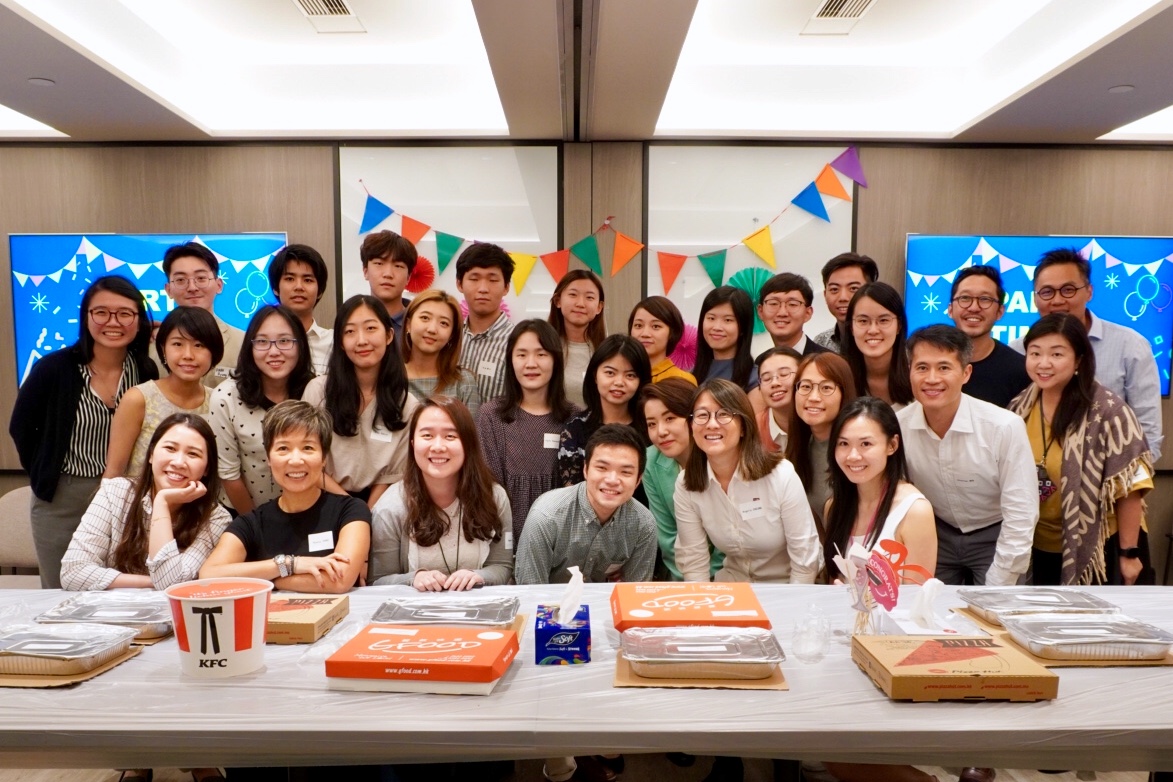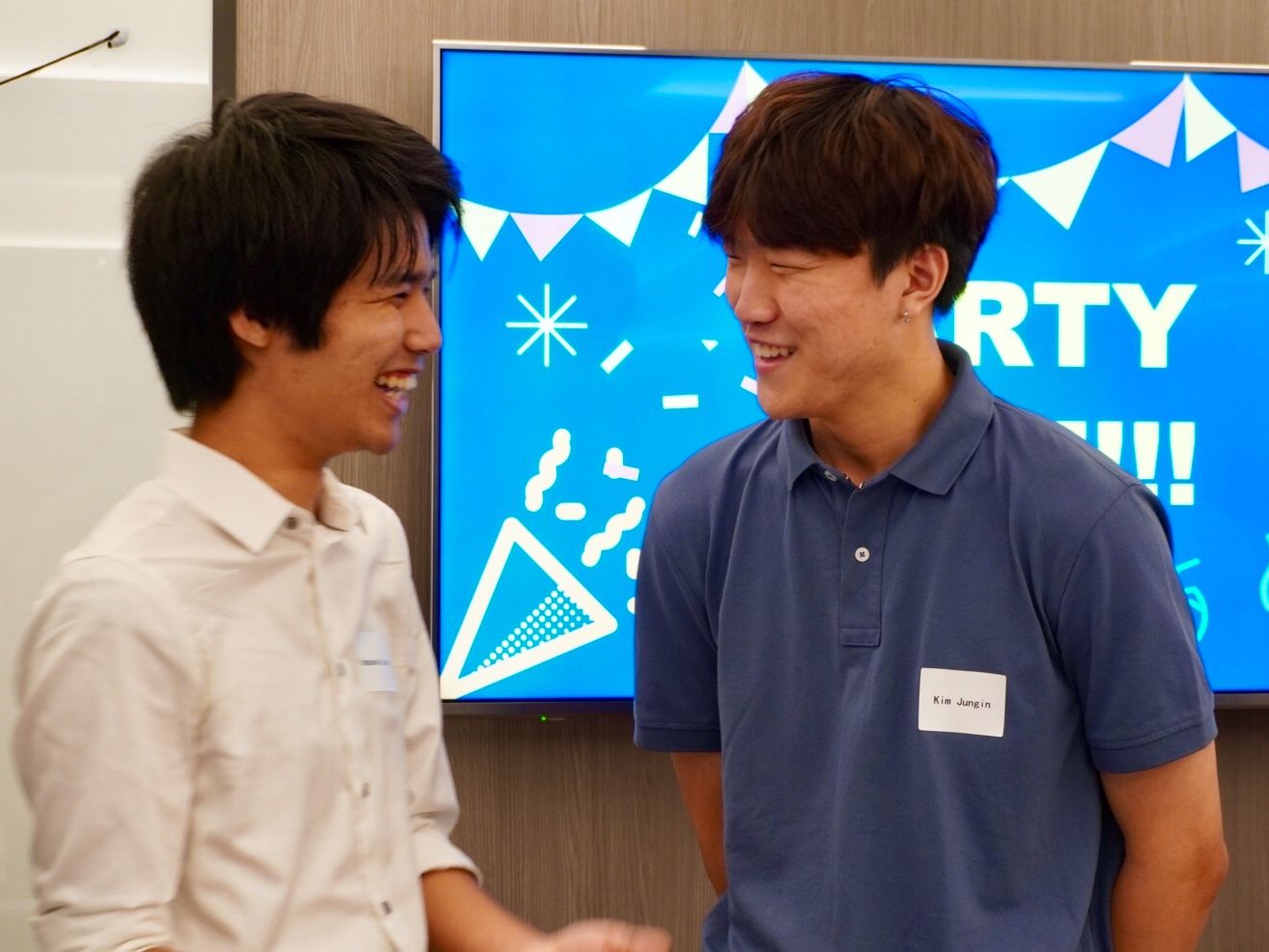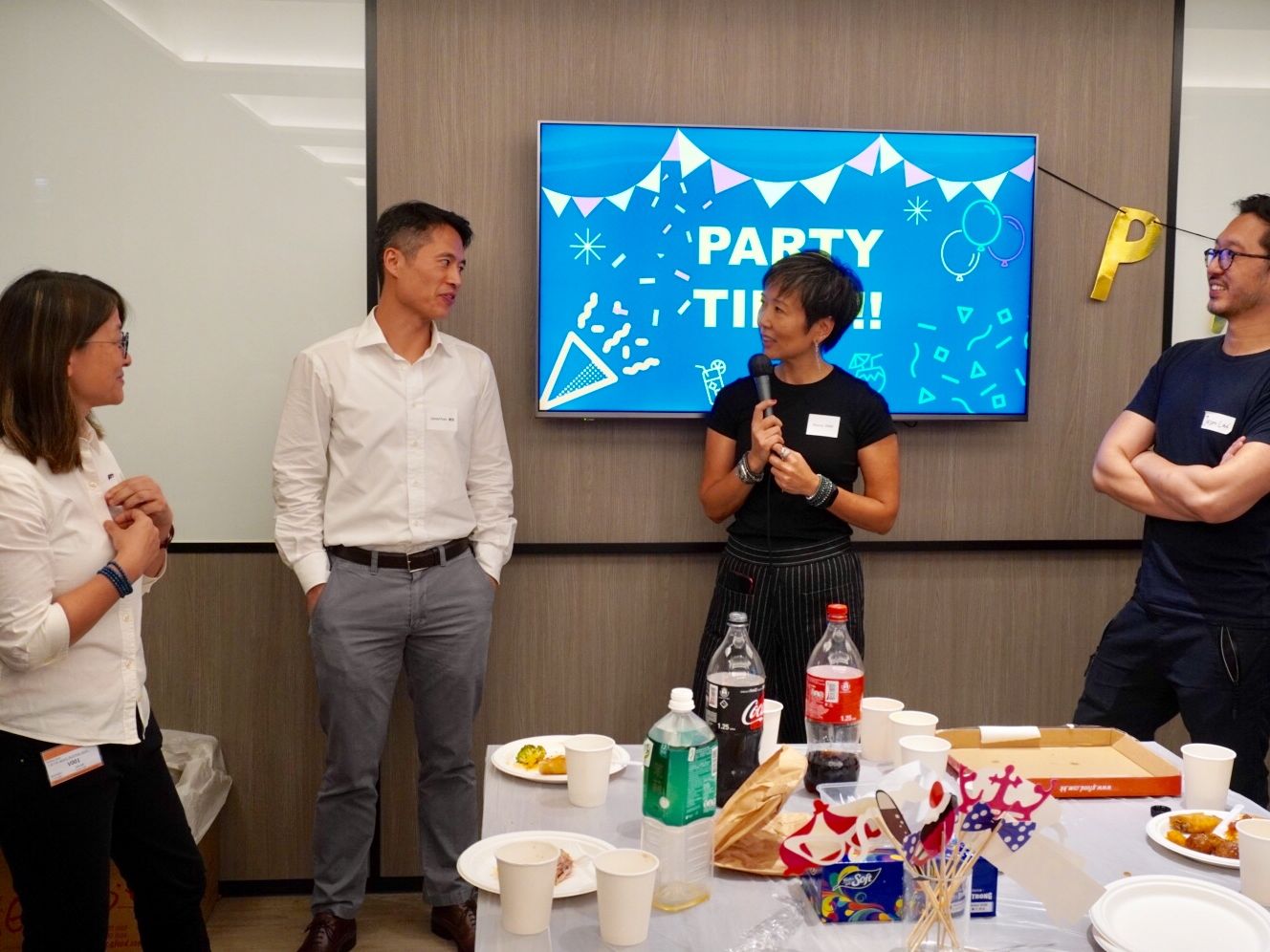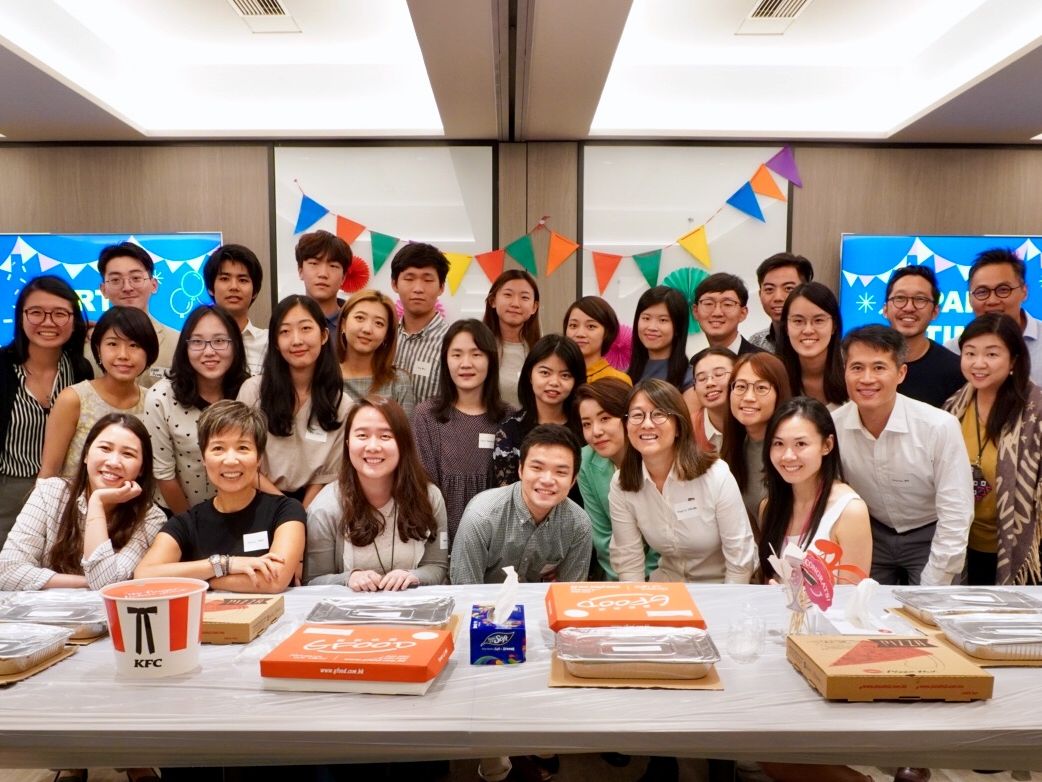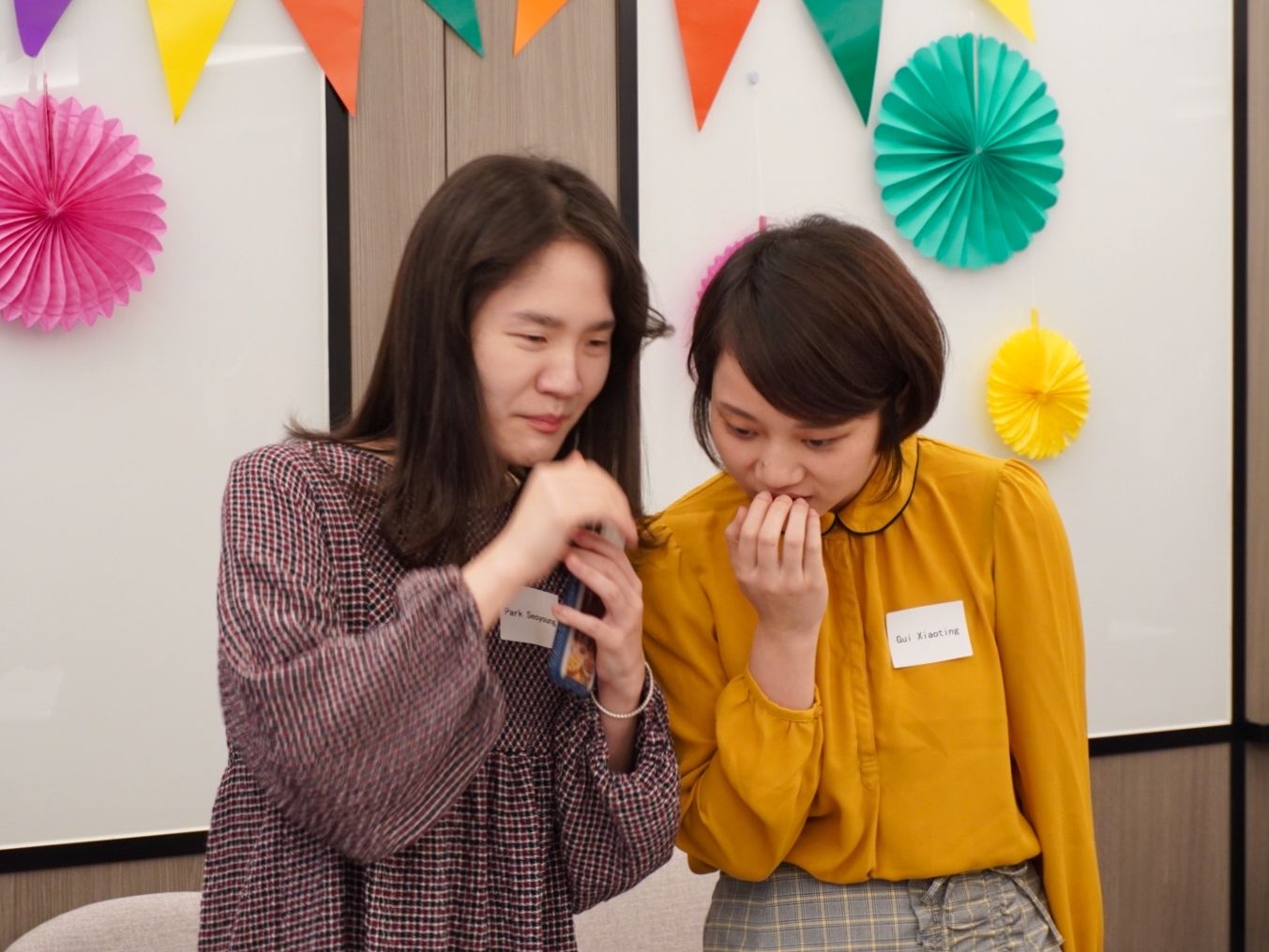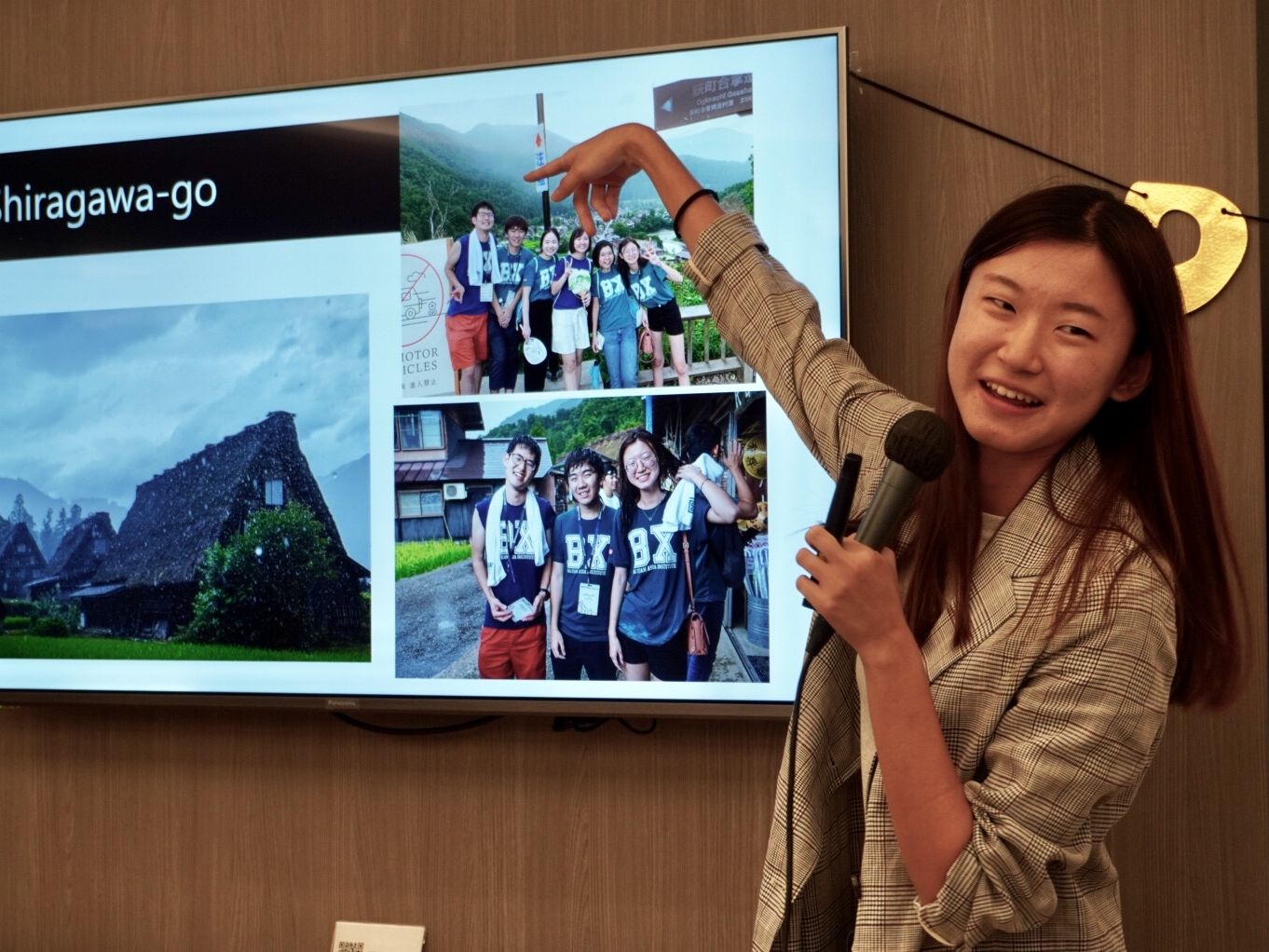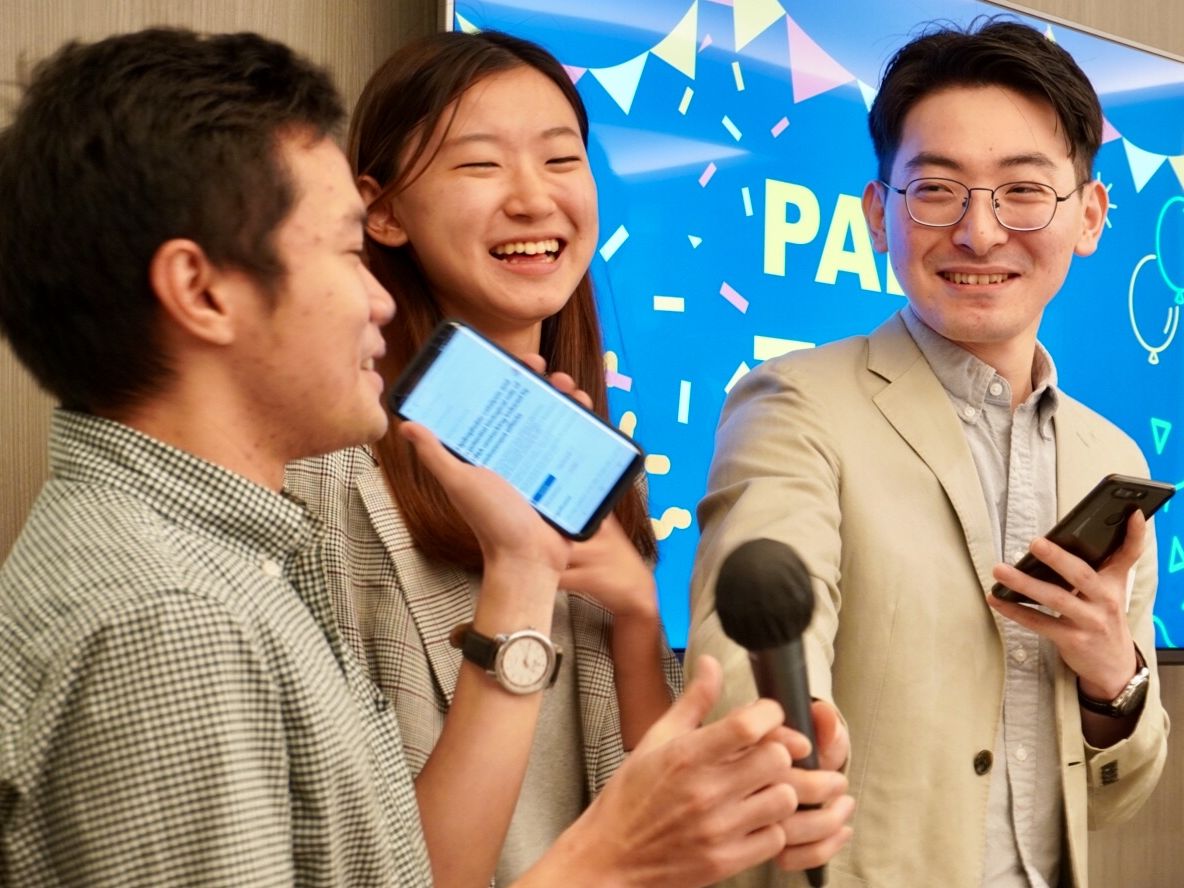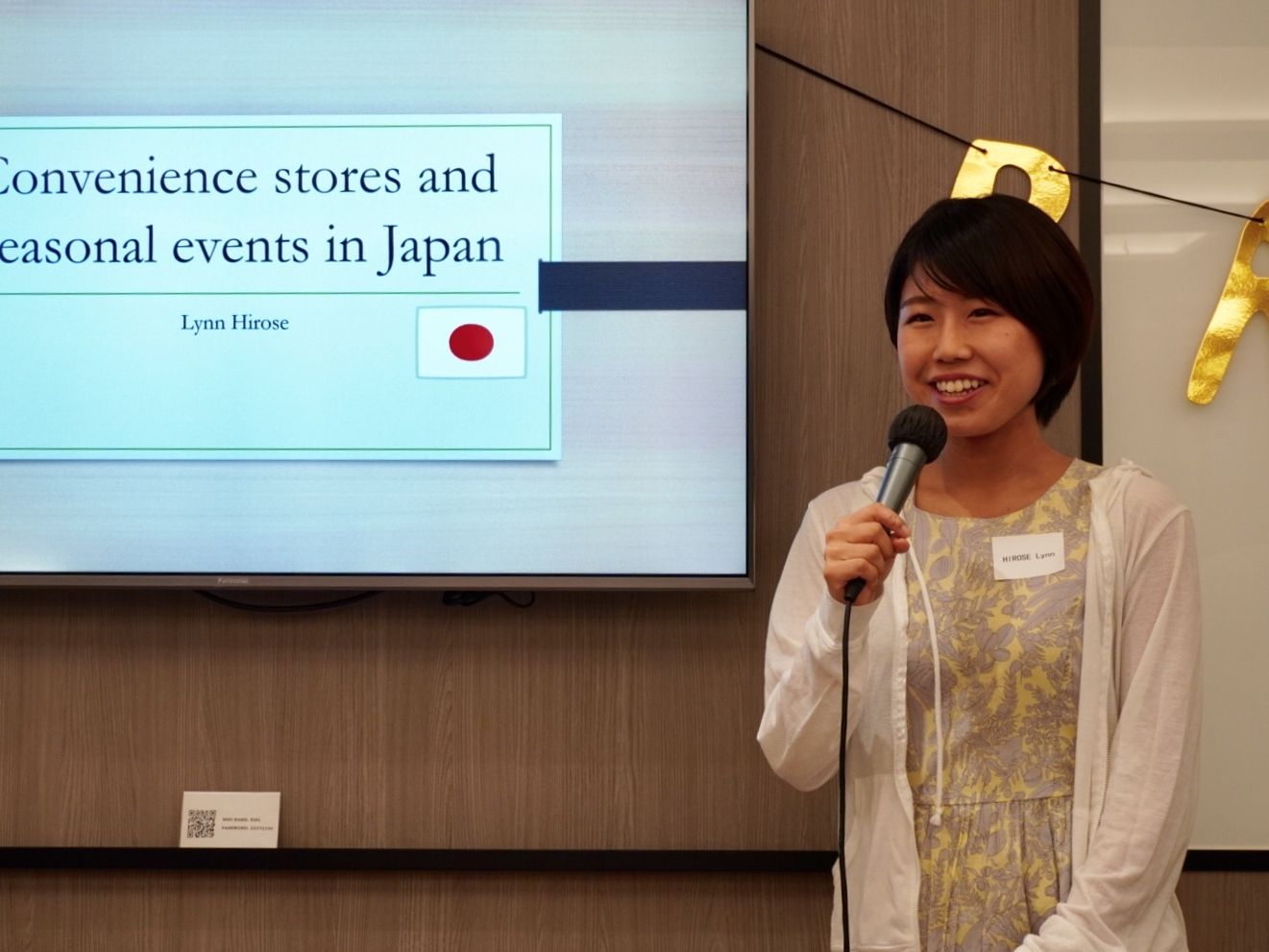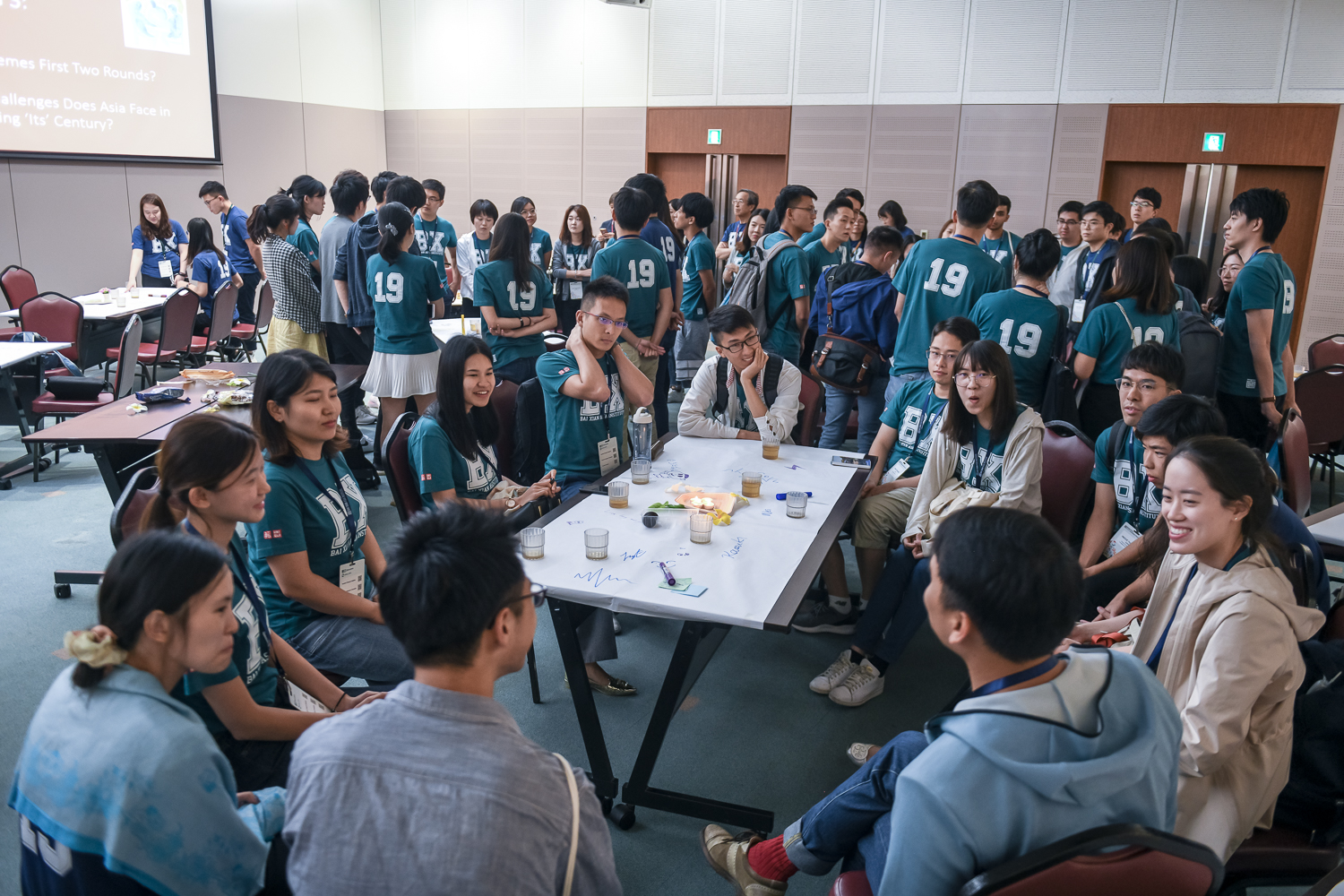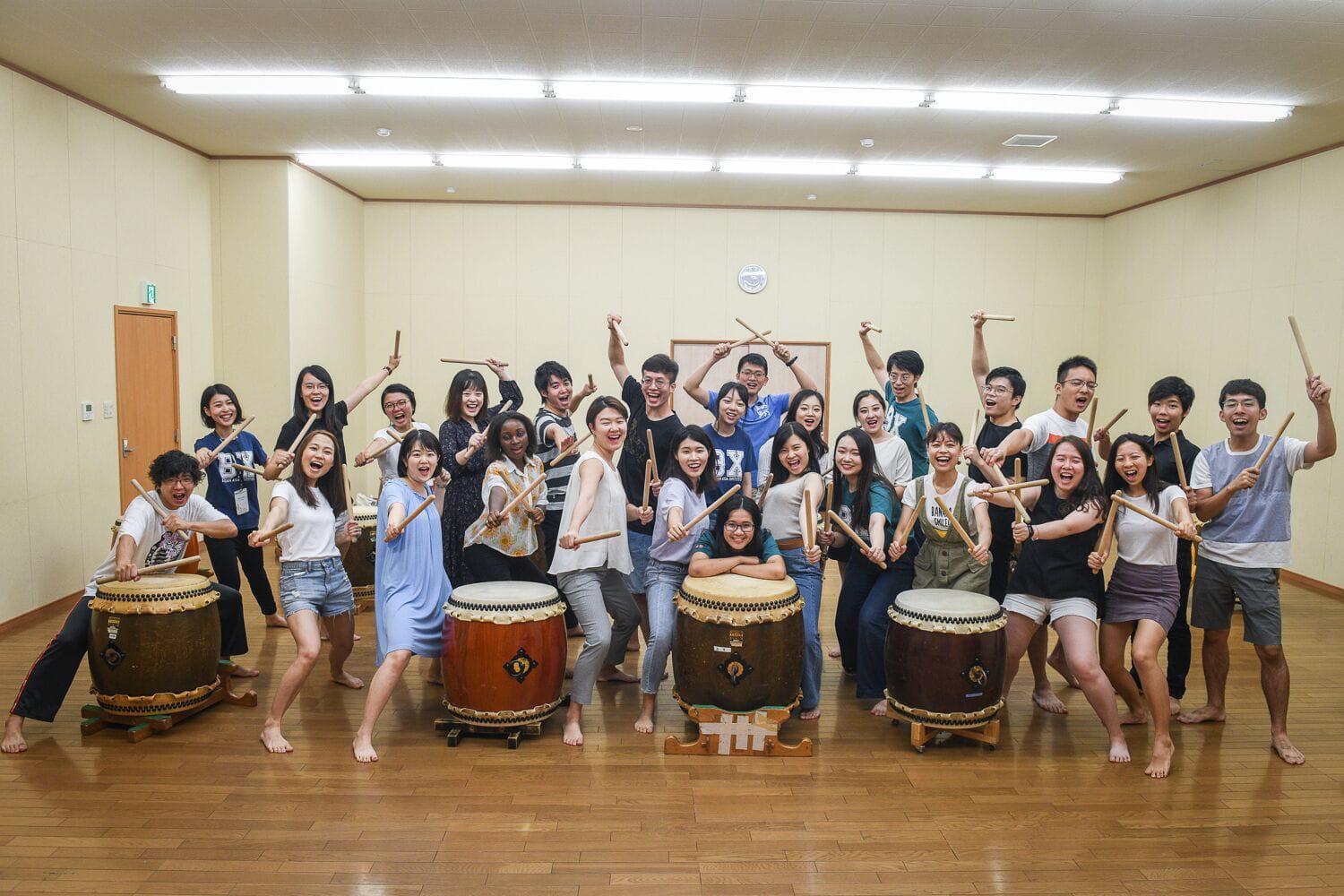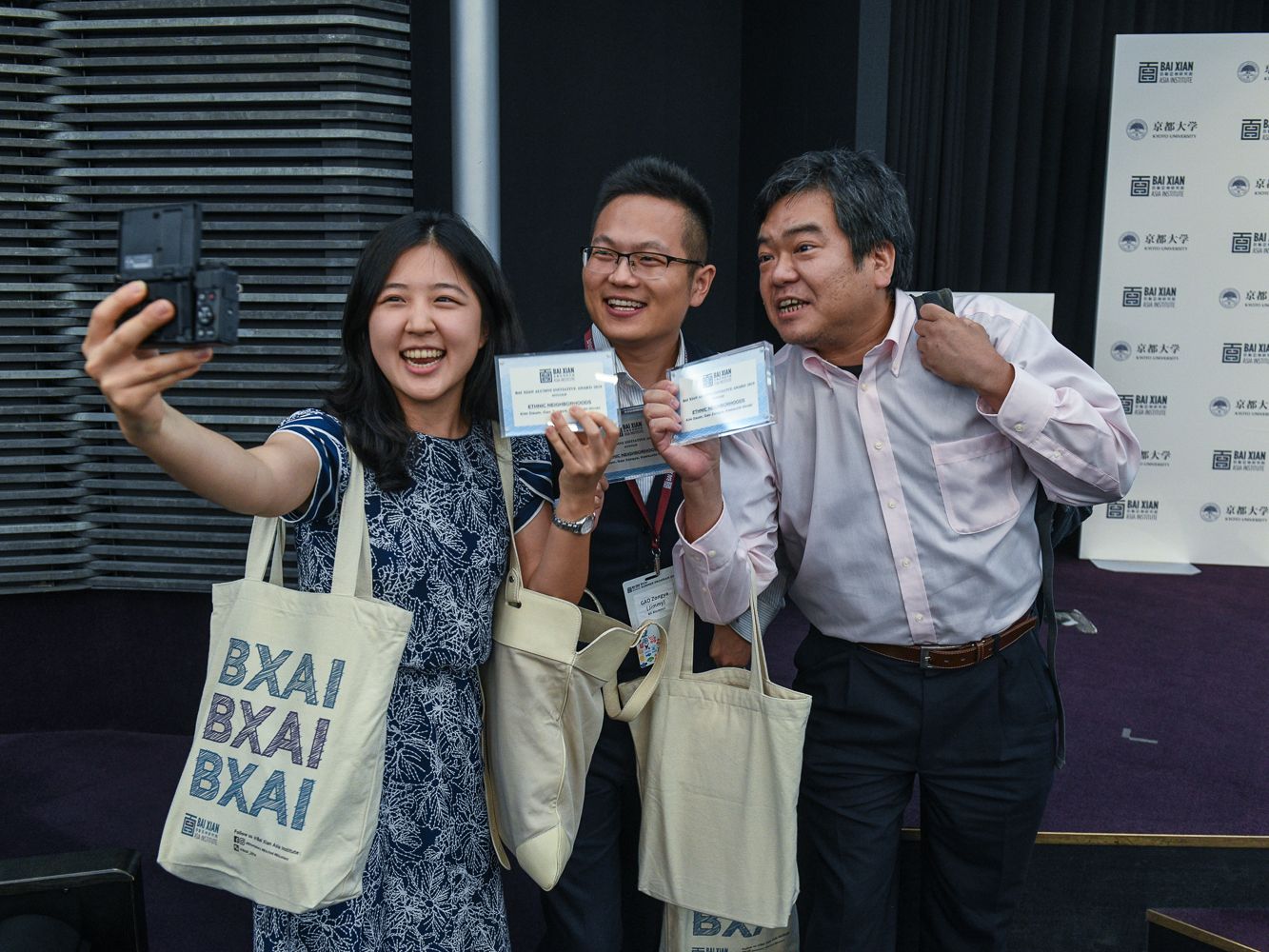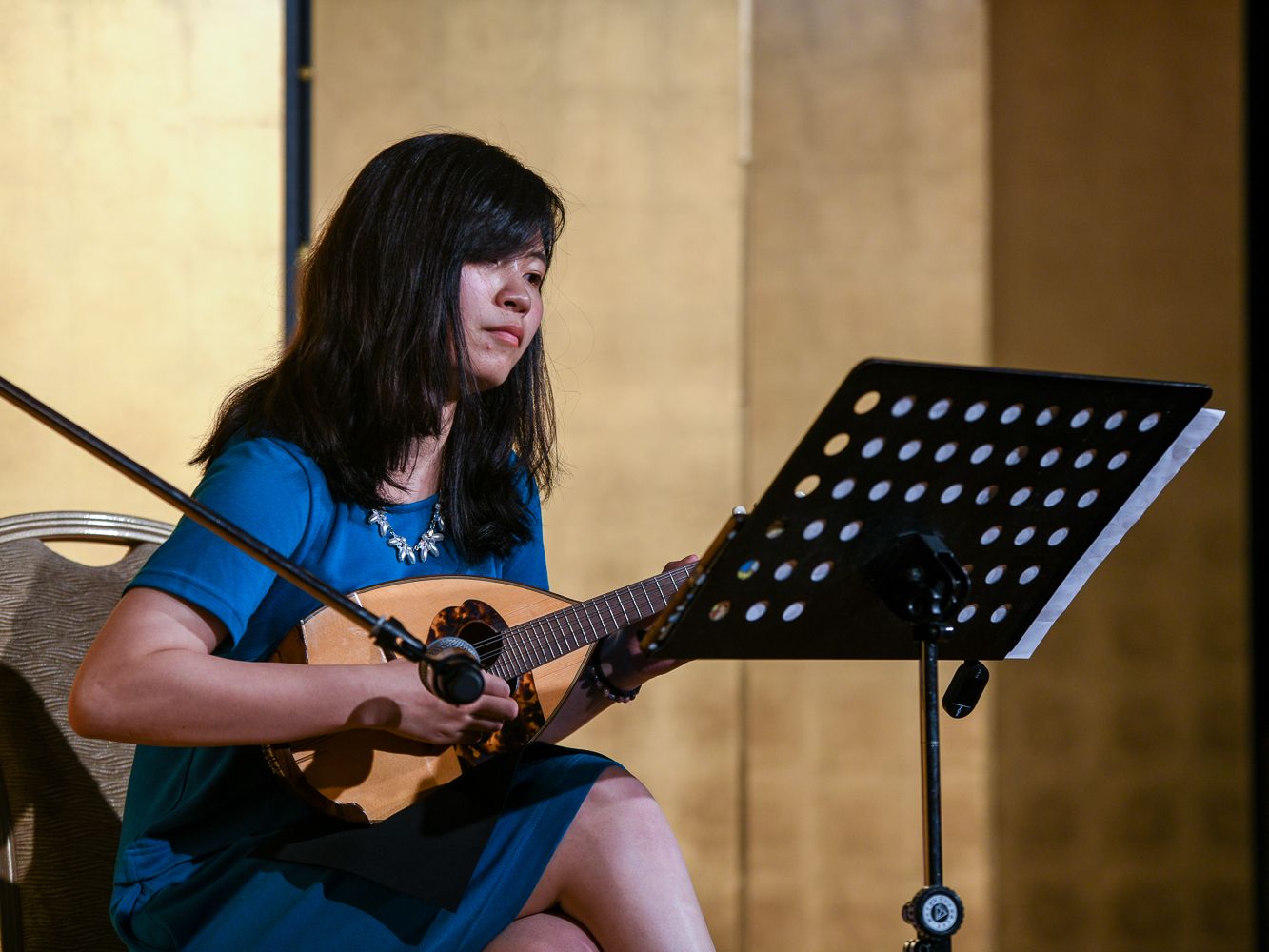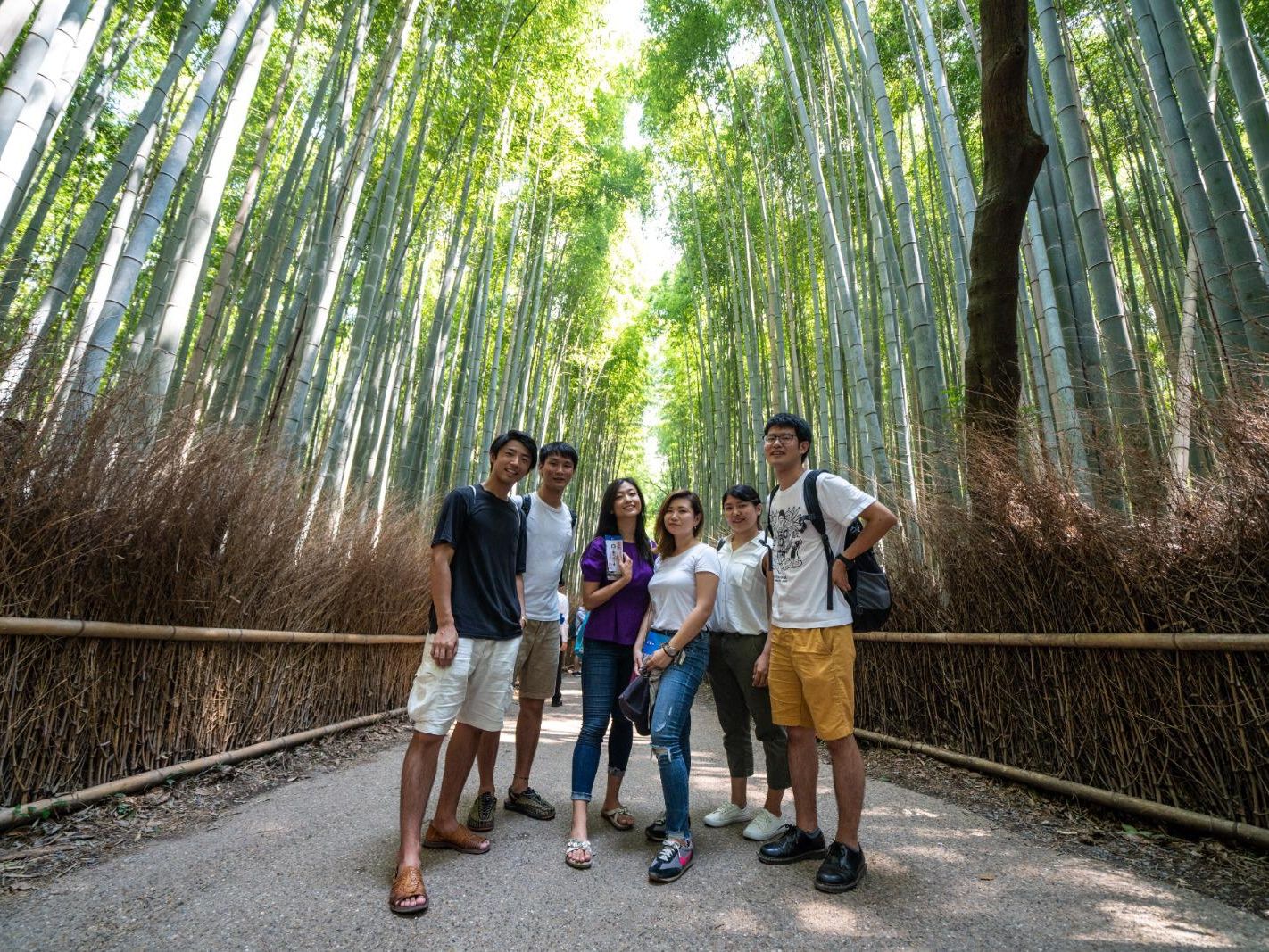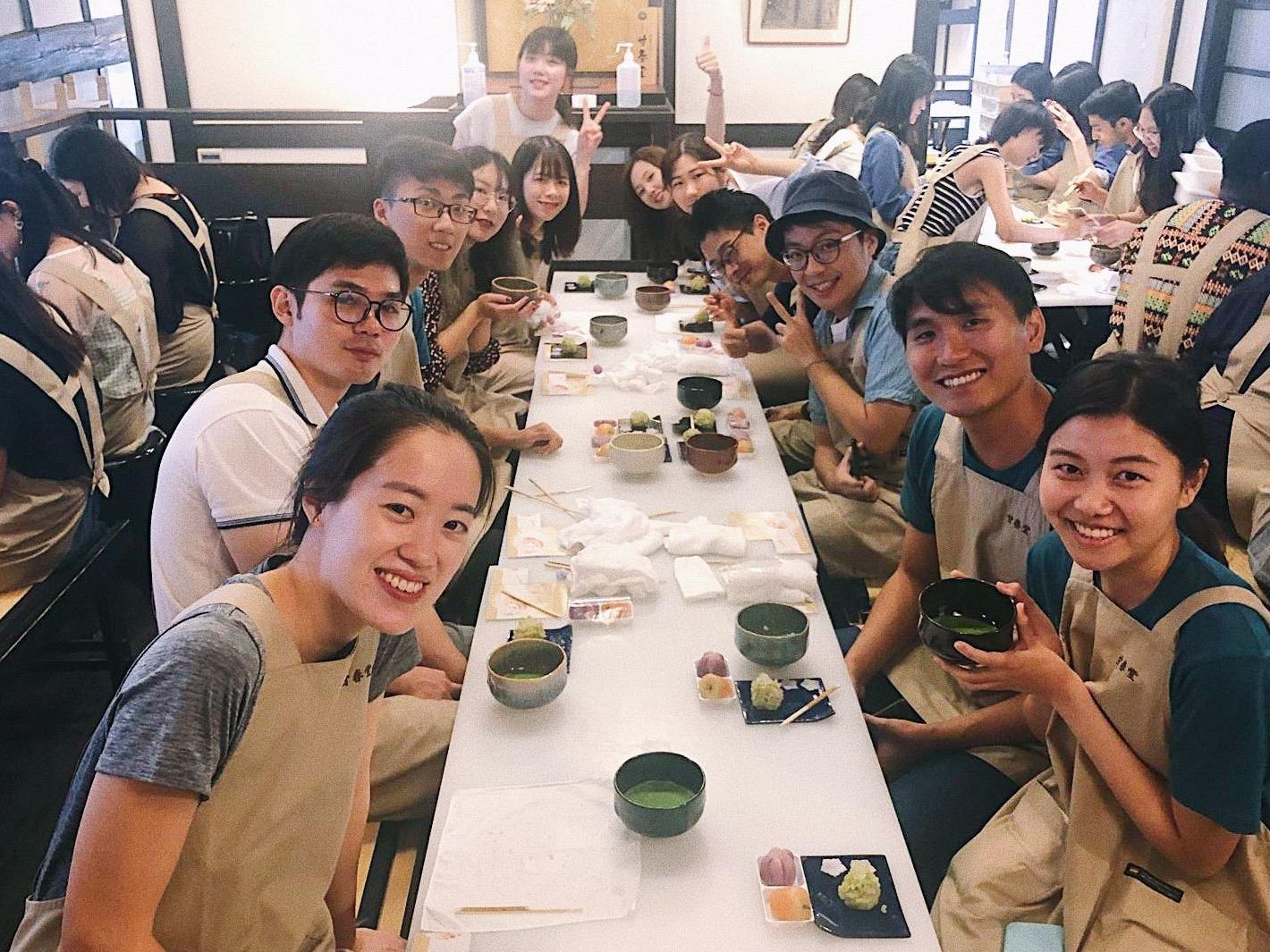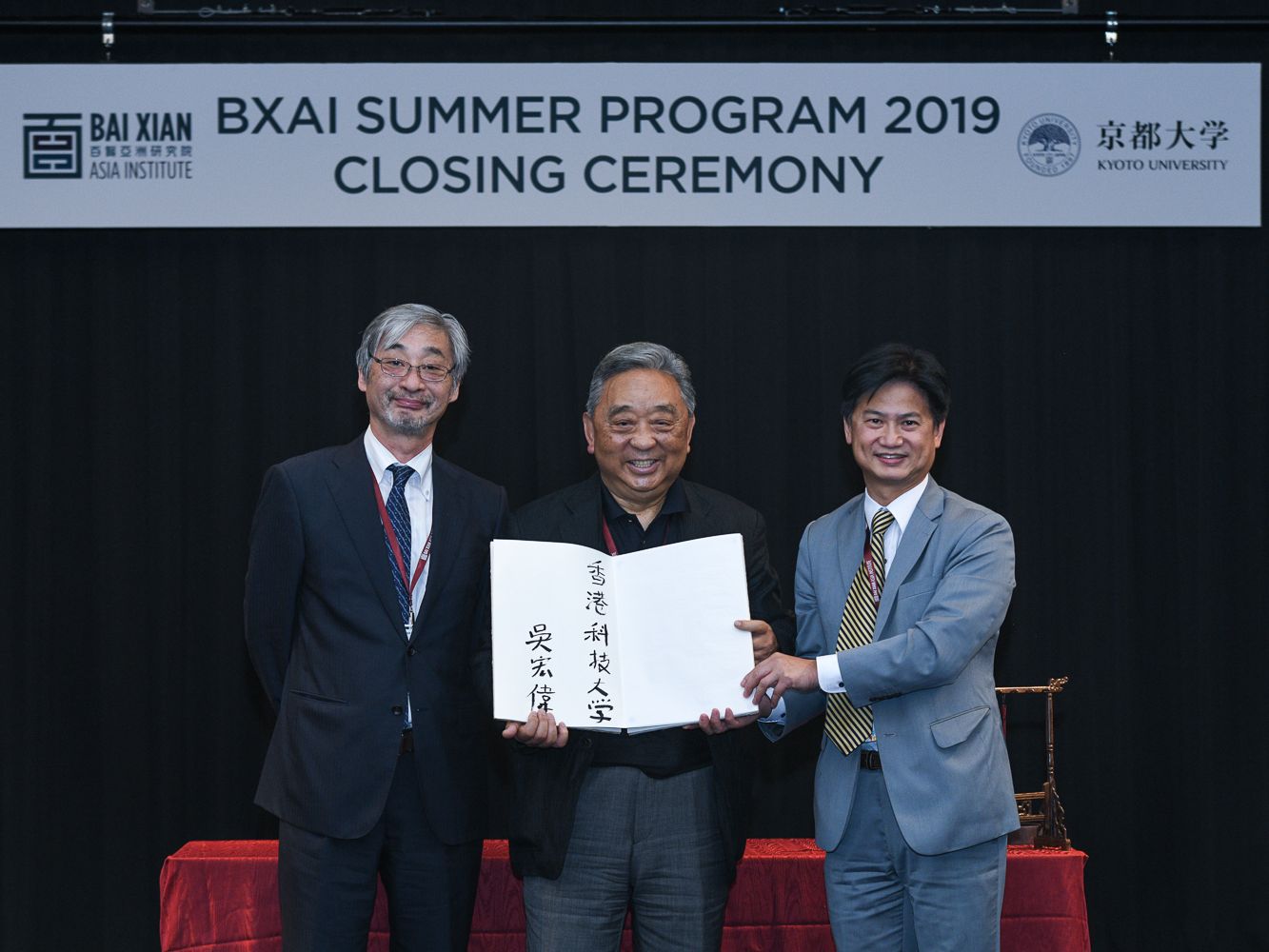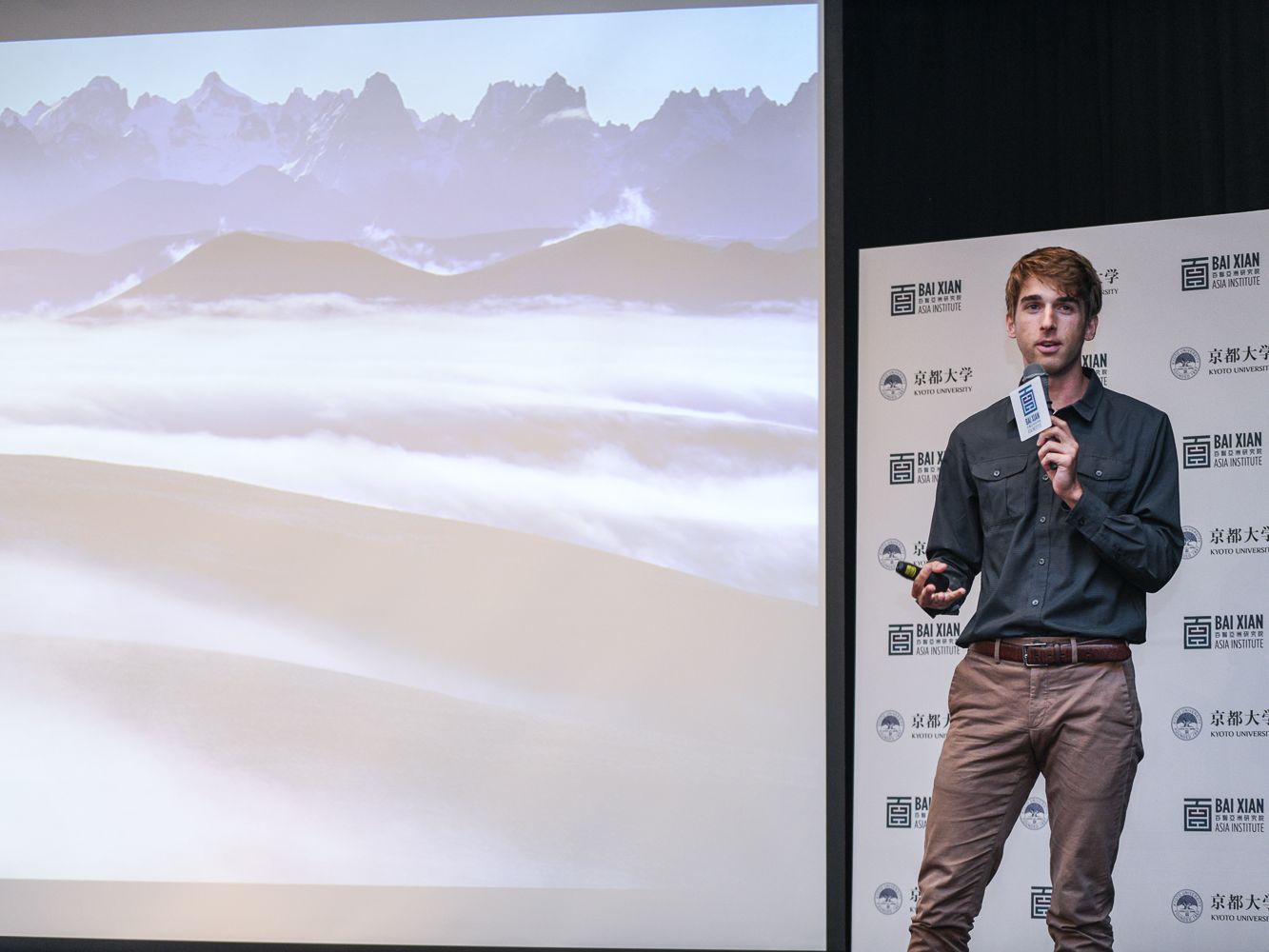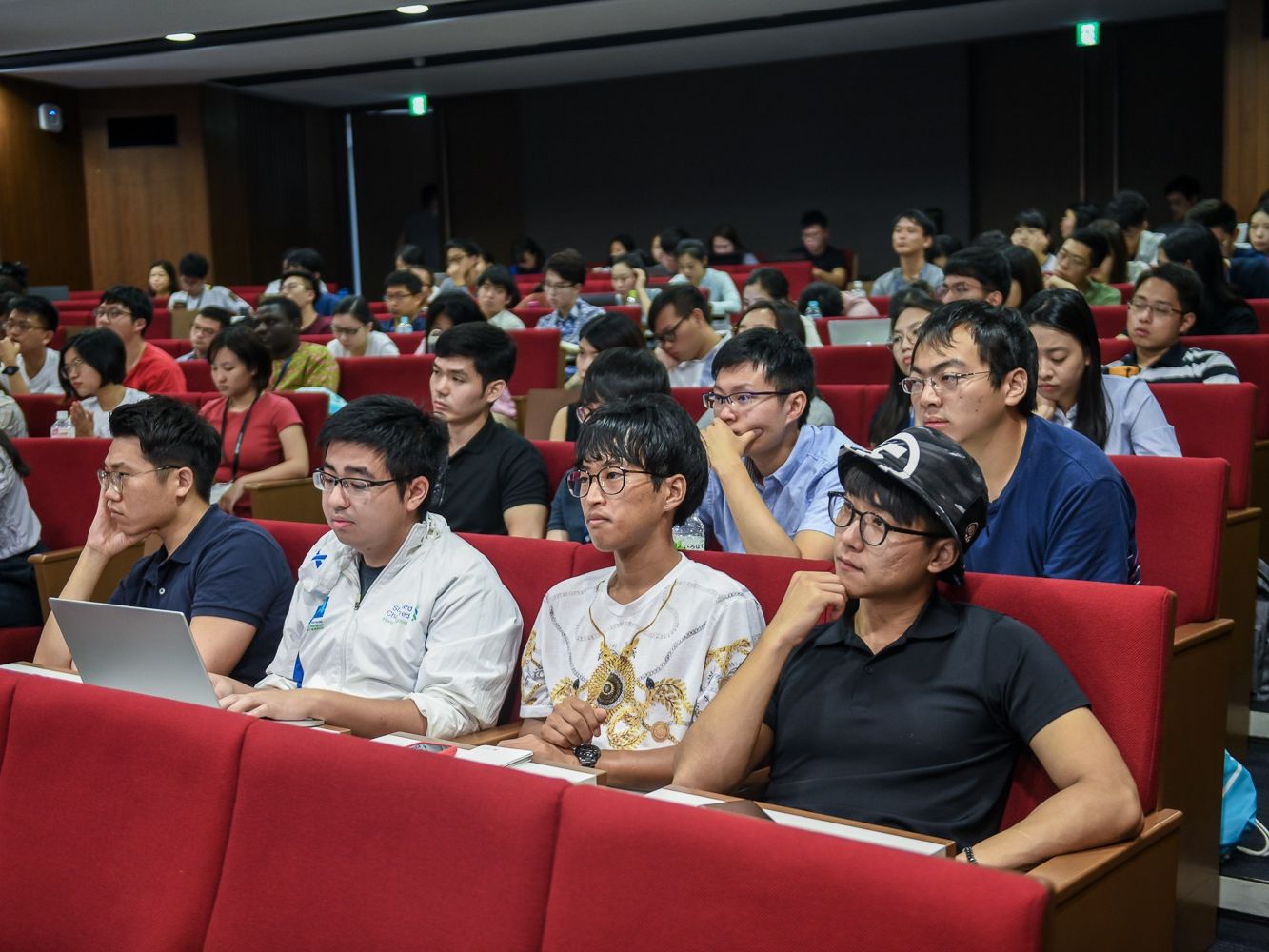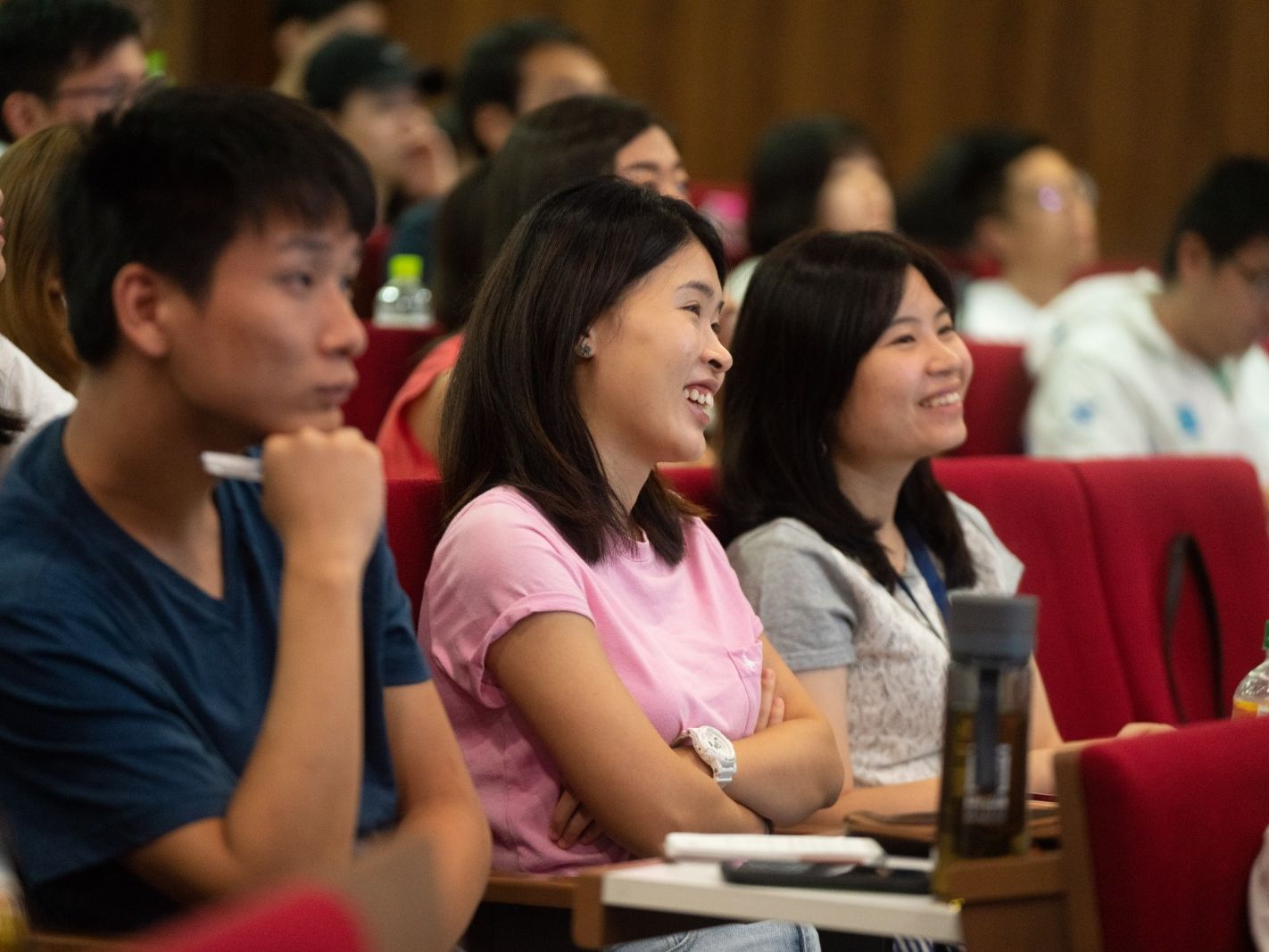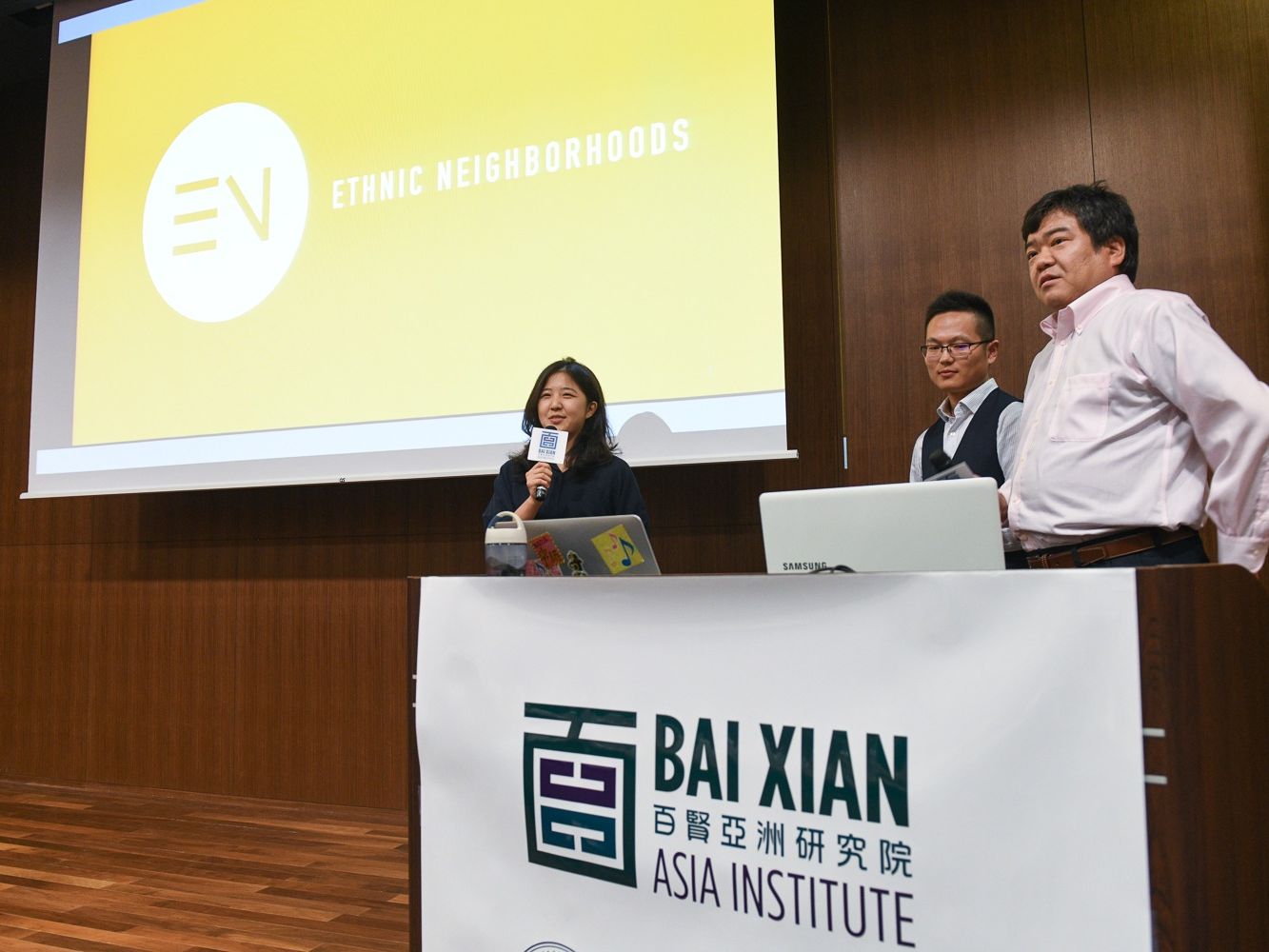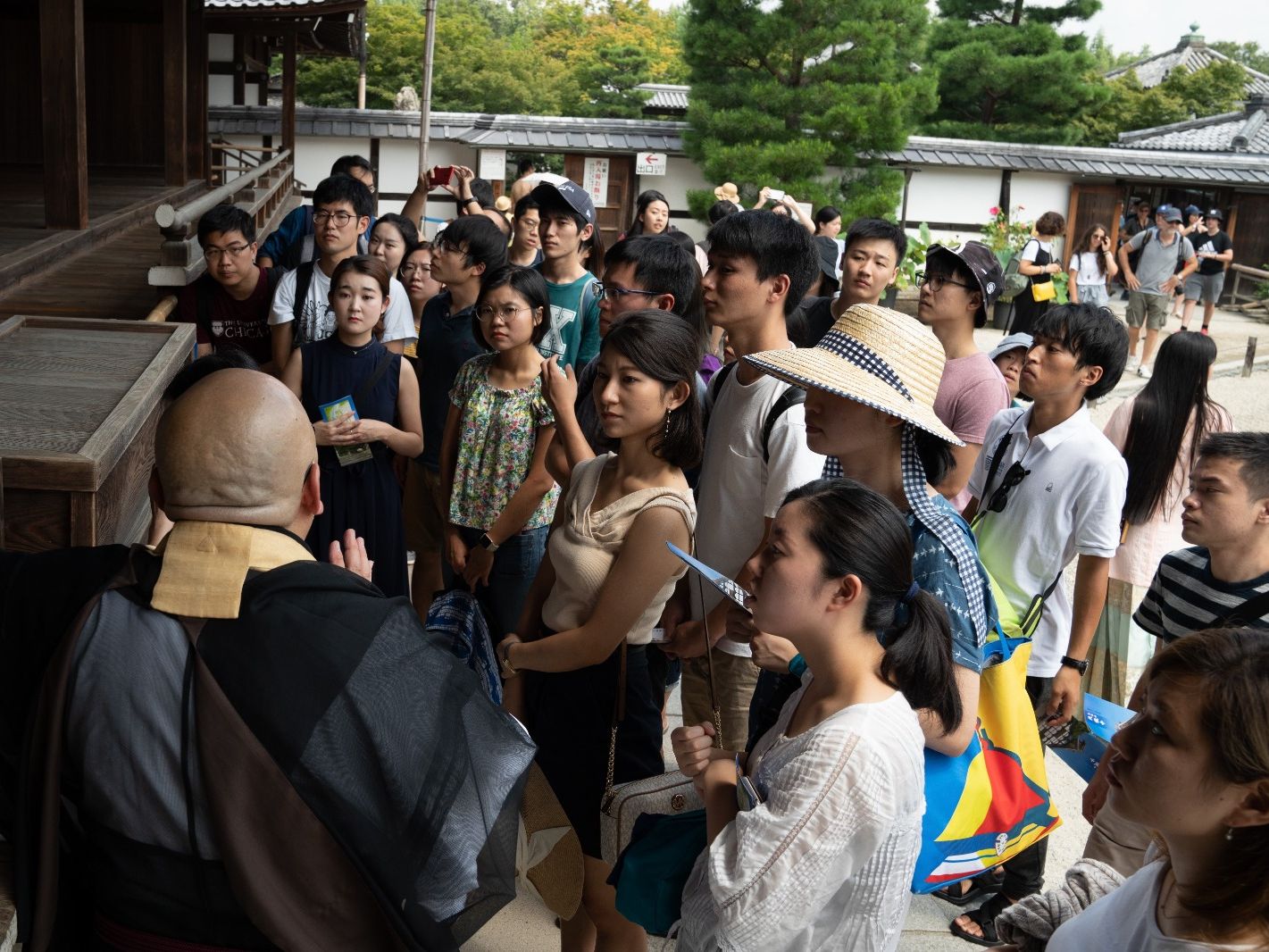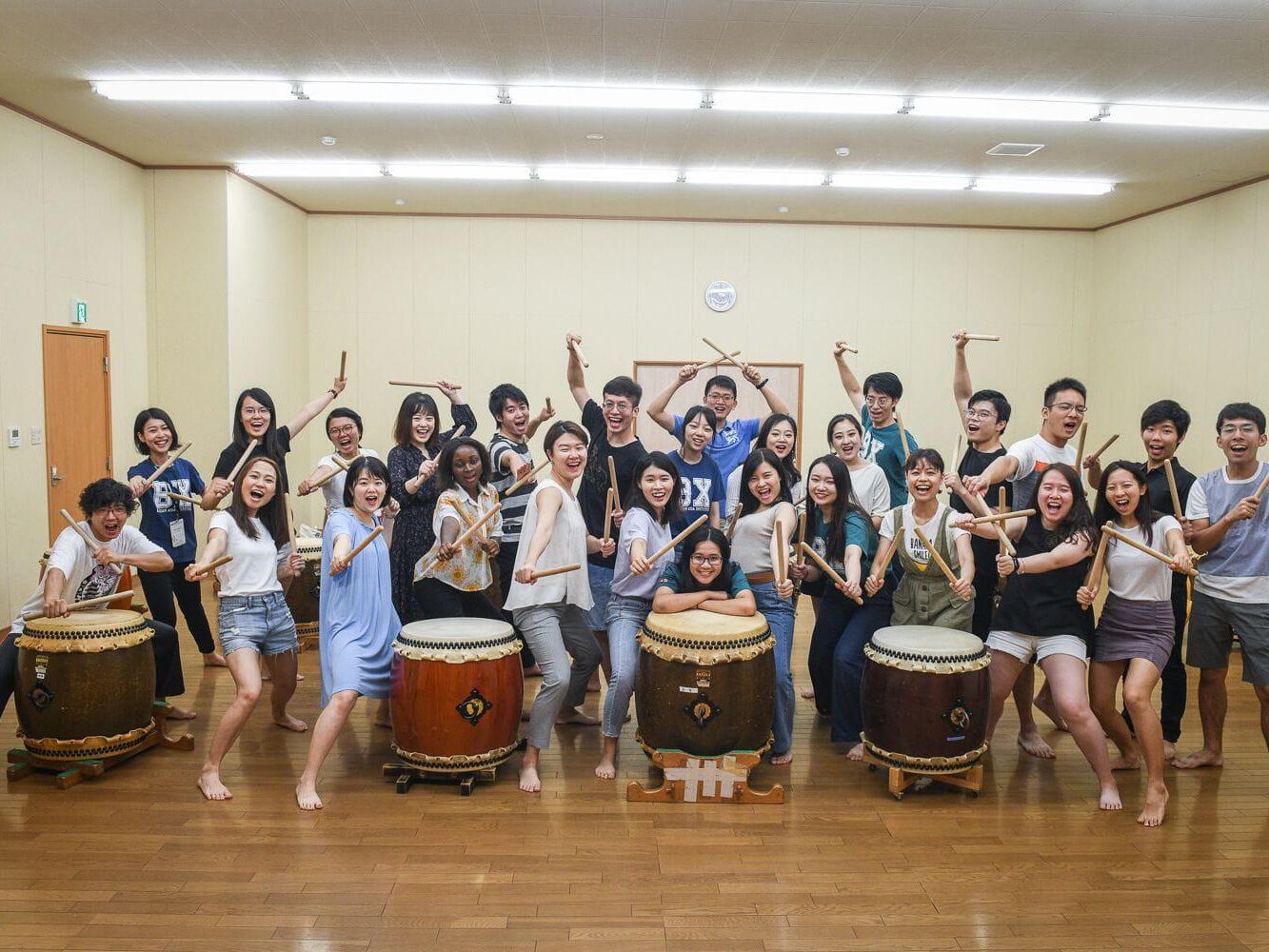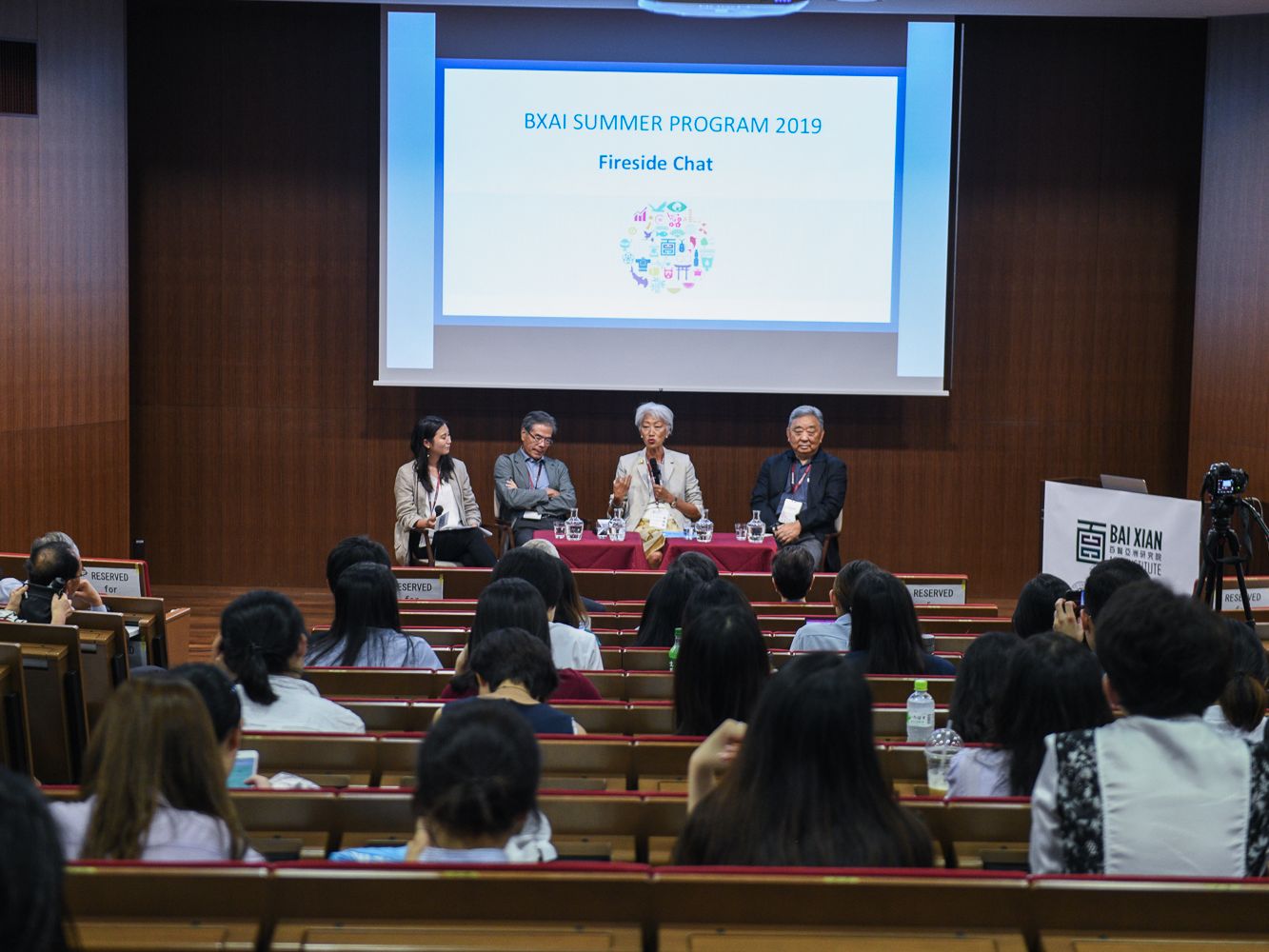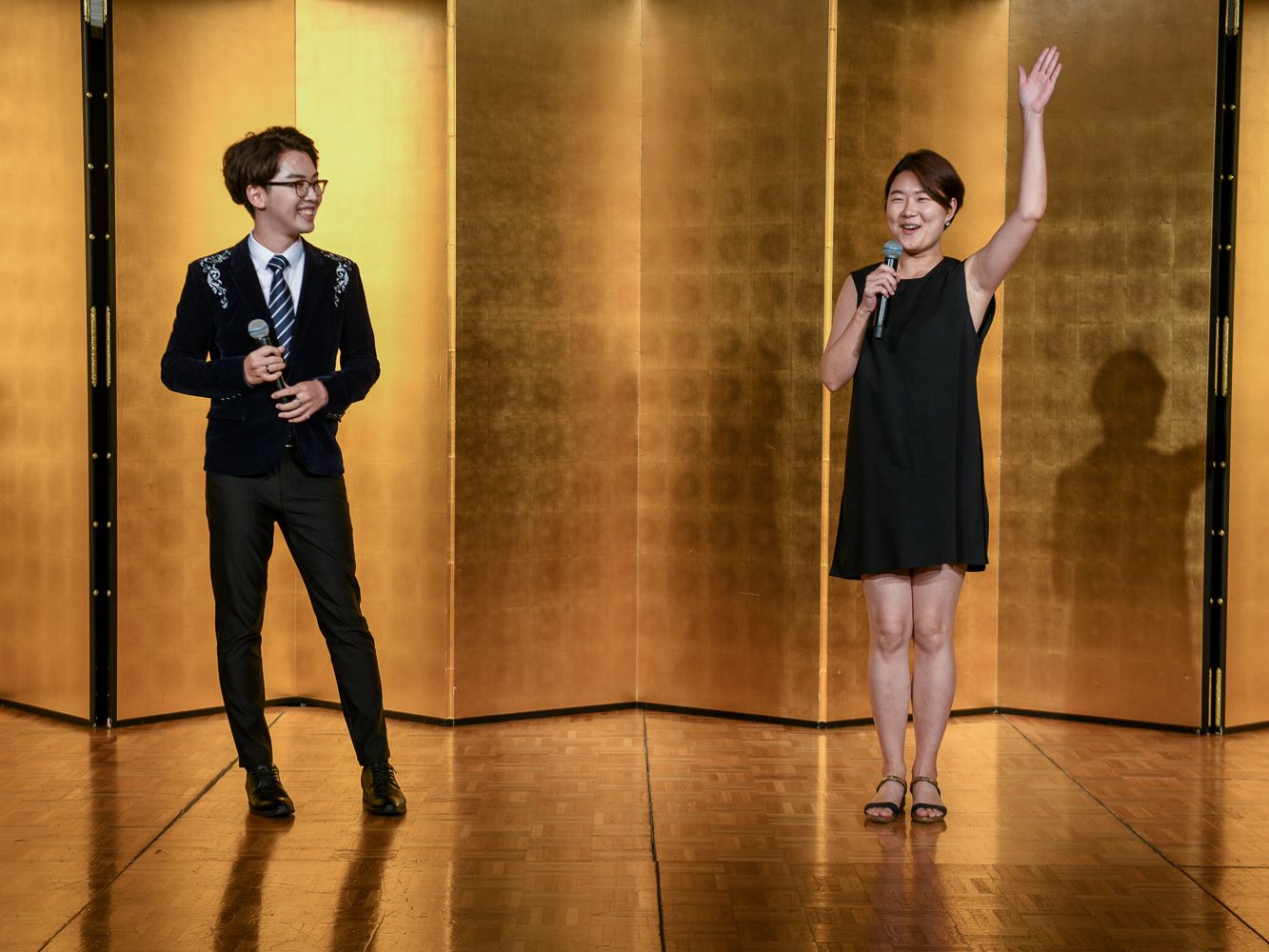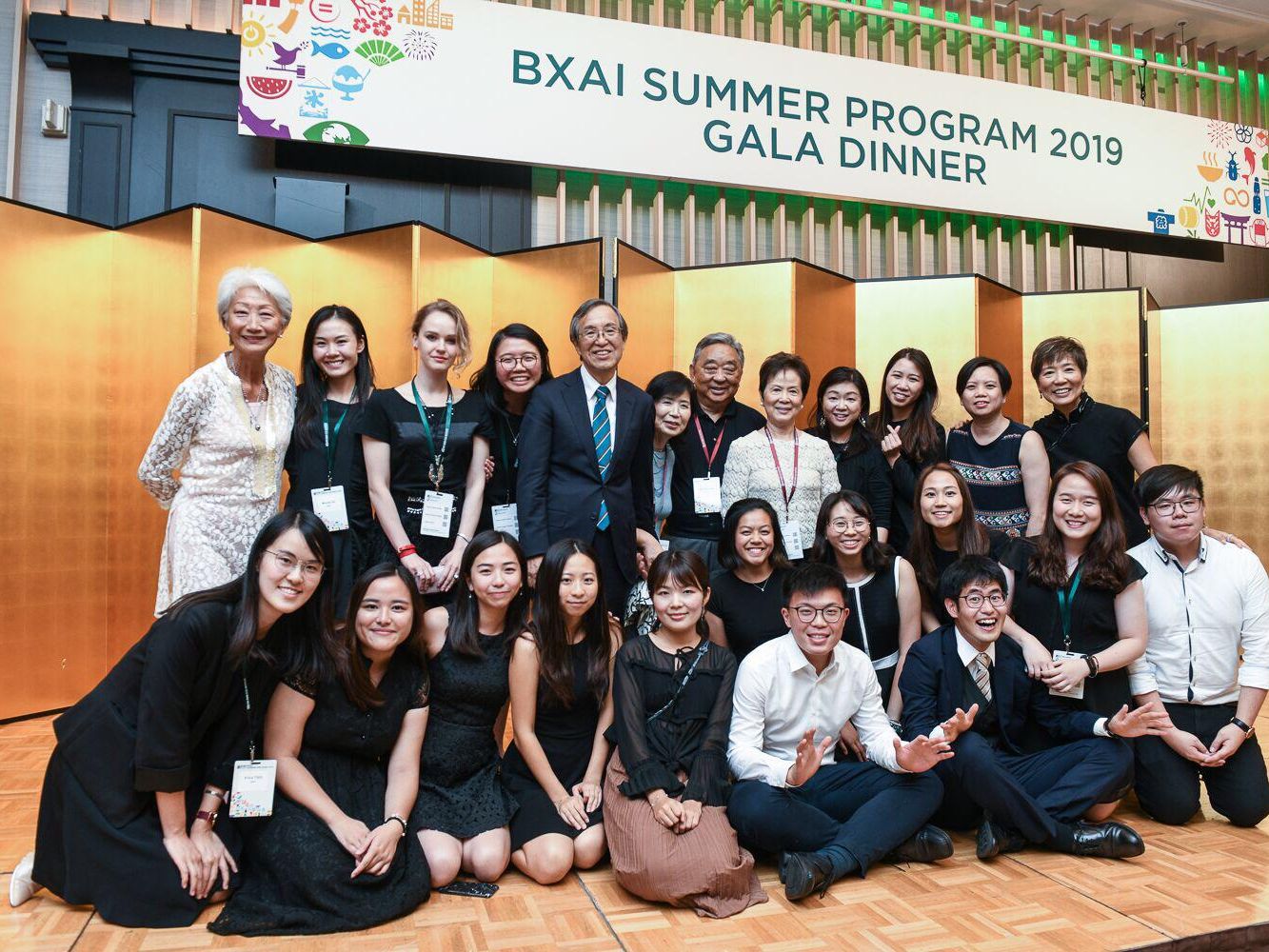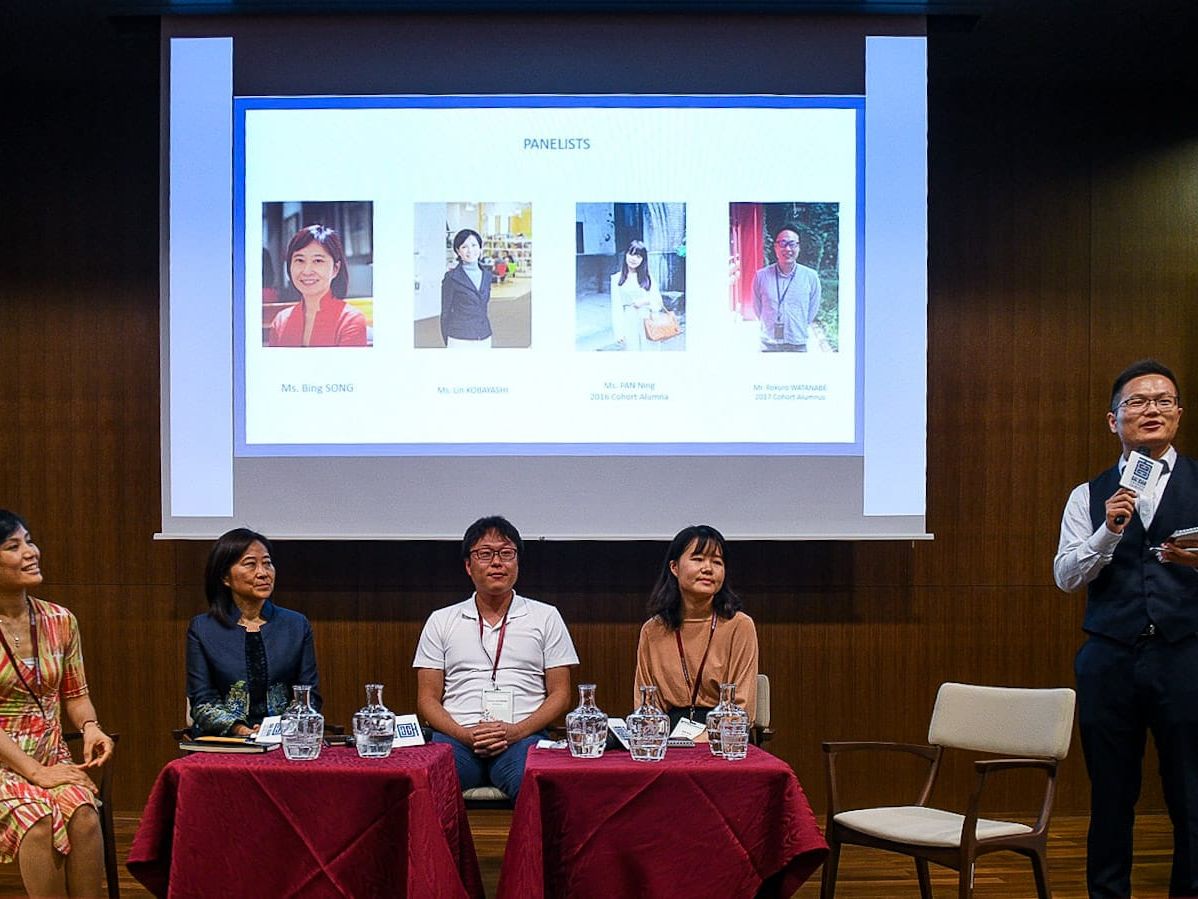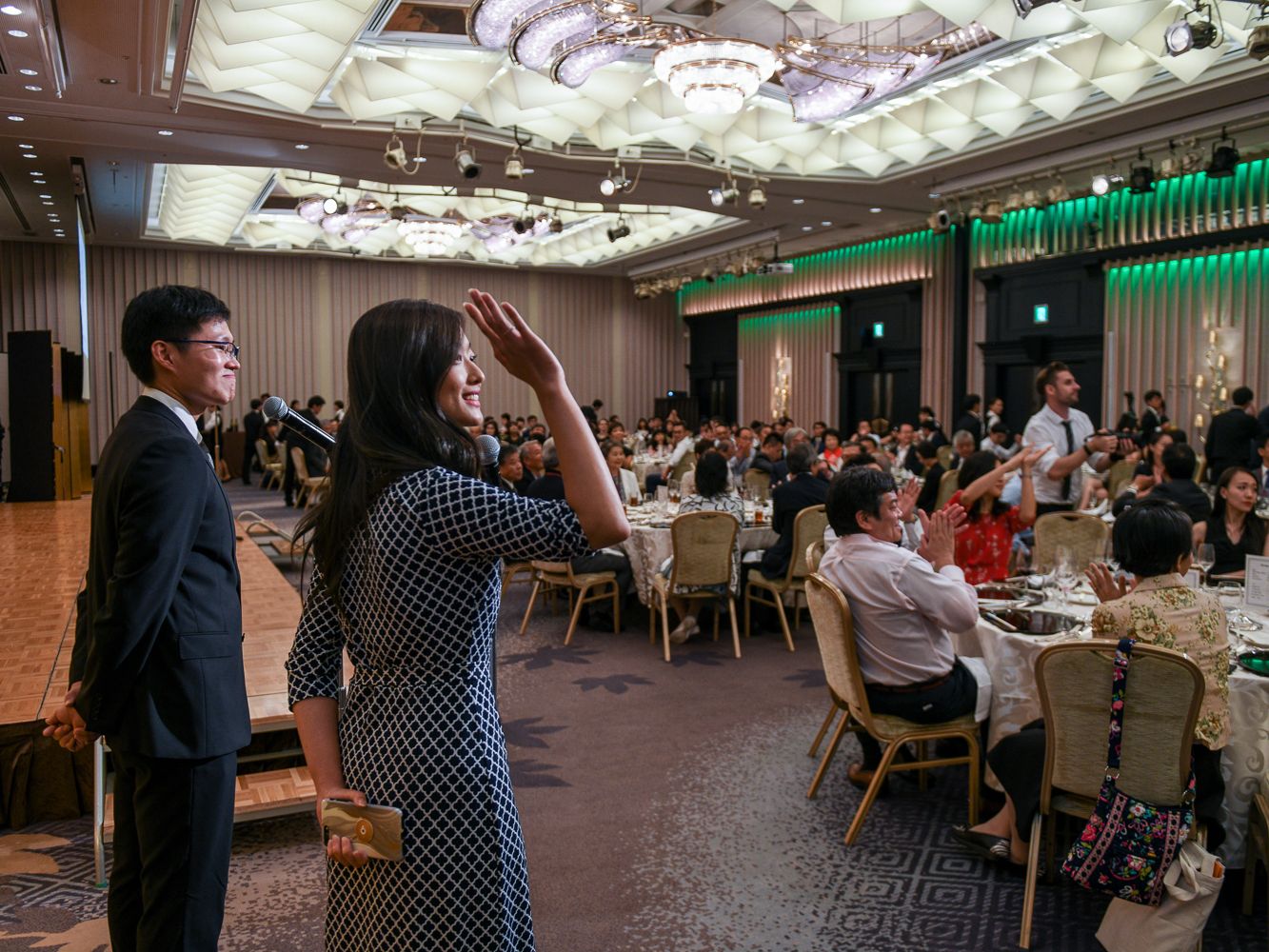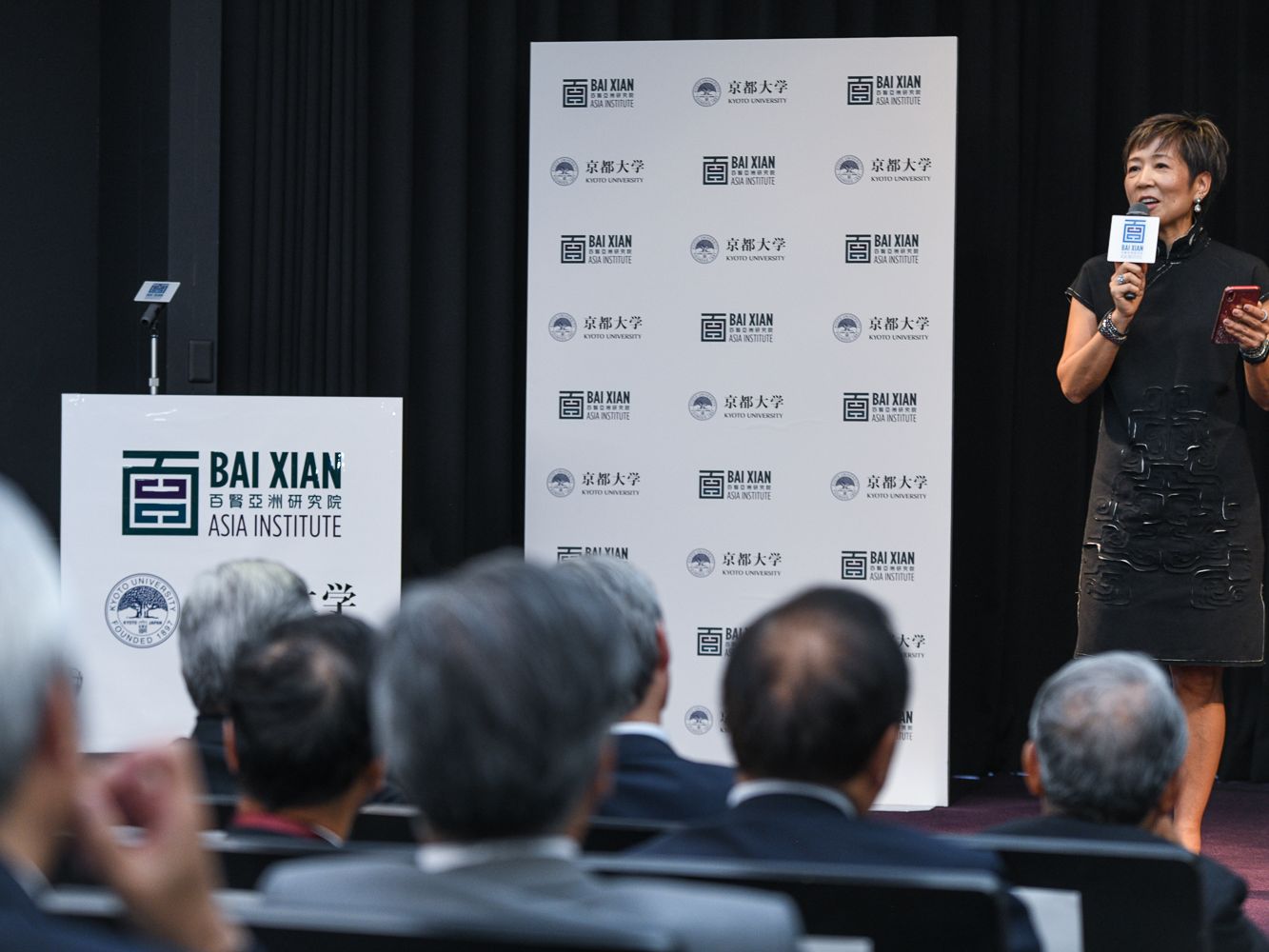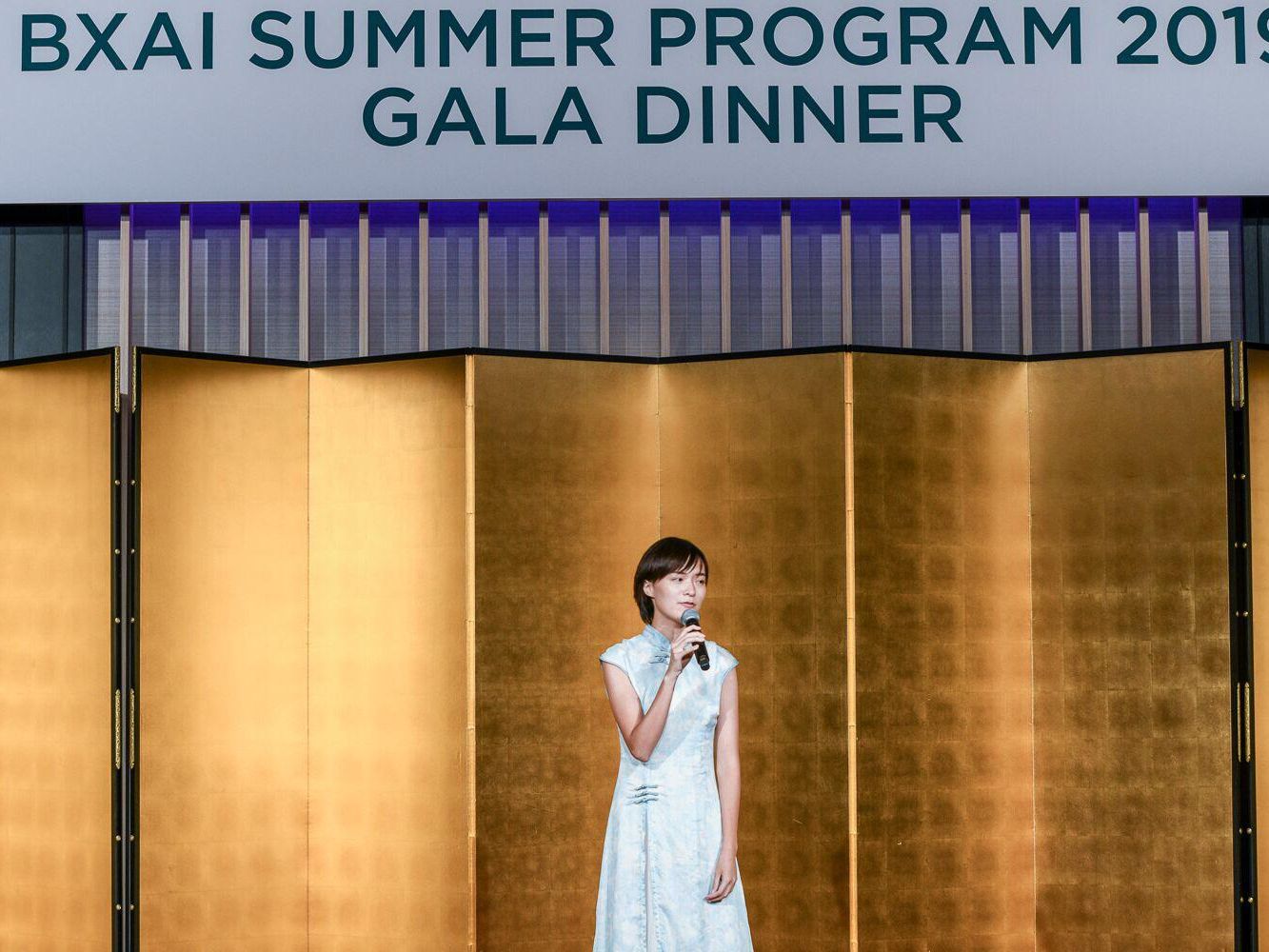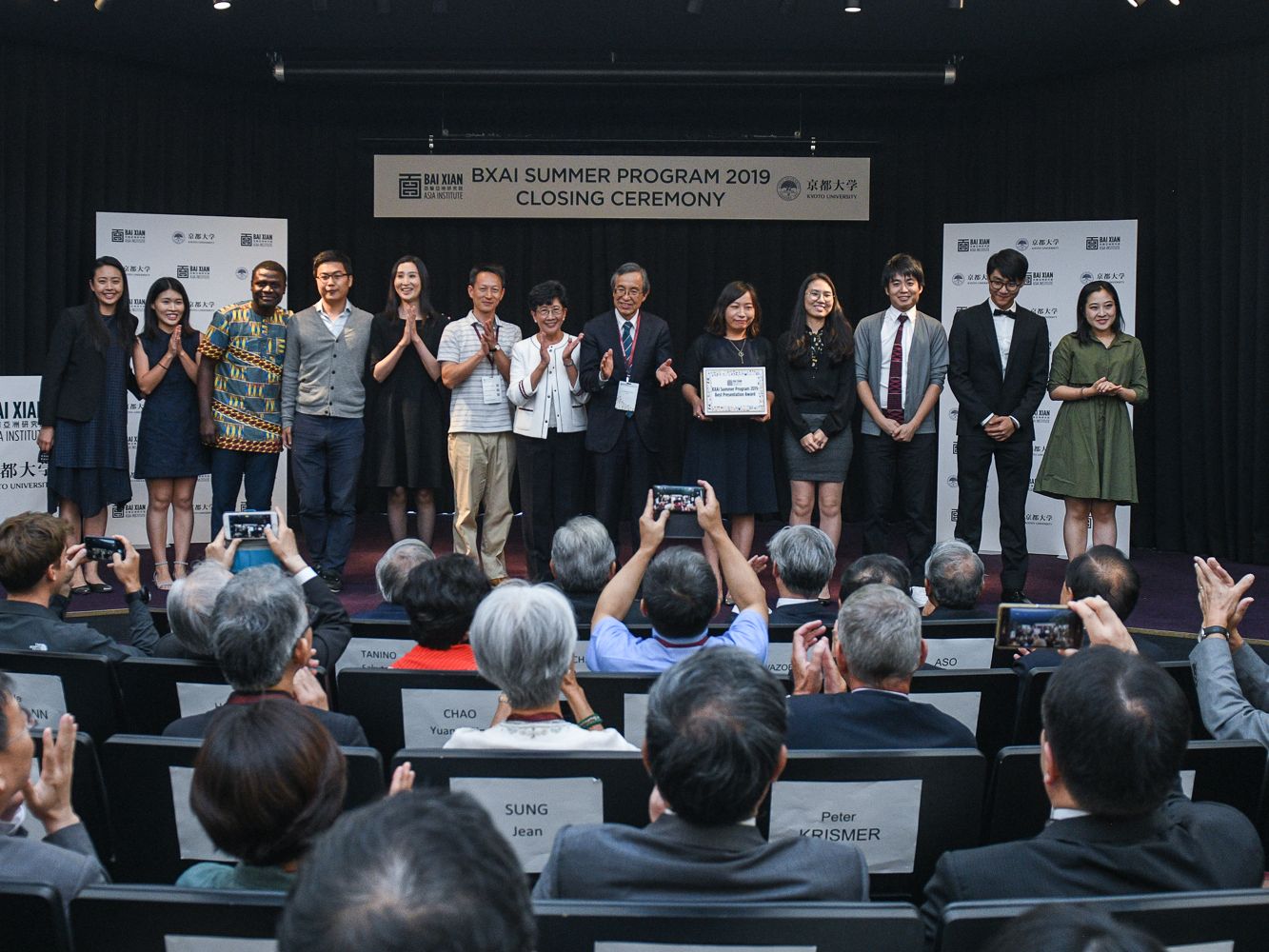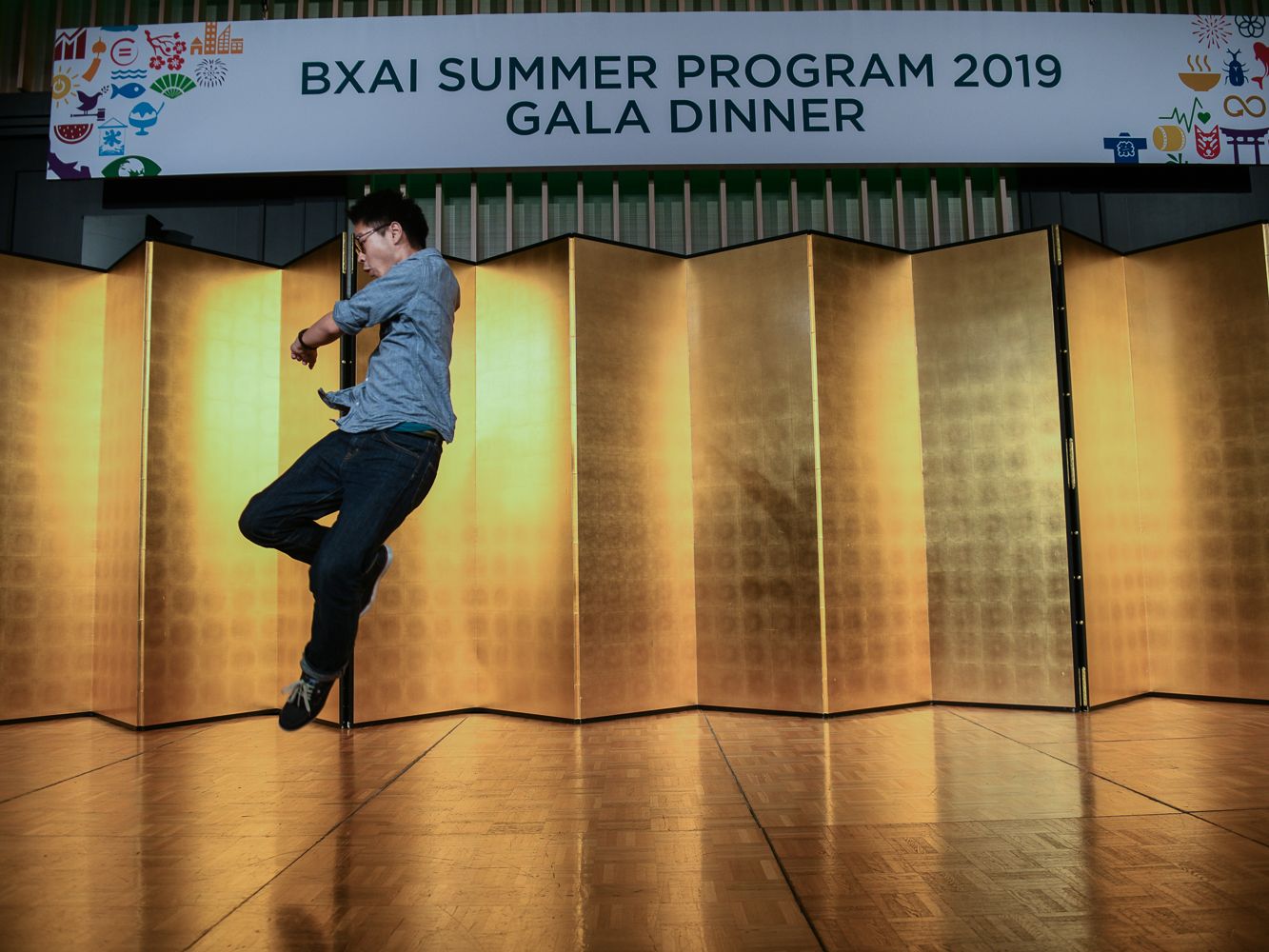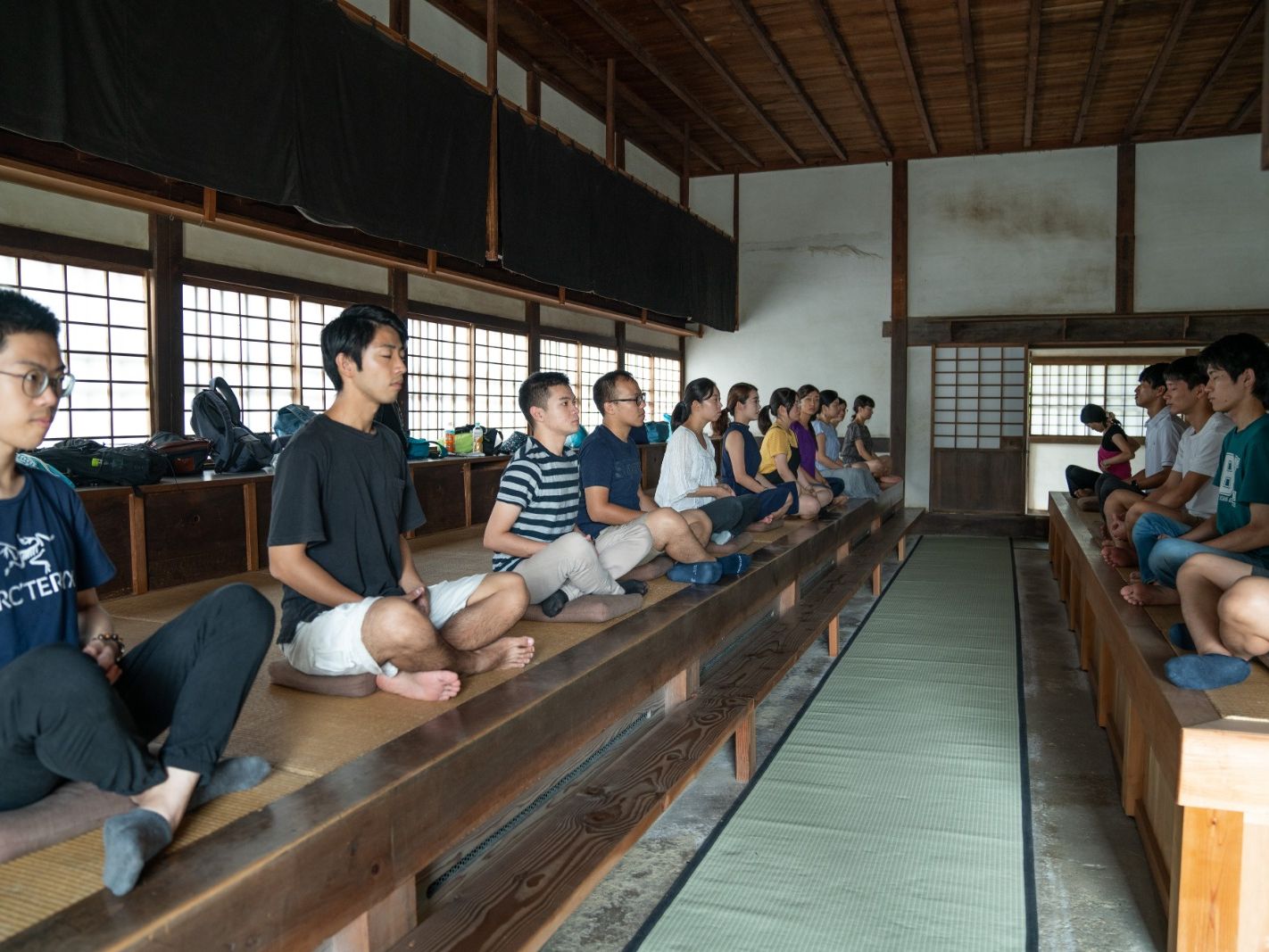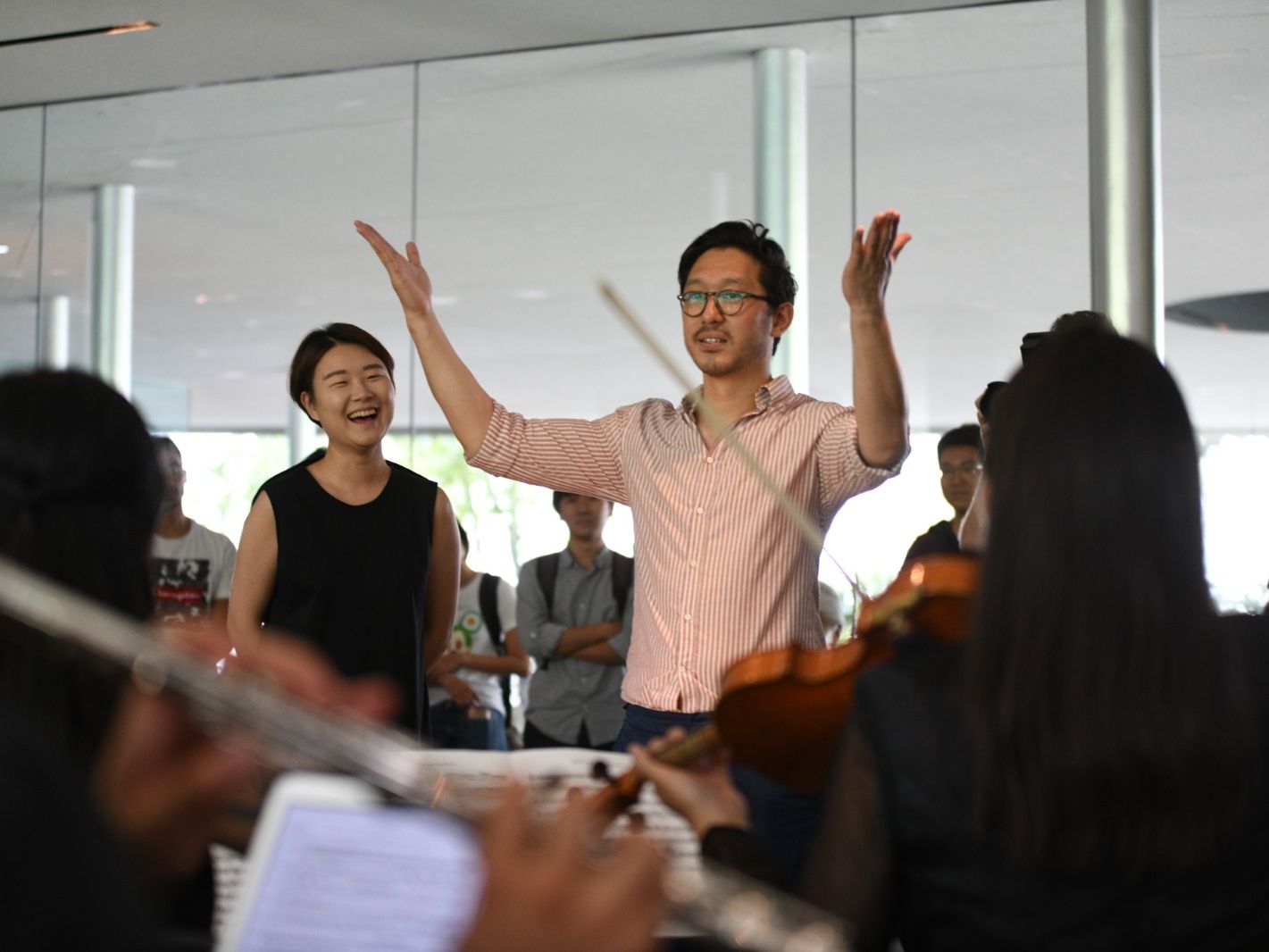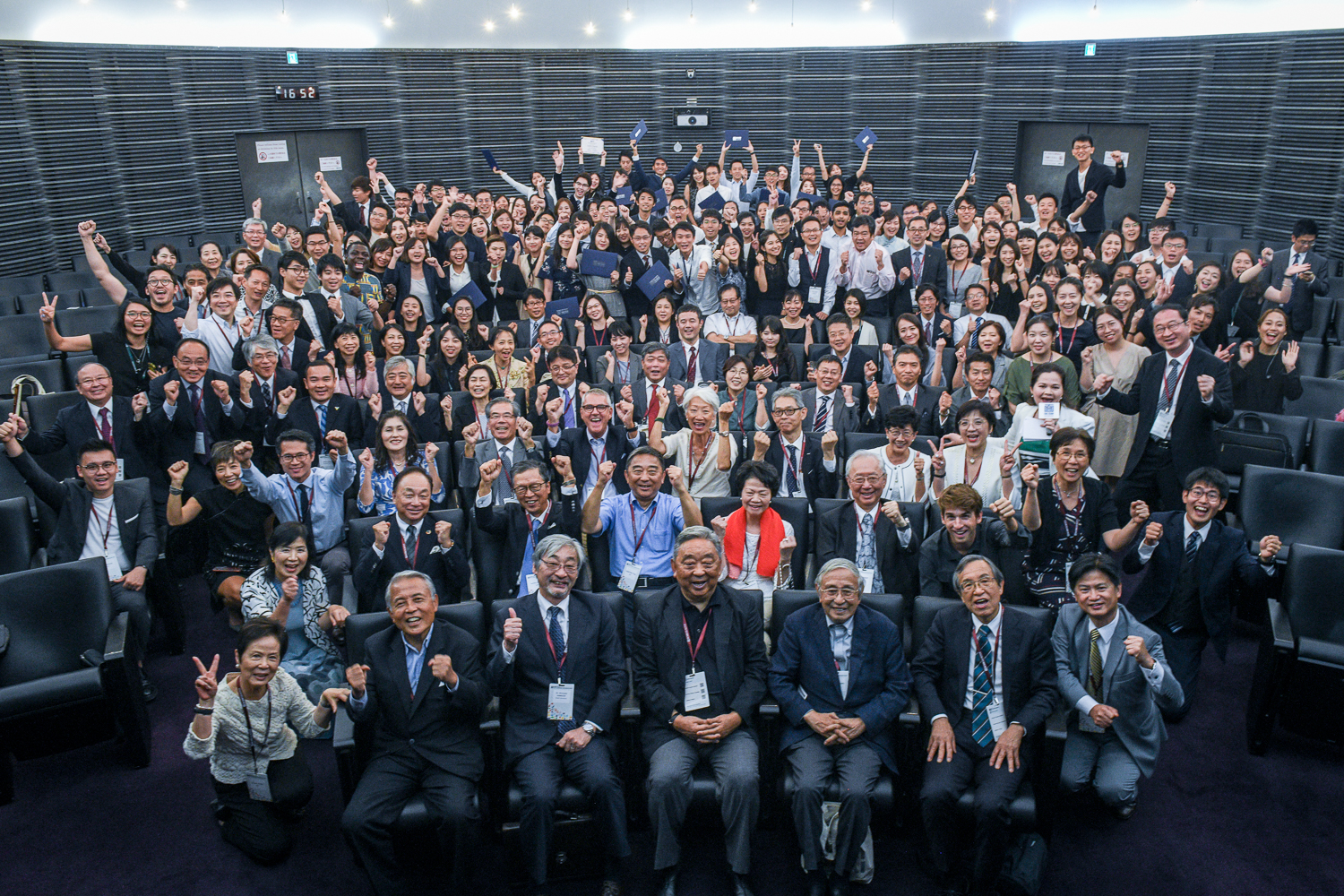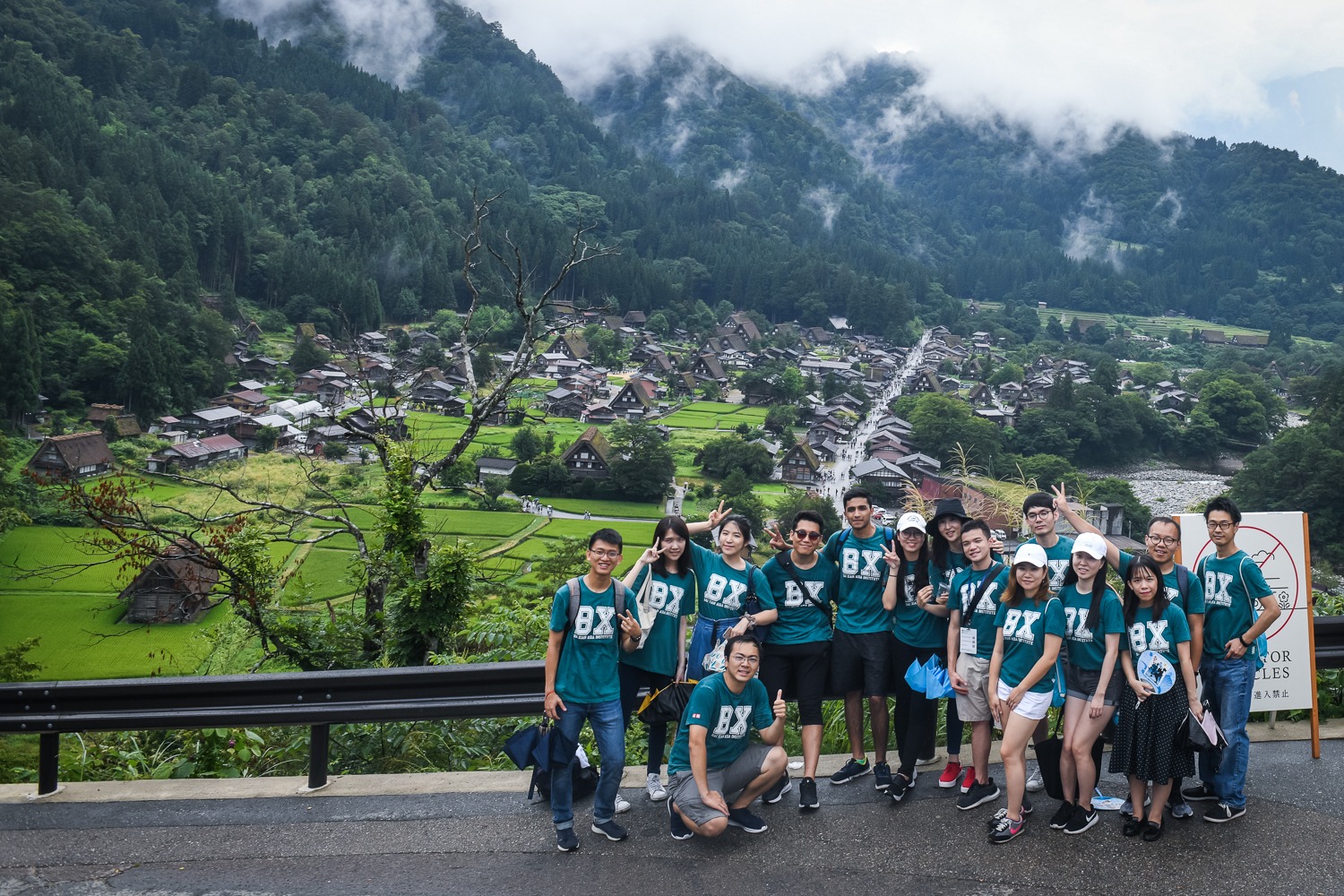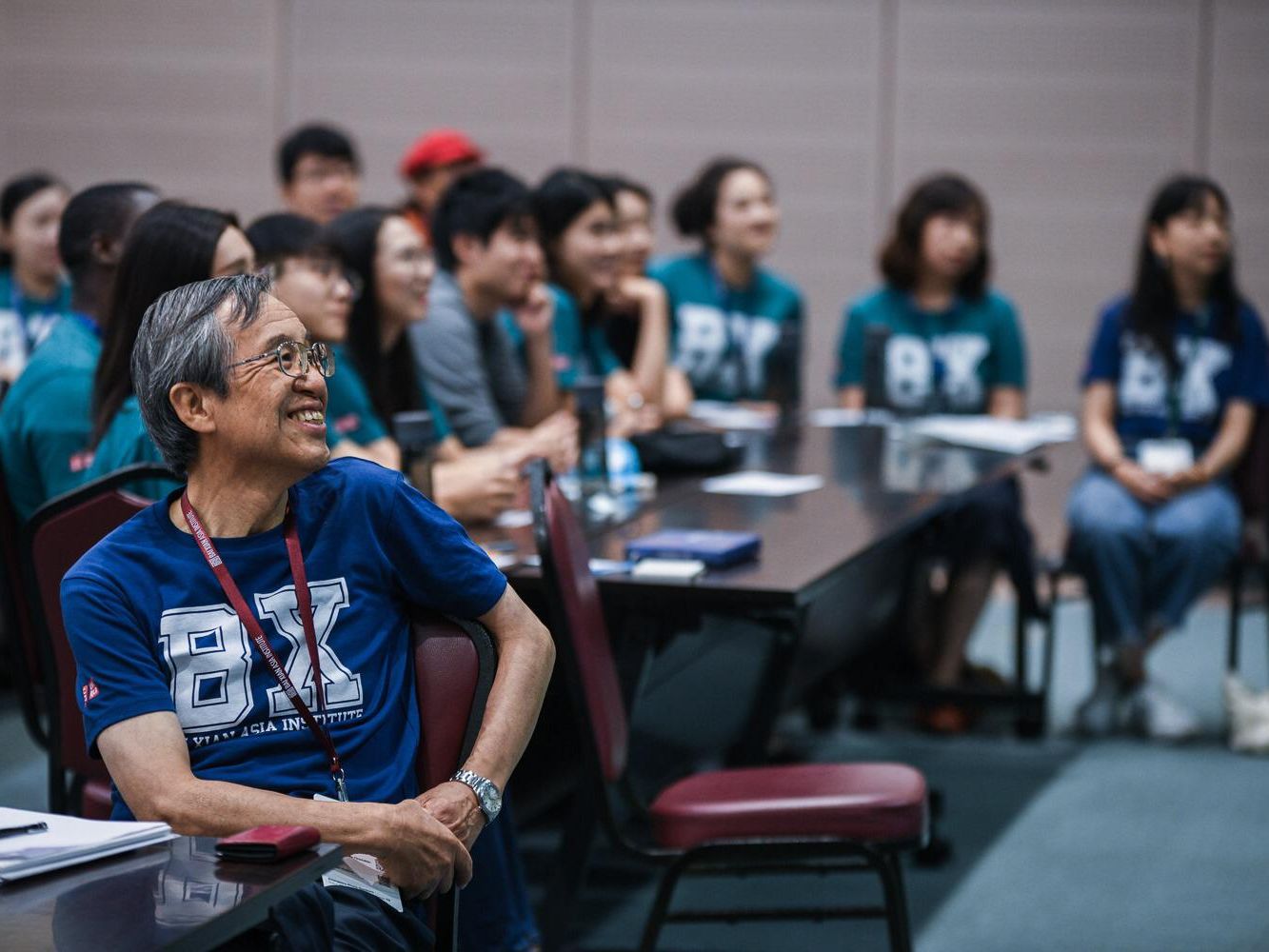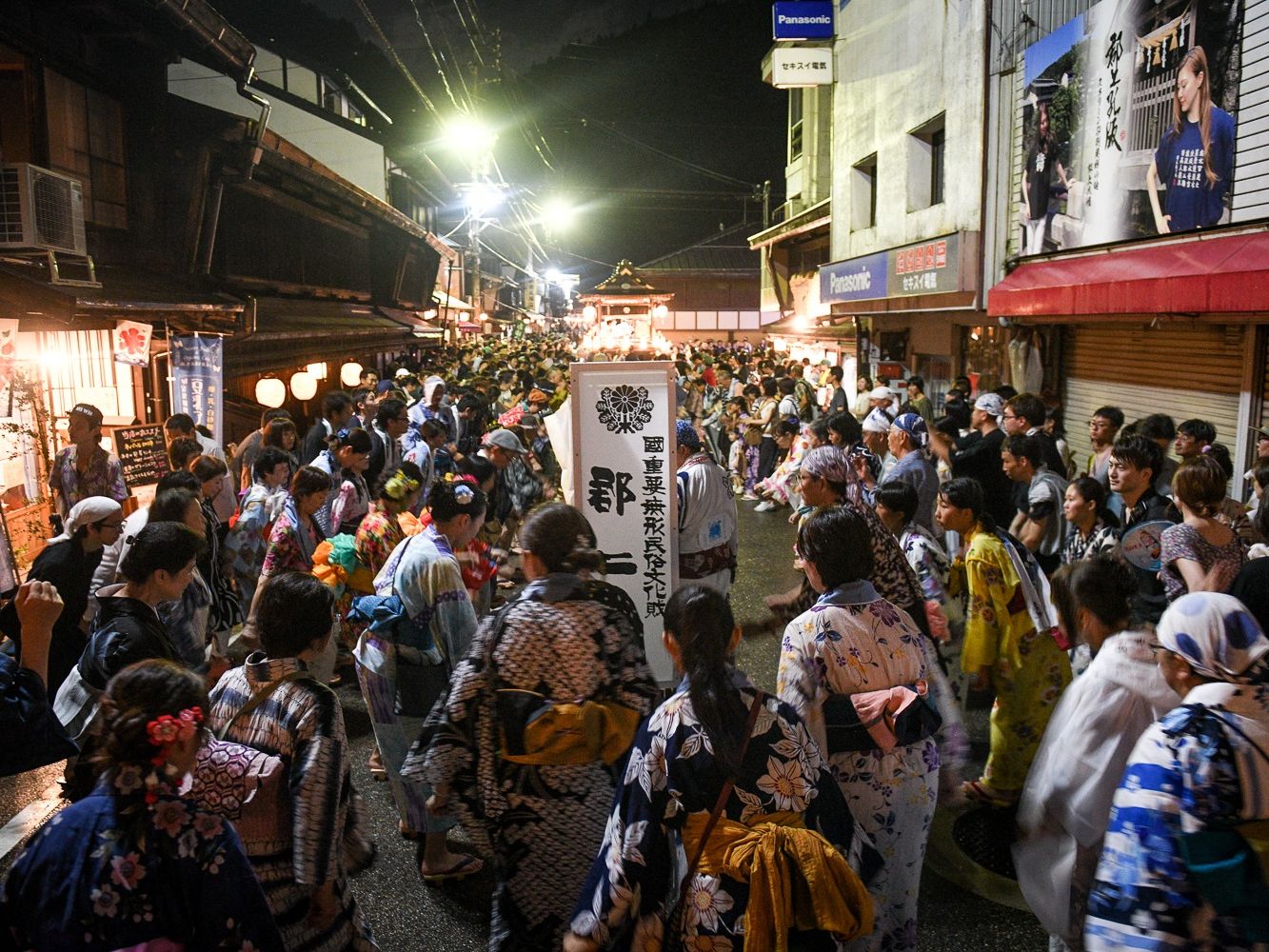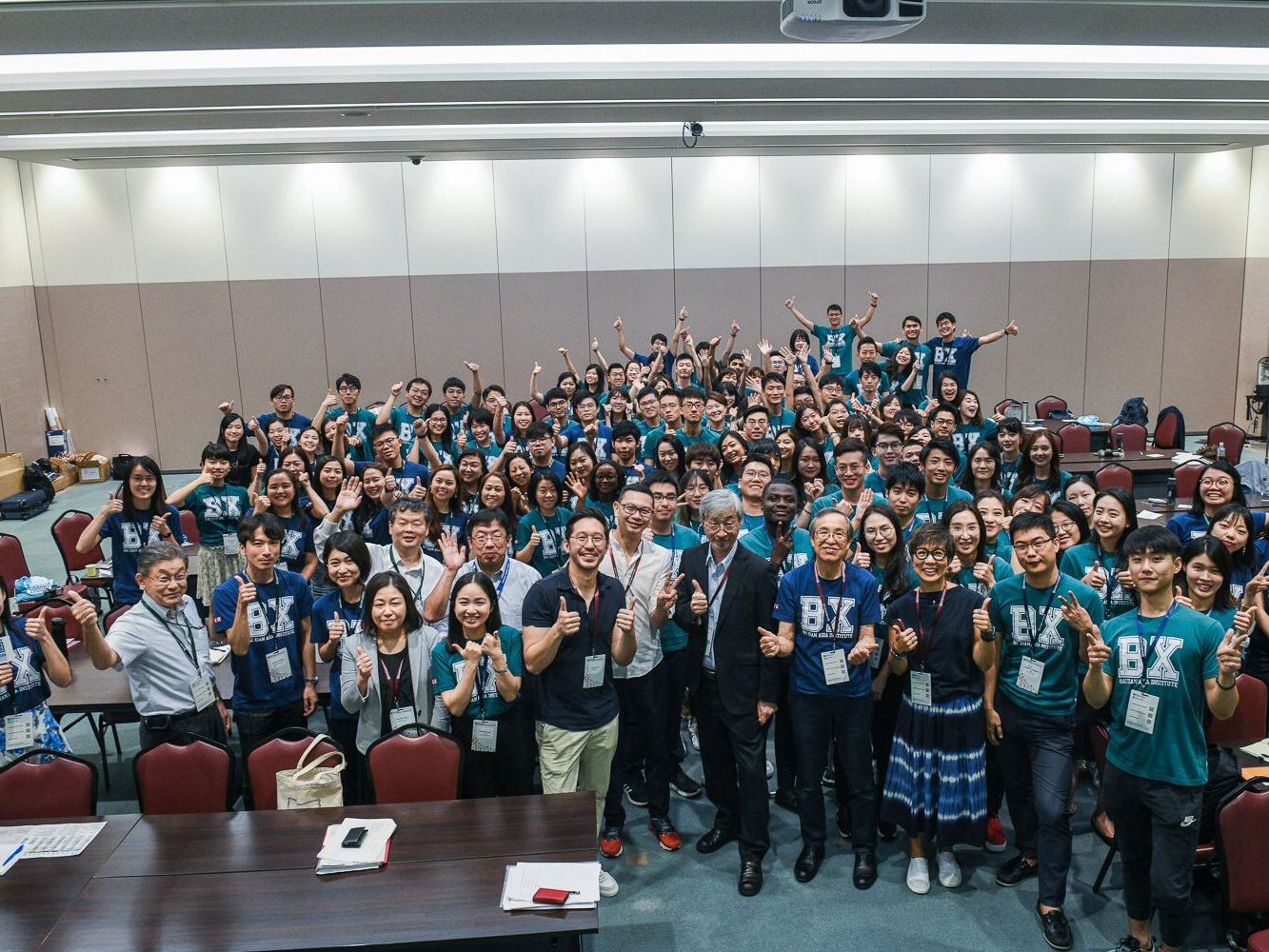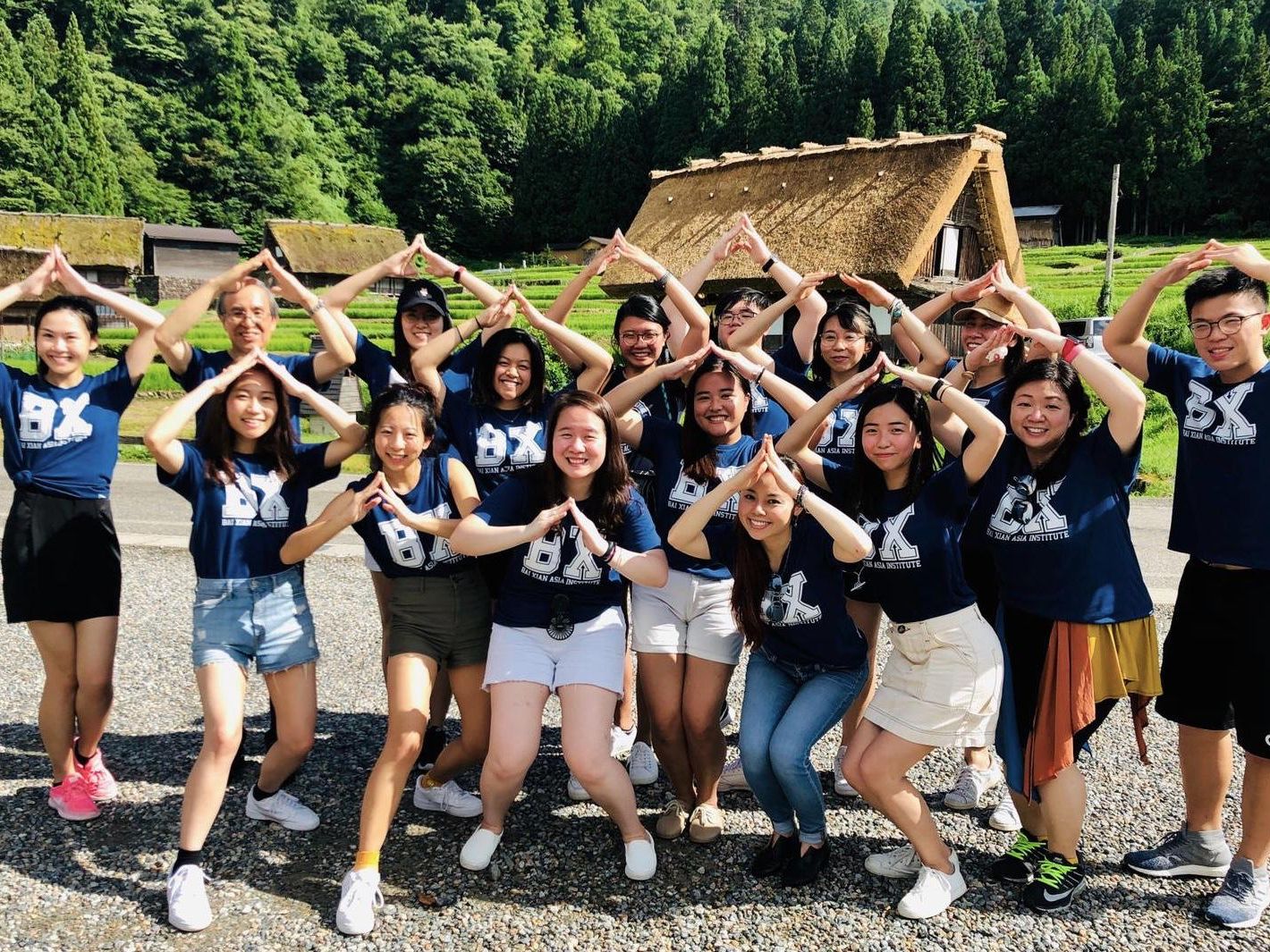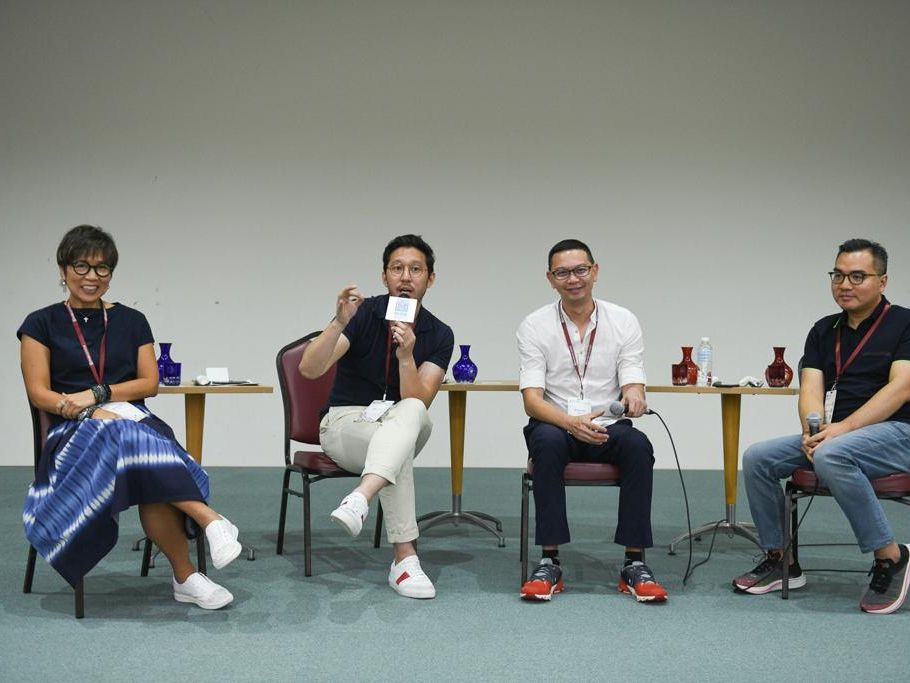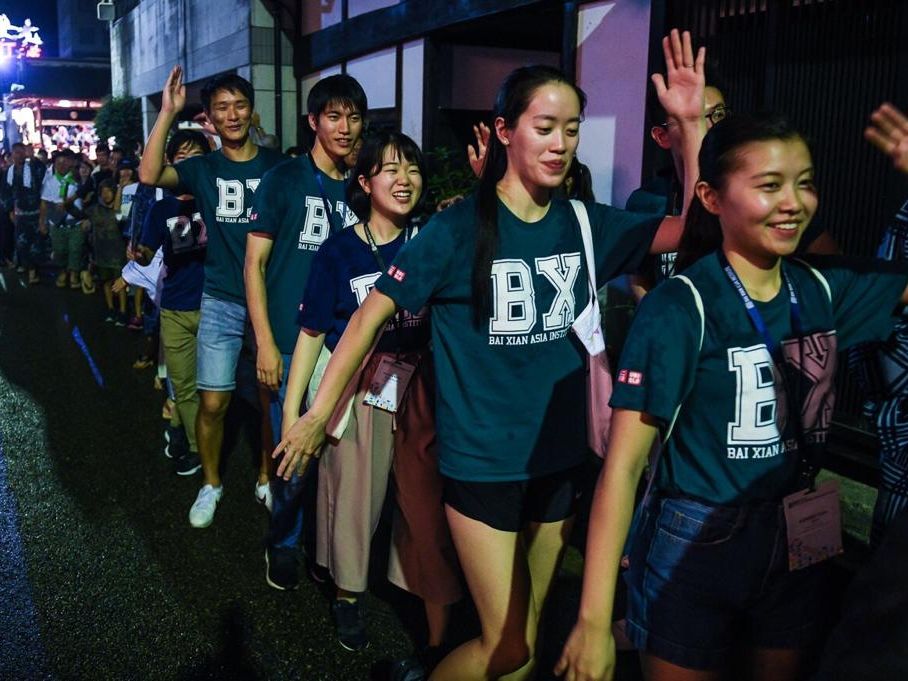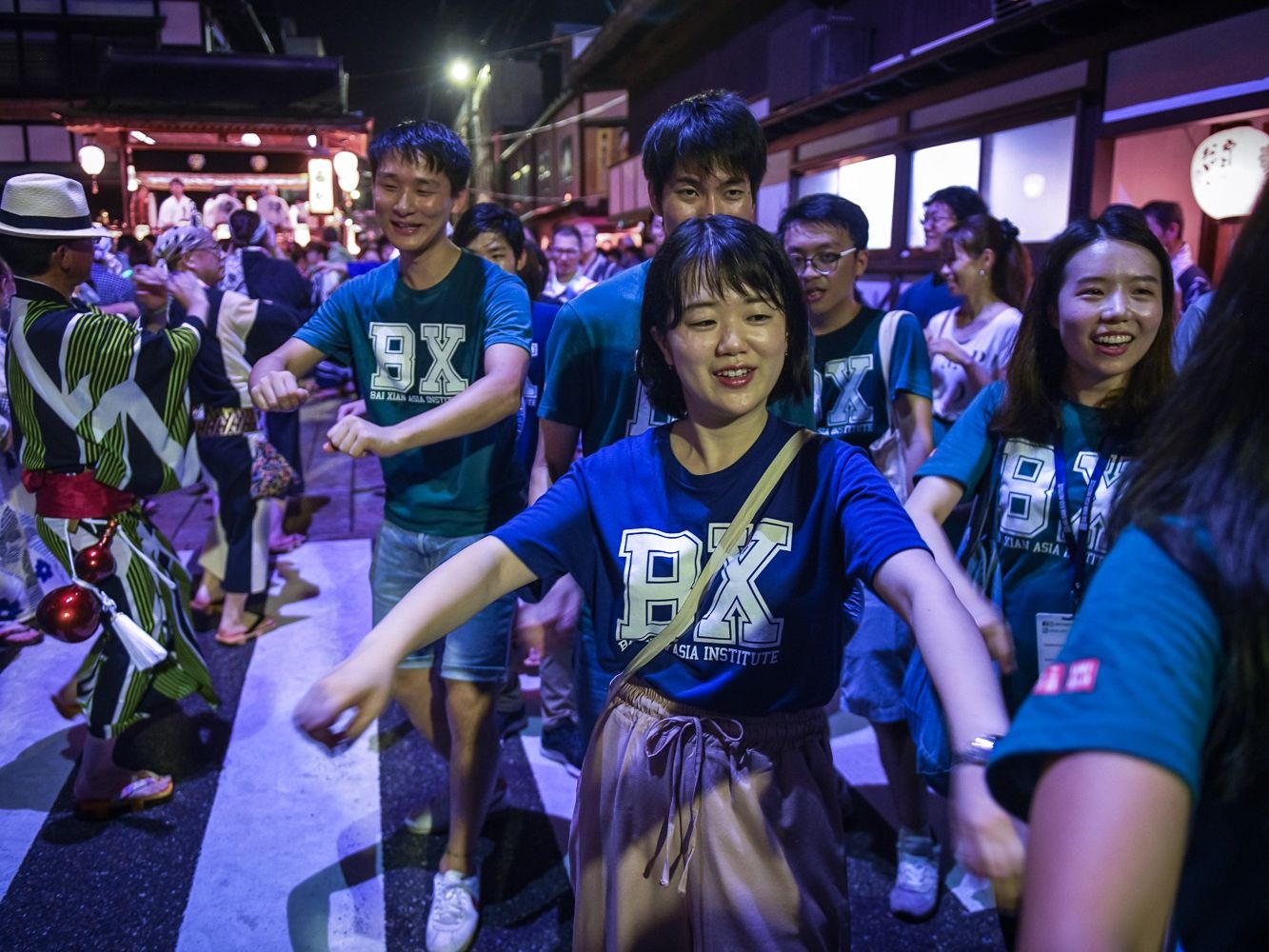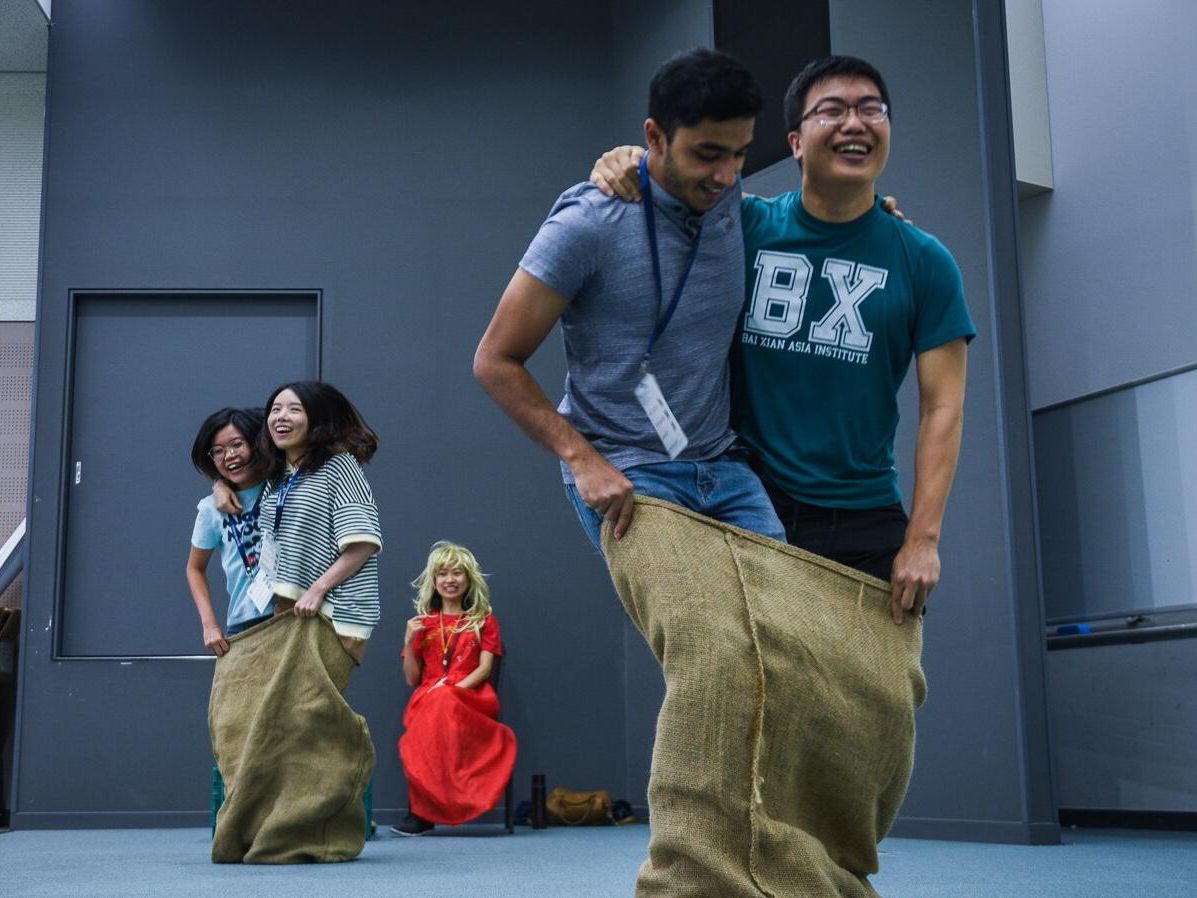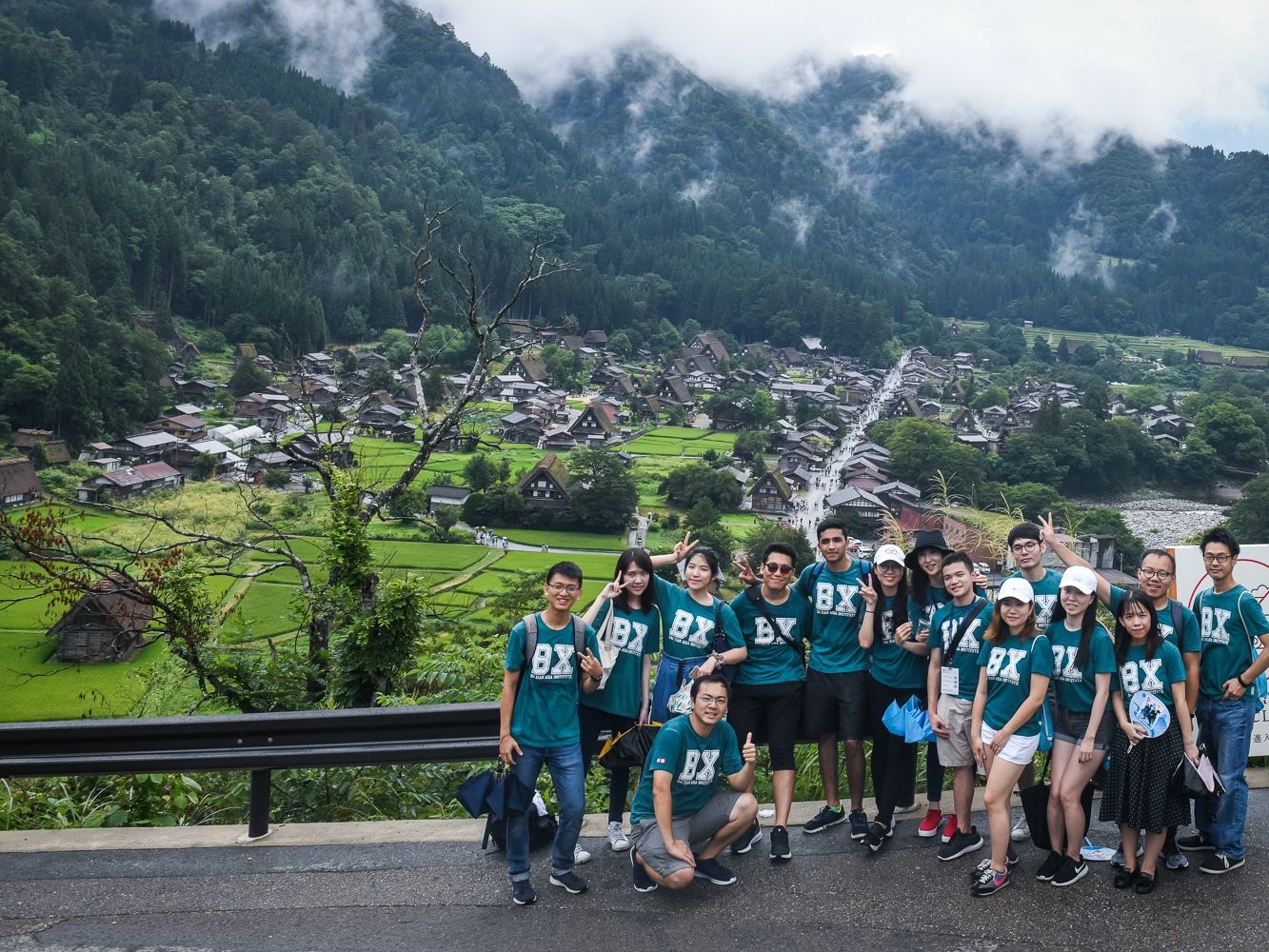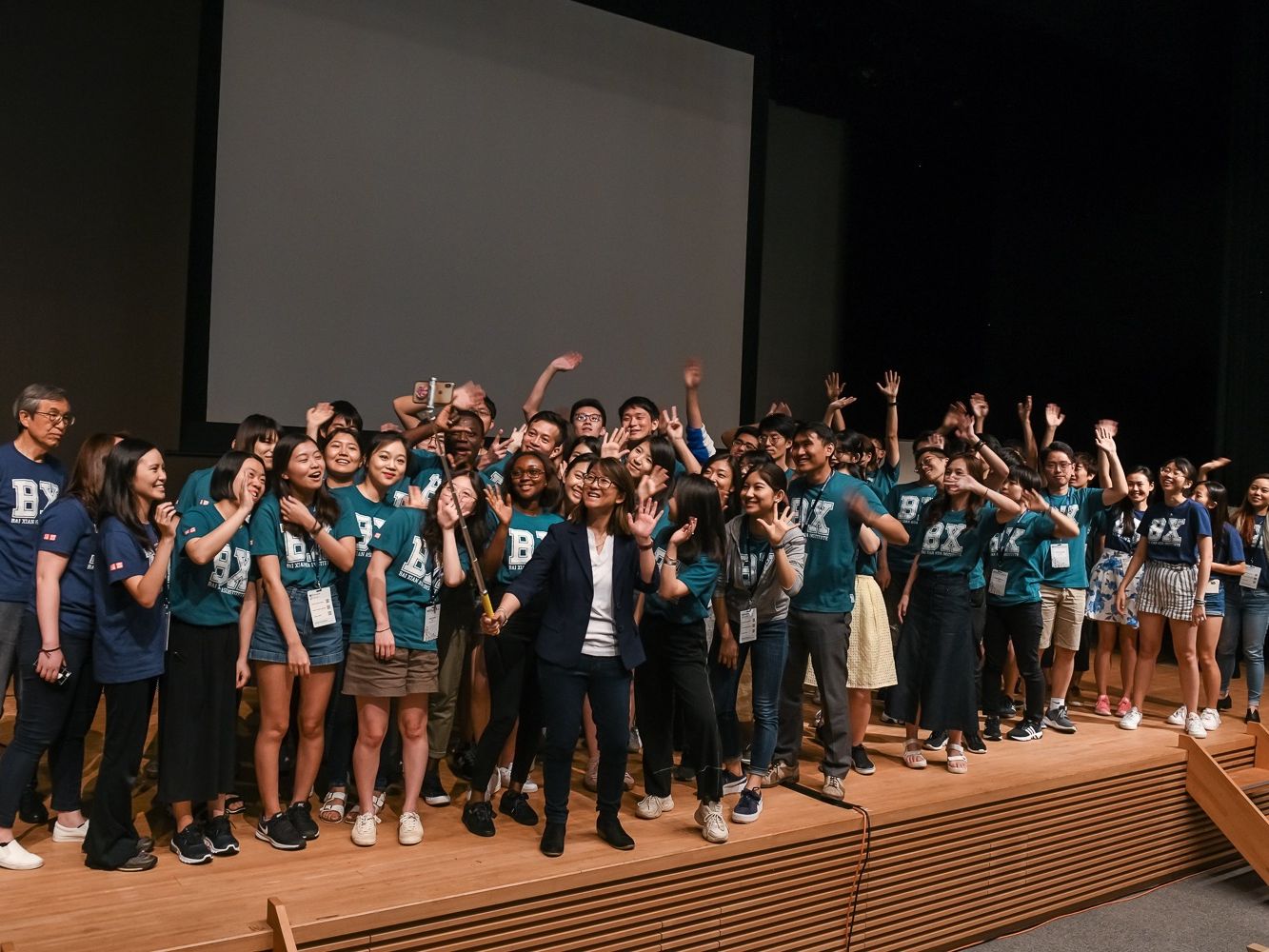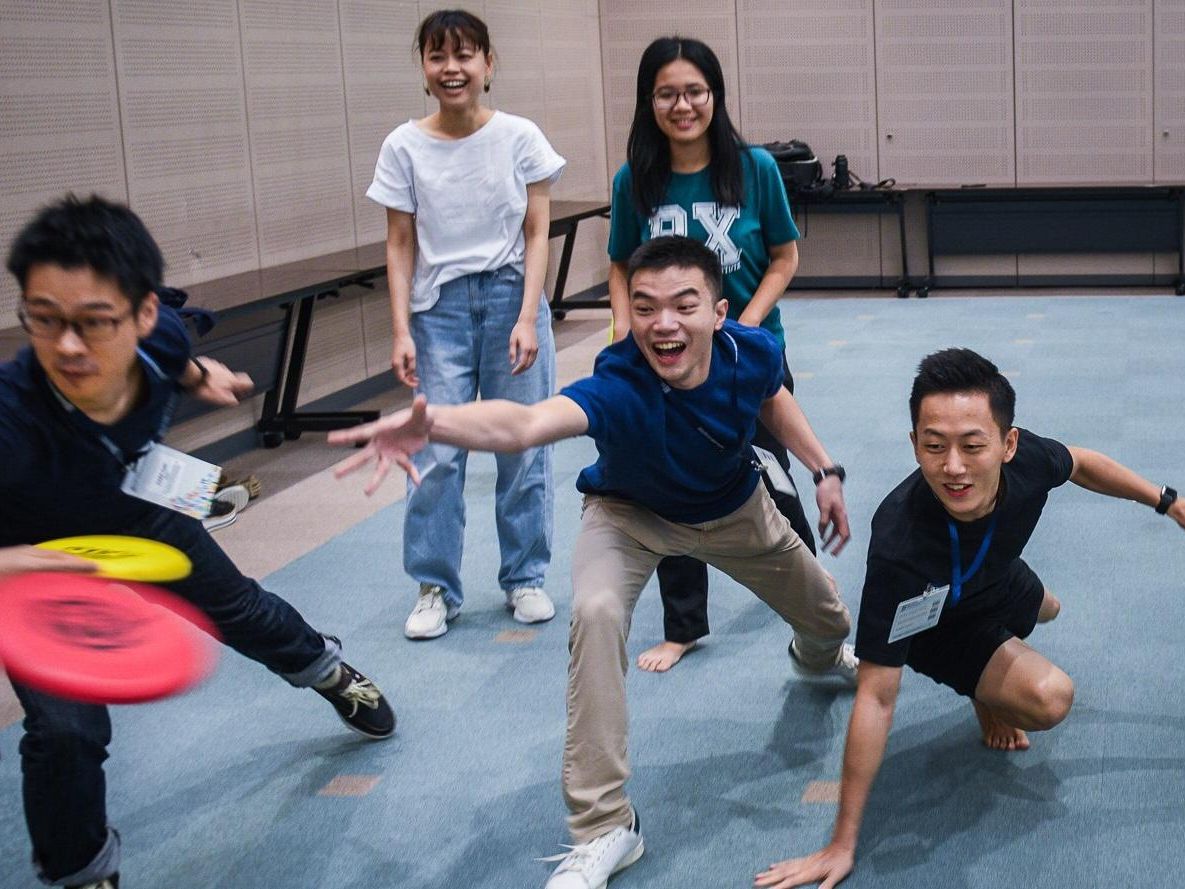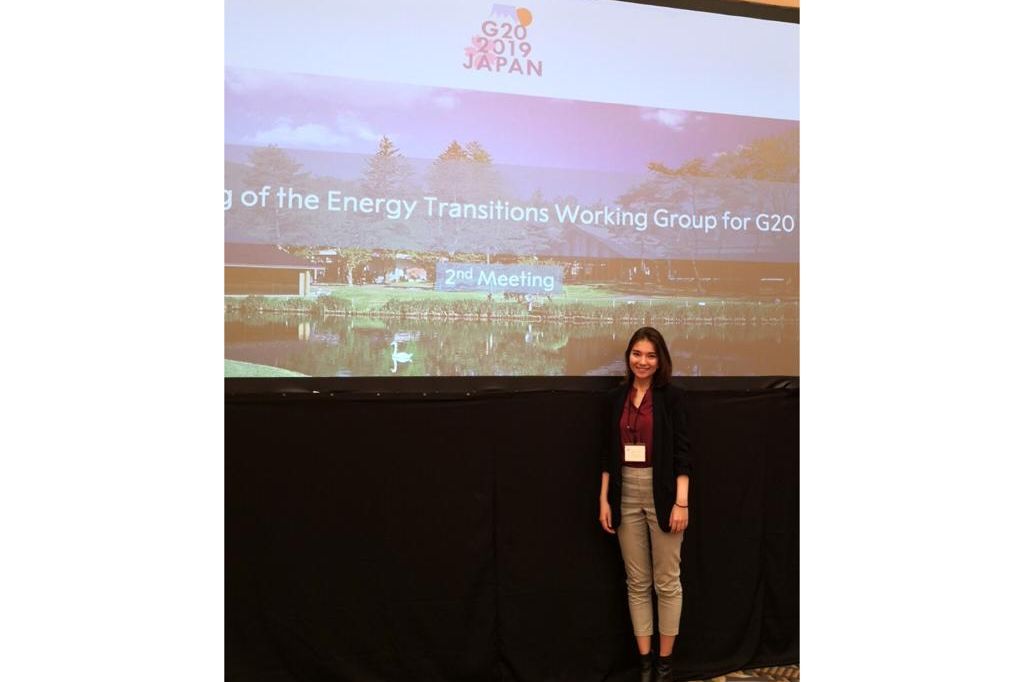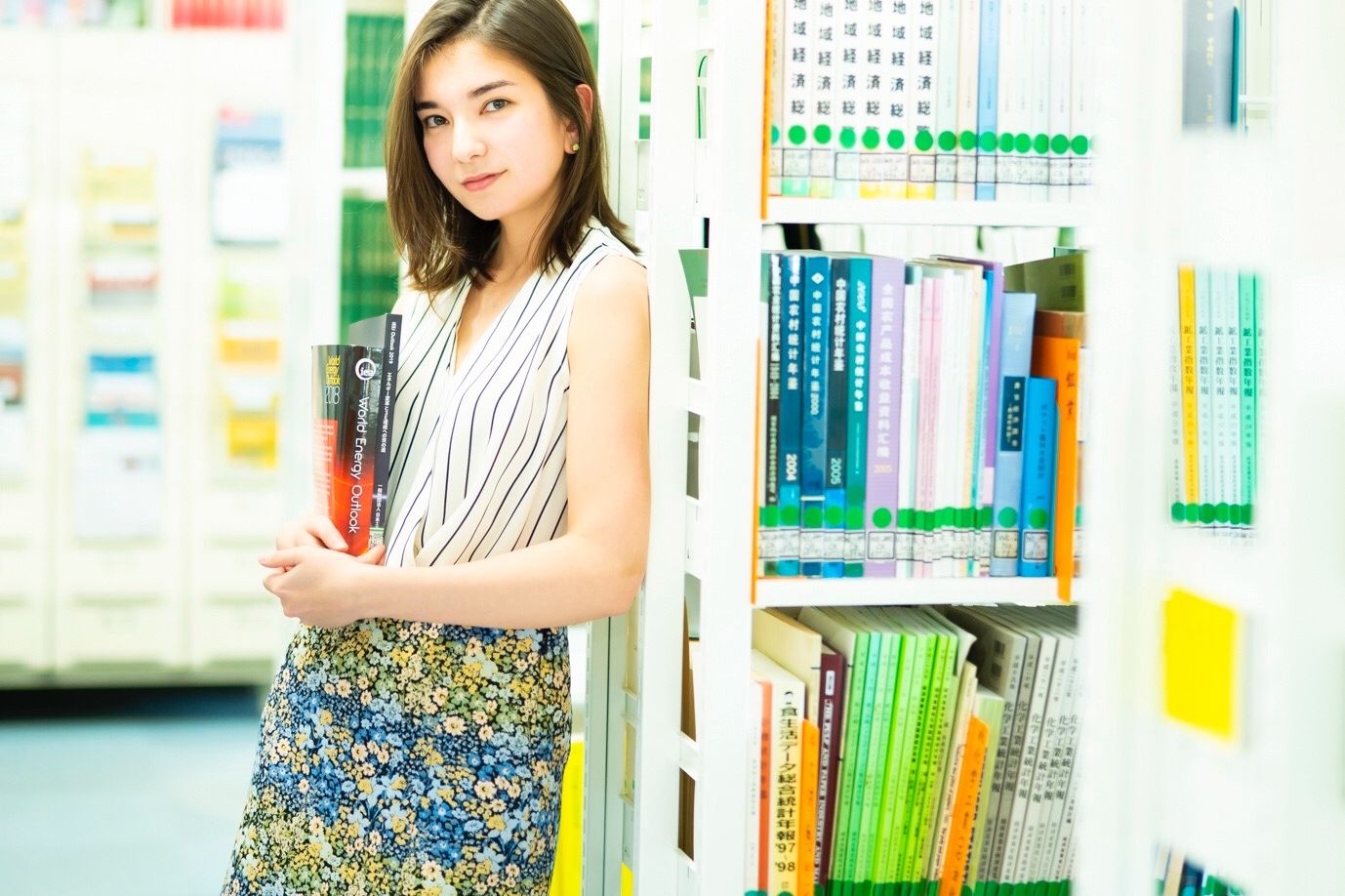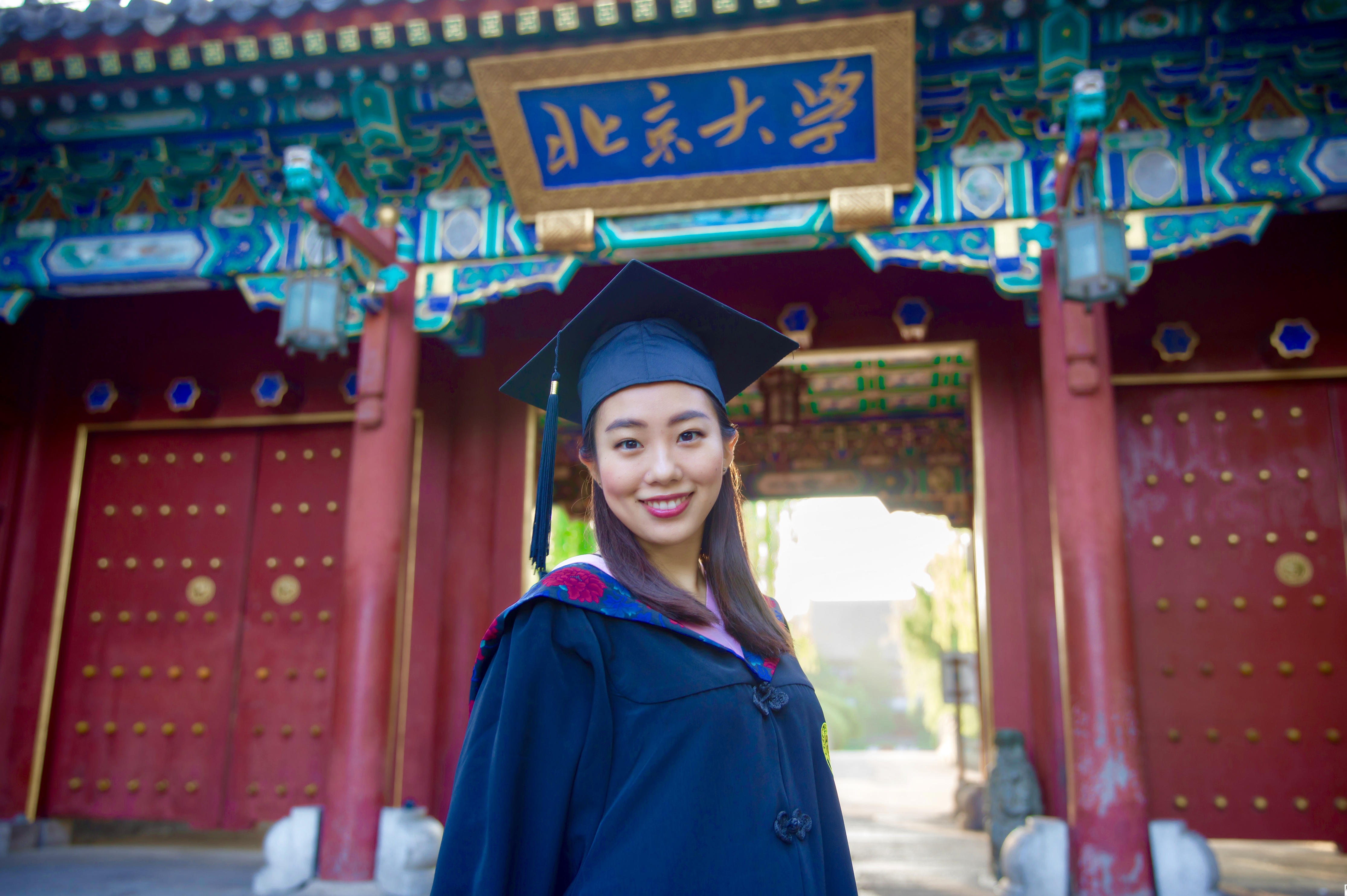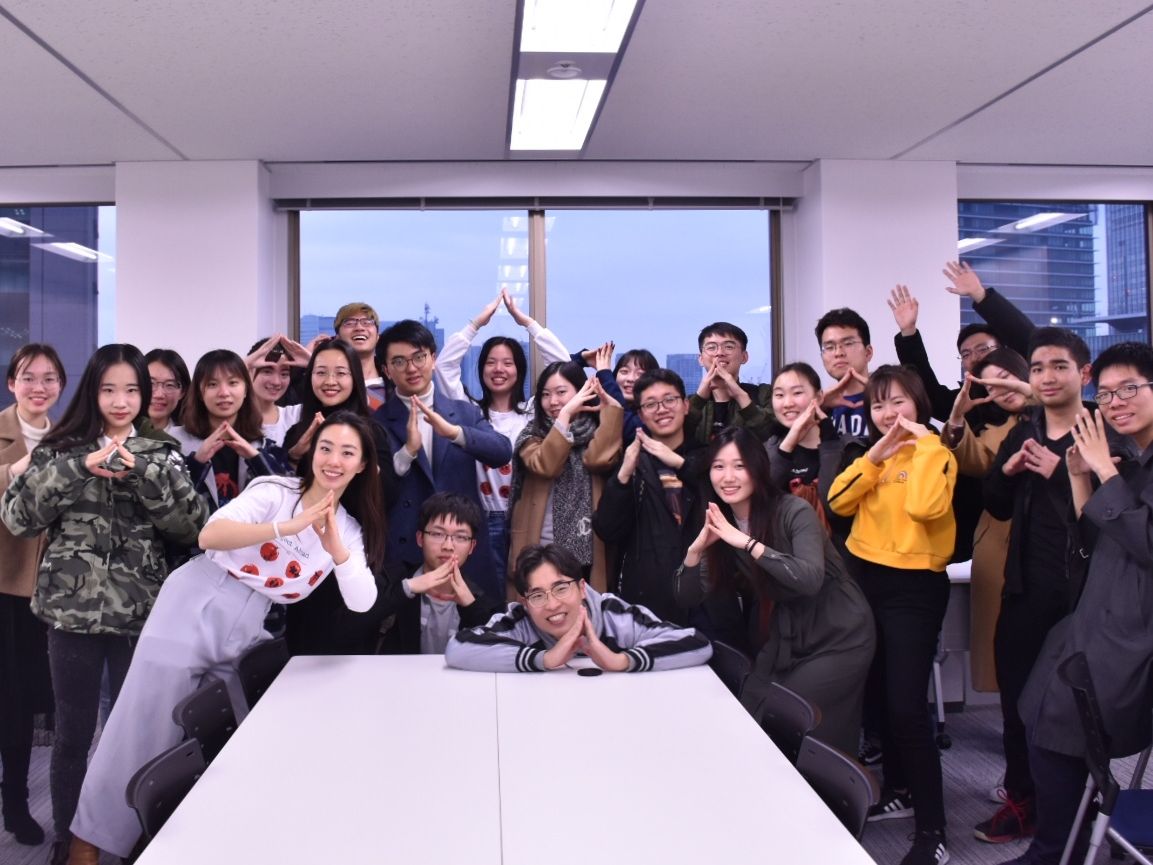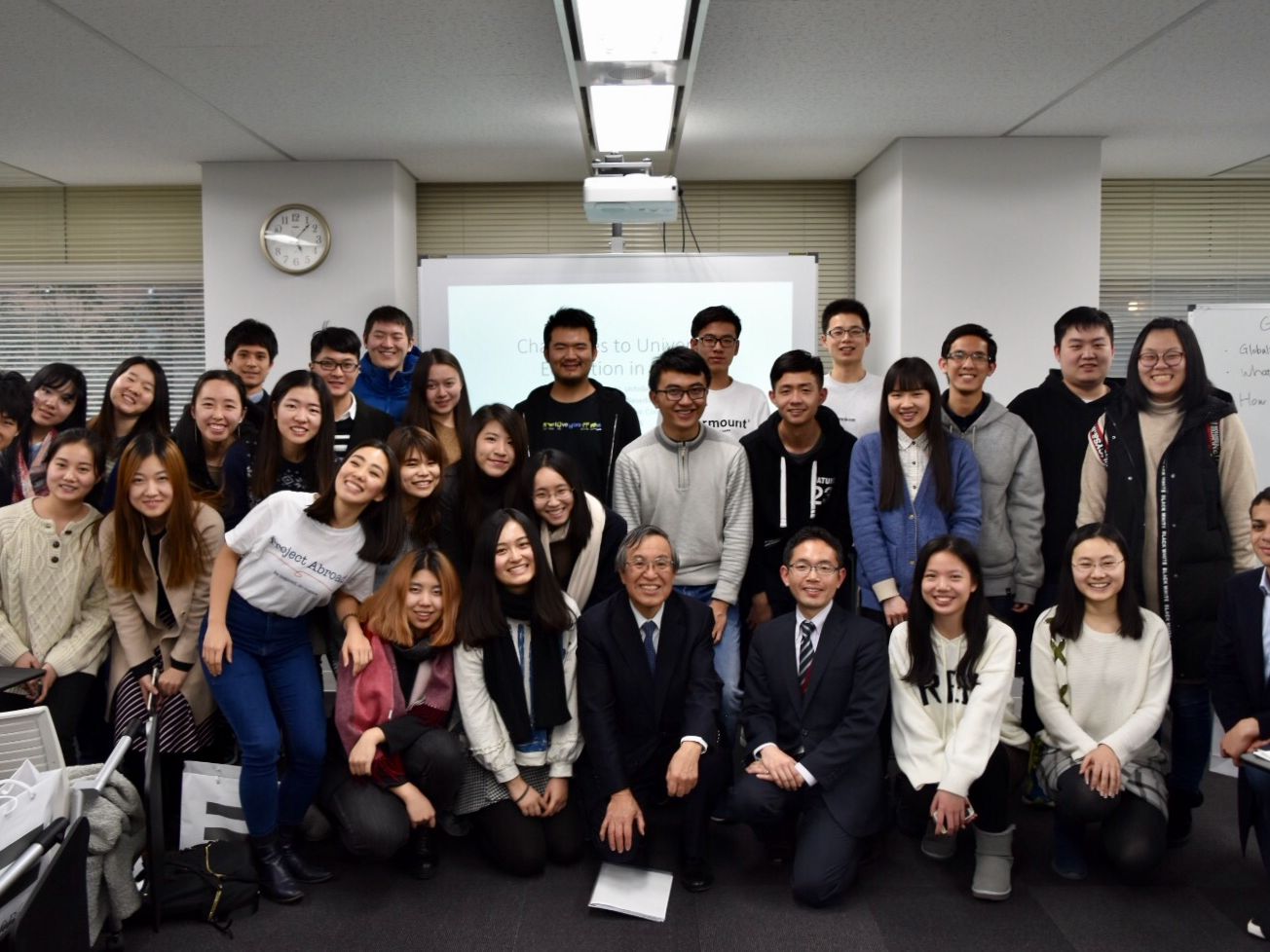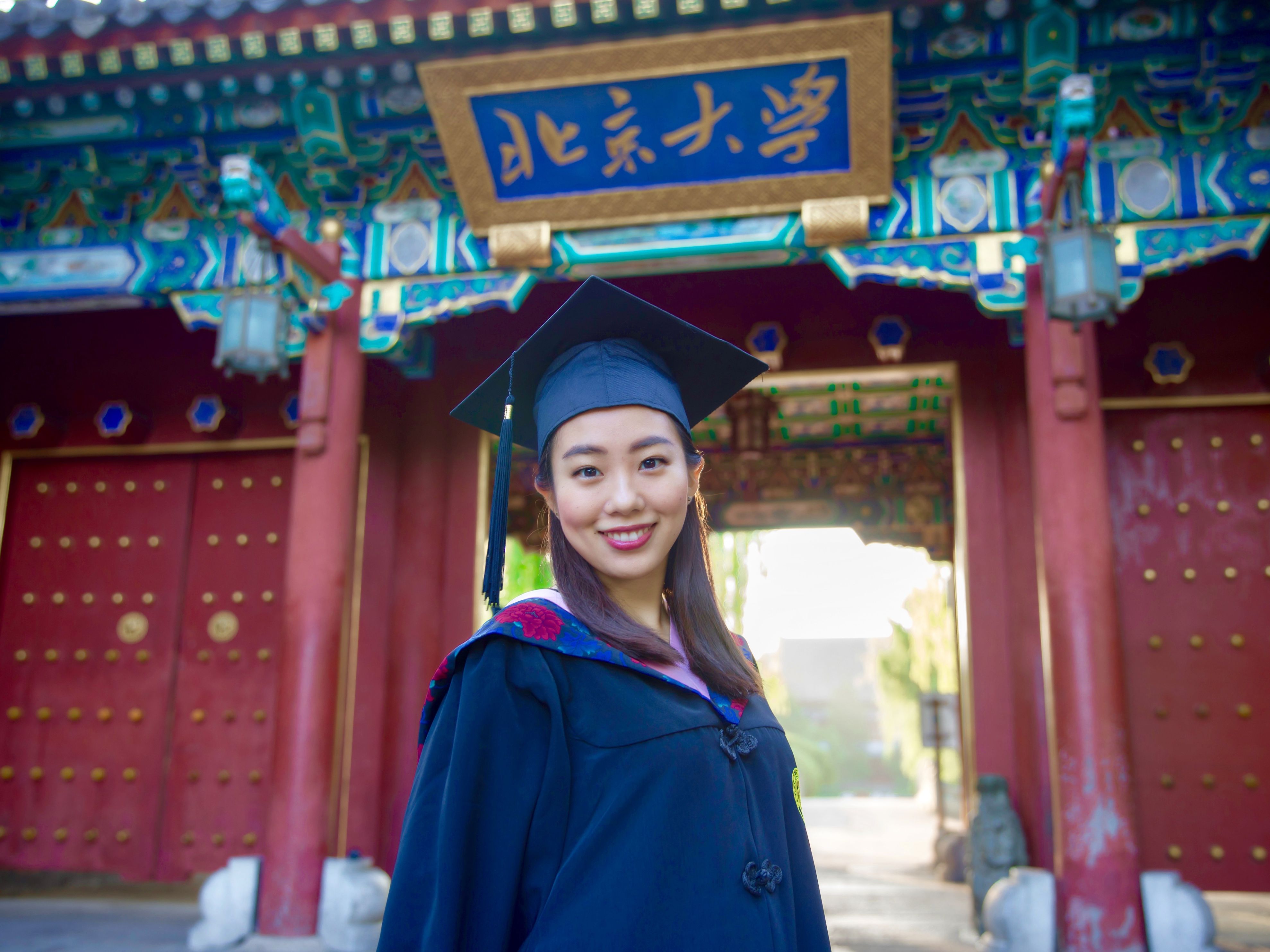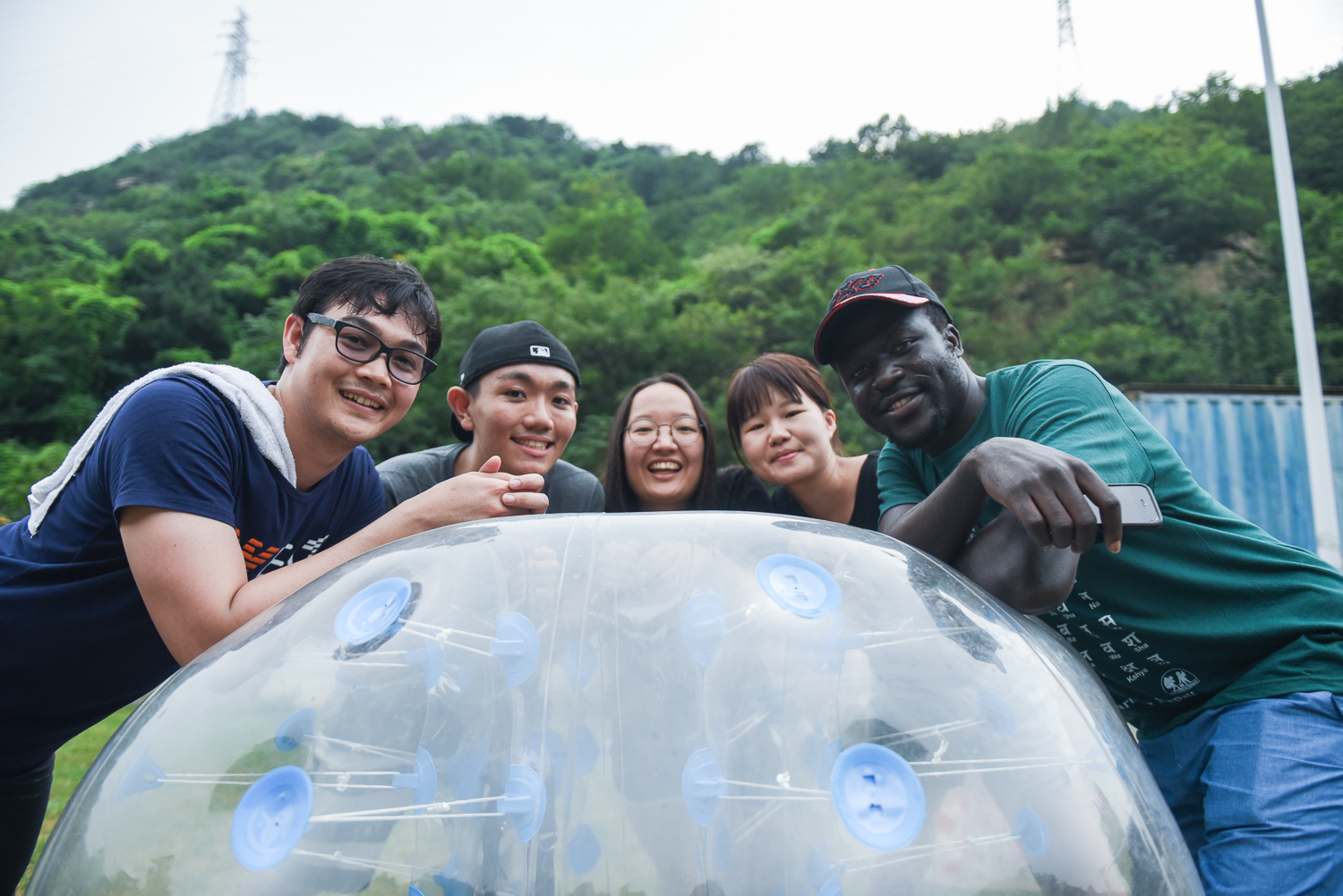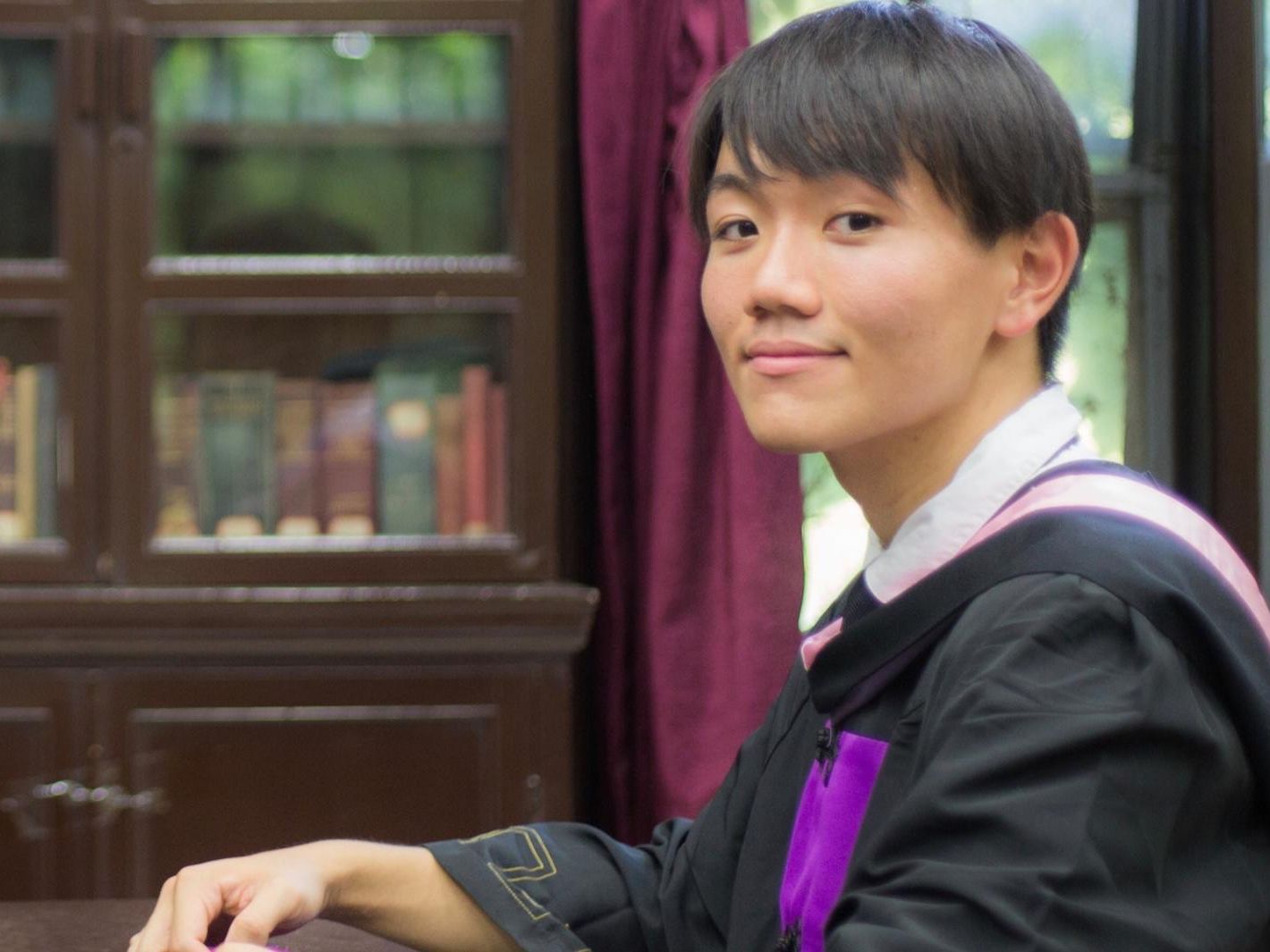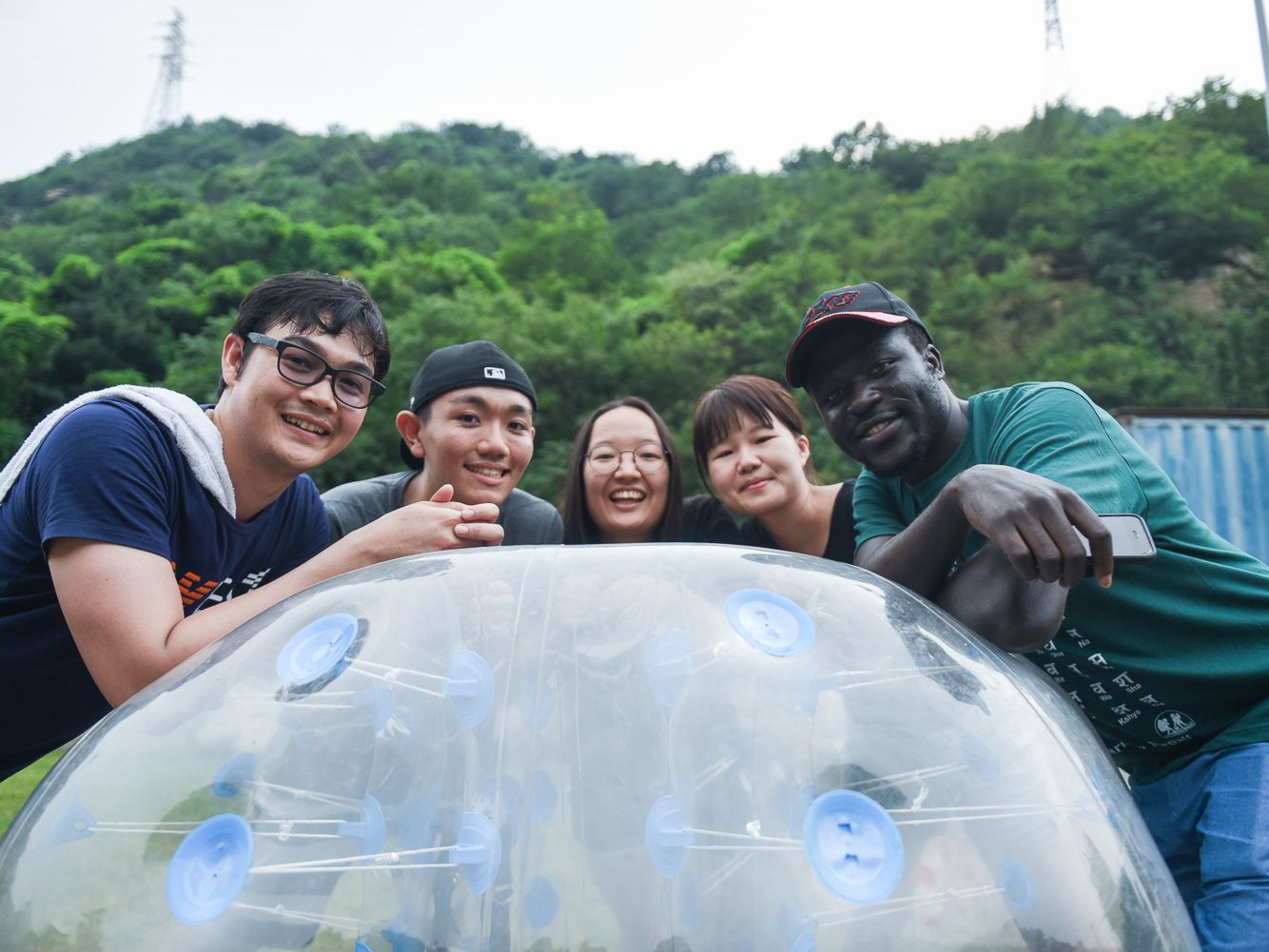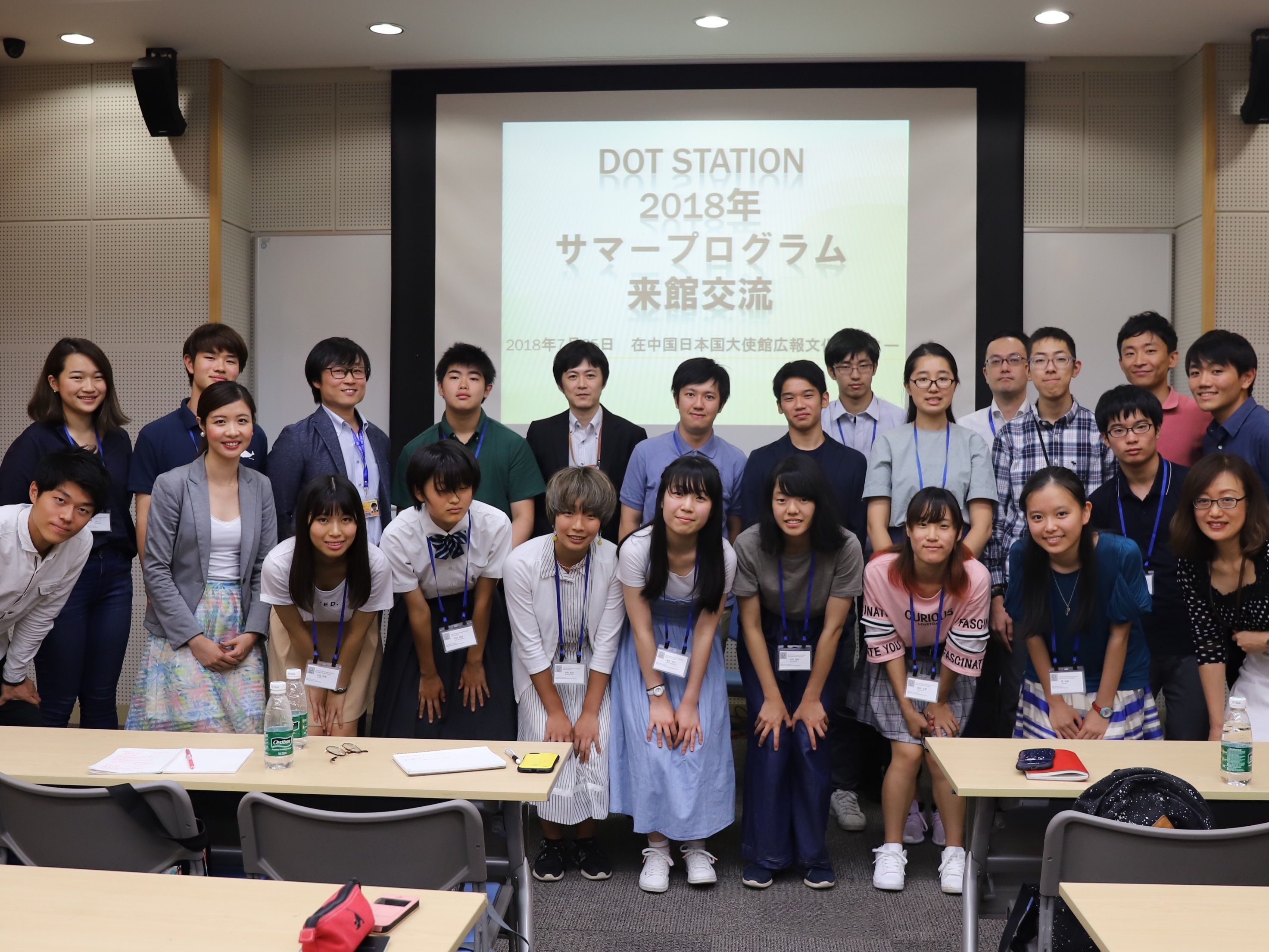Restructuring of the Asian Future Leaders Scholarship Program
Bai Xian Asia Institute (BXAI) is pleased to announce that the Asian Future Leaders Scholarship Program (AFLSP or the Program) will operate under a new structure with effect from the 2020-21 academic year.
As an educational organization that continuously self-evaluates to ensure its outcomes meet key performance indicators, BXAI has always maintained a flexibility to amend its programs and partnership terms so as to react to changing needs and address performance gaps. Based on annual reviews of the AFLSP from the past five years, we have decided to restructure the Program in a way that allows us to better focus our efforts and resources to achieve more targeted results aligned with BXAI’s vision and mission.
From the 2020-21 academic year onwards, our university network will be limited to five key cities in East Asia, namely, Beijing, Hong Kong, Kyoto, Shanghai and Tokyo. We will also be consolidating our university partnerships to six in total, including: Hitotsubashi ICS, Kyoto University, Peking University, Shanghai Jiao Tong University, the Hong Kong University of Science and Technology and Waseda University.
We sincerely thank all of our 16 Anchor and Participating Universities for their engagement and support since the inception of the Program. Each university has played an important role in the AFLSP’s growth and success, and for that we are very grateful.
We firmly believe that this necessary change will enable us to strengthen our programs and cultivate a deeper sense of community, thereby allowing us to make greater strides in line with our mission of bridging cultures and developing a new generation of Asian leaders.
BX Gathering in Hong Kong
This past Tuesday, we had the honor of hosting a BX gathering in Hong Kong to welcome our new cohort and to catch up with BX Alumni and friends. It was a fun-filled evening complete with ice breakers led by the new steering committee of the Hong Kong alumni chapter, as well as candid sharing from our scholars, alumni, and guests, which included Ms. Angela Cheung, Mr. Jason Lai, Mr. Jonathan Mok, and Mr. William Wong. Our CEO, Ms. Ronna Chao, encouraged scholars to take advantage of this unique study abroad opportunity. “Step out of your comfort zone and do things that you’re not used to doing. You have to manage your time to do things that may not seem appealing at this moment, but when you look back, are very valuable,” she said.
Thank you to everyone who took part to make this gathering such a memorable one. Until next time!
AFLSP 2019 Selection Results
Name: | Applying for Program: | University: |
| CAI Xueke | Master of Arts in Chinese Studies | The Chinese University of Hong Kong |
| GUI Xiaoting | Master of Chinese Medicine | The Chinese University of Hong Kong |
| ROH Hyunjeong | Bachelor of Medicine and Bachelor of Surgery | Fudan University |
| HATAKEYAMA Horyu | Bachelor of Arts in Business Chinese | Fudan University |
| LIU Wenyun | Master of Comparative Studies of Politics and Administration | Kyushu University |
| CHEN Mengting | Master of Economic Engineering | Kyushu University |
| LIN Chun-Chieh | Master in Sport Management (Global Sports Management Major) | Seoul National University |
| KO Nanshi | Bachelor of Public Administration | Shanghai Jiaotong University |
| SAKURA Ai | Master of International Business | Shanghai Jiaotong University |
| LAU Yick Sau | PhD in Musicology | Taiwan University |
| ZHANG Haiyun | Master of Laws | Taiwan University |
| HAN Youngseo | Bachelor of Economics | Tsinghua University |
| NAGAYASU Toshitatsu | Bachelor of Material Science and Engineering | Tsinghua University |
| RO Soojung | Master of Journalism and Communication | Tsinghua University |
| MORIKAWA Takayuki | Master of Business Administration | Tsinghua University |
| KIM Jungin | Bachelor of Science | The University of Hong Kong |
| KIM Min | Bachelor of Economics and Finance | The University of Hong Kong |
| KIM Yebin | Bachelor of Biomedical Science | The University of Hong Kong |
| LEE Dabin | Bachelor of Business Administration | The University of Hong Kong |
| CHEN Yanlong | Master of Engineering | The University of Tokyo |
| HU Tiantian | Master of Information, Technology, and Society in Asia | The University of Tokyo |
| GUO Yixin | Master of Physics | The University of Tokyo |
| LI Guojiao | Master of Science in Agricultural Economics | The University of Tokyo |
| LI Jiahao | Master of Economics | The University of Tokyo |
| XU Zicong | Master of Engineering | The University of Tokyo |
BXplorers in Kyoto: Academics, Art and Culture, Awards, and More!
BXAI Takes Kyoto!
After spending over five hours on a bus travelling back to Kyoto from Gifu, we all breathed a sigh of relief as we pulled up at our hotel on Wednesday night, ready for a good night’s rest ahead of our final Summer Program week.
Our time at Kyoto University kicked off with a series of academic sessions that invited us to dive deeper into the theme of “Harmonious Coexistence” by addressing key issues pertaining to the future with 2050 as a reference point.
A Deeper Look into “Harmonious Coexistence”
At the “Sustainable Food System: Smart Agriculture and Food Security” session, led by Dr. Eiji Morimoto of Tottori University and Prof. Qing Ping of Huazhong Agricultural University, we examined how new technologies, strong national governance, and cross-country collaboration can solve the trade-off problem between food production and environmental conservation, a growing issue resulting from the world’s increasing demand for food and energy. “Evolution does not go backwards,” explained Dr. Morimoto, who emphasized the importance of bridging the gap between traditional farming and scientific research to stabilize food security for future generations.
Our second session, “Coexistence for the Future: Urban and Rural, Humans and AI,” brought us face-to-face with one of today’s most pressing concerns – how artificial intelligence (AI) and urbanization will impact human society in the future. Dr. Zhao Liang from Kyoto University’s Graduate School of Advanced Integrated Studies in Human Survivability shared about his research on AI, Artificial Wisdom, and optimization theory, while Prof. Kim Chul-Kyoo from the Department of Sociology at Korea University addressed the urbanization trend from the perspective of the agro-food distribution system and food politics, encouraging students to be part of the narrative by saying, “What and how you eat can change the world – individual behavior can be an important form of sociopolitical action.”
The last academic session, titled “Innovation and Long-Standing Business: Kyoto’s Long-Standing Companies”, featured industry leaders who spoke about the coexistence of tradition and innovation in business. Mr. Tetsuya Shiokawa, Executive Director of the Xerox Corporation, shared his “five discovery skills for innovation: observing, questioning, associating, networking, and experimenting” and encouraged us to apply these to everything we do in the future. Dr. Narimasa Makino, CEO of Makers Boot Camp, spoke about his work supporting startups in Kyoto and the importance of design in manufacturing. The session concluded with a panel discussion, with lecturers and discussants sharing stories about their careers, personal development, and challenges they have faced. “Failure does not stop one from getting what they want, but helps us learn more about ourselves,” said Mr. Shiokawa.
Complementing the academic sessions were illuminating talks on social and cultural topics, including “The Past as Future in Japanese Contemporary Art” by Mr. John Carpenter, a curator for the Department of Asian Art at the Metropolitan Museum of Art, as well as “The Power of the Soft for the Generation Z of East Asia” by Prof. May-Yi Shaw, Assistant Professor of Humanities Education at The Hong Kong University of Science and Technology. From exploring how the past influences modern (and future) art to examining how our generation can use soft power to make a positive impact for the future, we thoroughly enjoyed hearing from so many leaders and experts and being challenged to consider issues beyond our fields of study.
Art and Culture in Kyoto
To mark the end of the academic portion of the Summer Program, we were treated to a half day of art and culture experiences, where we learned a bit more about the history and traditions of our host country through fun, hands-on activities. Some of us took part in an energetic taiko drum class while others chose the more peaceful route with an introduction to zazen, a meditative discipline practiced by Zen Buddhists. A third group opted for Kyo-wagashi dessert-making, where they learned how to create traditional Kyoto-style Japanese sweets that please the eyes and delight the taste buds.
Pitches, Panels, and Presentations
The last leg of the Summer Program was a whirlwind of activity. In between time slots dedicated to final presentation preparations, we were invited to attend the Alumni Initiative Award (AIA) pitch session, a career panel discussion, and a fireside chat with members of BXAI’s leadership. At the AIA pitch session, we had an opportunity to observe a real-life, social startup pitch as two finalist teams presented their socially responsible action plans in a bid to win a USD 2,500 cash prize and up to USD 15,000 in seed funding. We were incredibly impressed and inspired by the innovative ideas put forth by each team: Ethnic Neighborhoods spoke about its desire to foster cross-cultural understanding by highlighting immigrant community stories through creative video content, while the Tara Jaan Project presented its plan to revitalize the community of Bodh Gaya in India through permaculture and education initiatives. We found out later at the Closing Ceremony that Ethnic Neighborhoods, comprised of Bai Xian Alumni Daum Kim and Jimmy Gao, as well as team member Hiroki Kawauchi, was named the winner of the 2019 AIA.
The career panel discussion was something many of us looked forward to and we relished the opportunity to hear from both industry leaders and BX Alumni. Moderated by BX Alumnus, Jimmy Gao, the discussion featured panelists Ms. Bing Song, Vice President of the Berggruen Institute; Ms. Lin Kobayashi, co-founder and Chair of the Board at UWC ISAK Japan; Ms. Pan Ning, BX Alumna and analyst of RENOVA, Inc.; and Mr. Rokuro Watanabe, BX Alumnus and Senior Director of Digital Advertisement Consortium; who shared openly about their own career journeys and offered insights on various career paths and personal development. “Build your core competency and embrace change,” advised Ms. Song, while Ms. Lin emphasized the importance of problem-solving, diversity, and humility. At the fireside chat, we heard from a few of BXAI’s leading members including Mr. Ronald Chao, Honorary Chairman of BXAI; Prof. Takanori Kitamura, Executive Committee Member of BXAI; and Ms. Jean Sung, Board and Executive Committee Member of BXAI and Head of The Philanthropy Centre, Asia at J.P. Morgan Private Bank; who discussed their views on leadership, education, and identity, and engaged directly with us through a thought-provoking Q&A session.
On the second to last day of the Summer Program, we were excited to deliver our final group presentations, an exercise that required us to consider our takeaways from the Summer Program as a whole as well as put into practice our teamwork and public speaking skills. Addressing the assigned topic: “Transforming knowledge into an action plan: how can you contribute to a better Asia?”, each group presented innovative solutions to a wide variety of issues ranging from food waste and pollution to cultural bias and discrimination. One group created a video, which they named “BBC (Beyond Bias Channel)”, that explored the subject of mutual understanding between people from different countries, while another suggested the use of social media to ease hostility amongst Generation Z individuals. The Best Presentation Award was given to Group A, which proposed tackling the issue of food waste in convenience stores with a mobile application that connects the government, convenience stores, and underserved communities or families in need of food.
Goodbye but not Farewell
The final day of the Summer Program kicked off with a morning keynote lecture delivered by returning speaker, Mr. Jason Lai. Using the act of conducting as a metaphor for leadership, Mr. Lai spoke about balance, teamwork, personal integrity, and body language, and even invited a few of us to try our hand at conducting an actual orchestra to experience the importance of communication in leadership. Recalling his first lecture at the Opening Session two weeks ago, Mr. Lai brought us full circle back to his initial challenge to recognize our “lobster moments,” encouraging us to take what we have learned and apply it to our lives going forward.
That afternoon, we attended the Closing Ceremony, where awards were presented and we received our Summer Program certificates. The keynote speech was given by Mr. Kyle Obermann, a China-based environmental and adventure photographer, who shared about his decision to pursue a career that aligns with his passion, what he has learned along the way, and the power of collaboration. The ceremony drew to a close with encouraging words from Professor Kitamura. “Remember what you have experienced and what you have learned during this Summer Program – it will give you power to play the role of a bridge,” he advised. “Of course, this is not an easy job. But do not think that issues are too big, and do not underestimate what you can achieve. I trust that you will be a great game-changer,” he said, commissioning us to go out into the world with the shared objective of building a peaceful and harmonious Asia.
The gala dinner that evening was a bittersweet occasion for all of us as we gathered to mark the official end of the Summer Program, reminisce about special moments, and celebrate our friendships with one another. The amazing talents of our cohort were on full display, with Hara Yuki performing a Hungarian dance, Ayane Kanazawa playing the mandolin, and vocal performances by Amane Okina, William Xia, and Seo Seung Im. Some scholars and student advisors took the chance to approach the stage and share about their unforgettable moments and reflections from the Summer Program. Amidst the mingling, photo-taking, and dancing, Ms. Ronna Chao, BXAI’s CEO, wrapped up the evening with words of encouragement for all of us. “This is an opportunity for new beginnings,” she said, commissioning us to go out into the world as future leaders of Asia and to make a difference by building bridges across cultures.
The Fifth Annual Bai Xian Asia Institute Summer Program Wraps Up in Kyoto
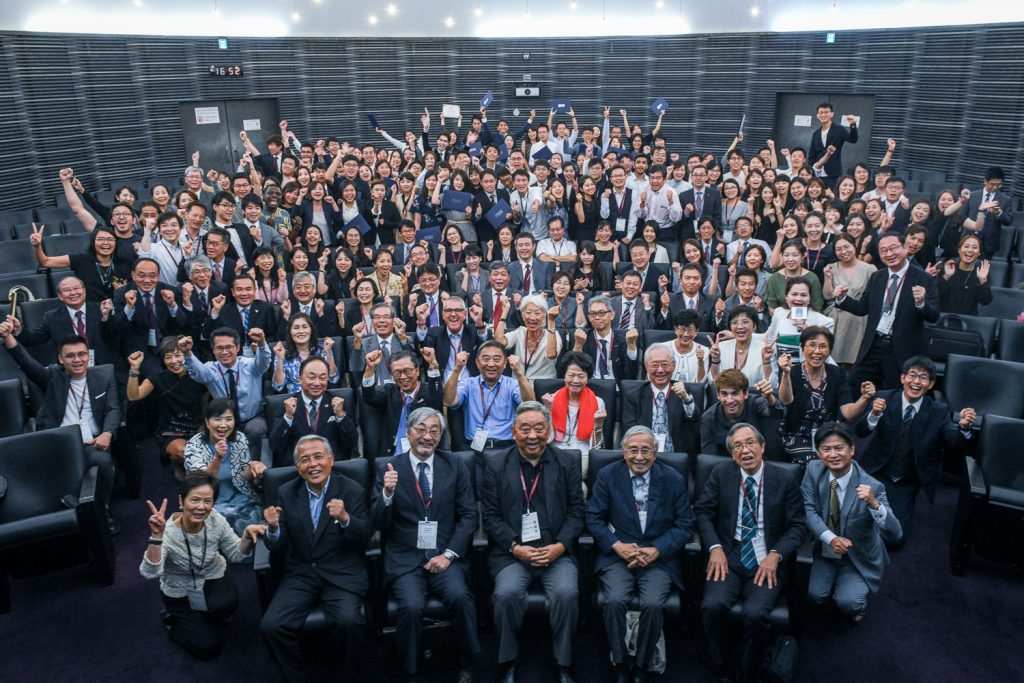
(Kyoto, August 23, 2019) Bai Xian Asia Institute (BXAI), an education organization that aims to build bridges across cultures by providing scholarships to students in Asia to study abroad at top East Asian universities, has concluded its fifth annual Summer Program in Kyoto, Japan. Held every August, the BXAI Summer Program brings current scholars from BXAI’s Asian Future Leaders Scholarship Program (AFLSP) to one university campus for a fun and enriching two to three-week experience that is designed to extend learning beyond the classroom.
The 2019 BXAI Summer Program was held in Japan from August 7 to 21 and was organized in partnership with Kyoto University. 84 students from BXAI’s 16 partner universities across East Asia took part in two weeks of immersive cross-cultural learning and exploration, examining this year’s Summer Program theme of “Harmonious Coexistence” through a variety of hands-on activities, lectures, workshops, and discussion sessions.
The program kicked off in Osaka with an opening session that featured welcome remarks by Prof. Shinsuke Kawazoe, Executive Vice President of Kyoto University; Prof. Katsuichi Uchida, President of BXAI; and Ms. Ronna Chao, CEO of BXAI; and finished with an inspiring lecture on leadership by Mr. Jason Lai, Principal Conductor of the Yong Siew Toh Conservatory Orchestra and acclaimed TV presenter. Panel sessions on sustainability and the “Asian century” followed, where students were invited to delve into these topics and consider what they mean for them as future leaders in Asia. The two remaining days in Osaka were dedicated to fun team building activities, as well as interactive workshops and lectures delivered by influential speakers from around the world.
Scholars then traveled to Gifu, a scenic prefecture in the center of Japan, for personal development workshops on self-awareness and public speaking, both of which equipped them with important skills for their current academic life and future careers. Students also had the opportunity to immerse themselves in local culture, taking part in the traditional Bon Dance Festival and making their way to Shirakawa-go, one of Gifu’s most renowned tourist spots and a UNESCO World Heritage Site.
Returning to Kyoto for the second half of the Summer Program, scholars dove deeper into the theme of “Harmonious Coexistence” through three academic sessions that addressed key issues pertaining to the future with 2050 as a reference point. Led by Kyoto University professors and esteemed speakers from leading universities and organizations across Asia, the sessions included: “Sustainable Food System: Smart Agriculture and Food Security,” “Coexistence for the Future: Urban and Rural, Humans and AI,” and “Innovation and Long-Standing Business: Kyoto’s Long-Standing Companies.” Complementing the academic sessions were illuminating talks on social and cultural topics, as well as a half day dedicated to Japanese art and culture, where students participated in a taiko drum class, zazen (a meditative discipline), and Kyo-wagashi dessert-making.
The third Alumni Initiative Award (AIA) pitch session took place on August 19, with two finalist teams presenting their socially responsible action plans in a bid to win a USD 2,500 cash prize and up to USD 15,000 in seed funding. Members of the Ethnic Neighborhoods team spoke about their desire to foster cross-cultural understanding by highlighting immigrant community stories through creative video content, while the Tara Jaan Project presented its plan to revitalize the community of Bodh Gaya in India through permaculture and education initiatives. The judging panel, which included Ms. Mary Anne Choo, Managing Director at Goldman Sachs Asia; Ms. Bing Song, Vice President of the Berggruen Institute; and Mr. William Wong from BXAI’s Executive Committee, ultimately awarded the grant to Ethnic Neighborhoods, which comprises Bai Xian Alumni Daum Kim and Jimmy Gao, as well as team member Hiroki Kawauchi.
After three days of preparation, scholars delivered their final group presentations – the culmination of their Summer Program learning and experiences – on August 20 before a panel of judges and an audience of their peers. Addressing the assigned topic: “Transforming knowledge into an action plan: how can you contribute to a better Asia?”, students presented innovative solutions to a wide variety of issues ranging from food waste and pollution to cultural bias and discrimination. One group created a video that explored the subject of mutual understanding between people from different countries, while another suggested the use of social media to ease hostility amongst Generation Z individuals. The winning team, Group A, proposed tackling the issue of food waste in convenience stores with a mobile application that connects the government, convenience stores, and underserved communities or families in need of food.
Students also had the opportunity to attend a career panel discussion led by Bai Xian friends and alumni, as well as a fireside chat with members of BXAI’s leadership, which included Mr. Ronald Chao, Honorary Chairman of BXAI; Prof. Takanori Kitamura, Executive Committee Member of BXAI; and Ms. Jean Sung, Board and Executive Committee Member of BXAI and Head of The Philanthropy Centre, Asia at J.P. Morgan Private Bank. Sharing about their personal experiences and views on leadership, education, and identity, the speakers also engaged with students in a thought-provoking Q&A session and emphasized the importance of listening to one another, embracing diversity, and recognizing one’s own values and principles.
The Summer Program concluded on August 21 with a day of closing speeches and celebrations, starting with a morning keynote lecture delivered by returning speaker, Mr. Jason Lai. Using the act of conducting as a metaphor for leadership, Mr. Lai spoke about balance, teamwork, personal integrity, and body language, and invited a few students to try their hand at conducting an actual orchestra to experience the importance of communication in leadership. The Closing Ceremony kicked off in the afternoon with a meaningful video that was specially created to celebrate BXAI’s fifth anniversary. The keynote speech was given by Mr. Kyle Obermann, a China-based environmental and adventure photographer, who shared about his decision to follow his passion and the power of collaboration. In BXAI tradition, the Closing Ceremony ended with a handover ceremony, where Prof. Kawazoe of Kyoto University passed the BXAI calligraphy book to Prof. Charles Wang Wai Ng of the Hong Kong University of Science and Technology to symbolize the passing of the baton to next year’s Summer Program host.
The 2019 Summer Program officially drew to a close with a memorable gala dinner, during which some scholars took to the stage with a series of dance and music performances, while others shared about their highlights from the Summer Program. Marking the end of another successful Summer Program, scholars, alumni, Bai Xian friends, and staff gathered together to celebrate the new friendships, experiences, and memories they had formed over the past two weeks and to welcome another year of building bridges across cultures.
Osaka, Gifu, Shirakawa-Let's-Go!
The fifth annual Bai Xian Asia Institute (BXAI) Summer Program officially kicked off in Osaka, Japan, on August 8, with 84 students from BXAI’s 16 partner universities across East Asia gathering for two weeks of immersive cross-cultural learning and exploration.
Day 1
At the Opening Session, we were warmly welcomed by Prof. Shinsuke Kawazoe, Executive Vice President of Kyoto University, and Prof. Katsuichi Uchida, President of BXAI, who introduced this year’s Summer Program theme, “Harmonious Coexistence”, and highlighted the challenges we face today in terms of sustainable development. Ms. Ronna Chao, CEO of BXAI, then spoke about the history and mission of BXAI and reminded us to participate in discussions and activities respectfully over the next two weeks with the common aim of building bridges. “We ourselves are not the entire bridge, but we are a part of the bridge. You could be a pillar, or you could be a pipe. The important thing is to extend and connect,” she said.
Mr. Jason Lai, international orchestral conductor and TV presenter, concluded the Opening Session with an inspiring lecture on leadership as defined by growth, responsibility, and presence. Using lobsters as a metaphor for growth (lobsters continuously shed their shells as they grow), Jason spoke about “lobster moments” as opportunities for us to strengthen ourselves in times of stress and difficulty. He also encouraged us to take responsibility to drive our lives forward and to be present, meaning being completely honest with ourselves. “What ‘lobster moments’ will you have in these two and a half weeks and beyond?” Jason asked, challenging us to further explore these often-overlooked components of leadership for ourselves.
That afternoon, we participated in two panel sessions: one on sustainability and another one on the “Asian century”. The sustainability panel session was moderated by Mr. Jason Lai and featured panelists Mr. David Yeung, CEO of Green Monday; Mr. Melvyn Yeo, co-founder of TRIREC; and Ms. Ronna Chao; who shared about what the concept of sustainability looks like in practice, specifically in the fields of business, social entrepreneurship and apparel. We were encouraged to start our own sustainability journeys by taking small steps toward a greener lifestyle – whether it is by turning the taps off when we brush our teeth or by adopting a plant-based diet. “Green is the new black,” said David. “Sustainability should not be charity but an adventure.” The panel ended with a lively Q&A session, during which we discussed the rationale behind recent trends such as veganism.
At the Asian century panel session, moderated by Dr. Scott MacLeod, Associate Director of the East-West Center, we had the opportunity to hear from Ms. Nonaka Tomoyo, Chair and Founder of the NPO GAIA Initiative; Mr. James Kondo, Chairman of the International House of Japan; and Mr. Qu Pengcheng, Head of Geopolitical and Regional Agenda at the World Economic Forum. It was an enlightening session indeed as we learned about the rise of Asia and what that means for us and the rest of the world. The panel session later transformed into an open discussion forum that Dr. MacLeod called “Chat Chat Chat”, where we were invited to share our ideas on Asia-specific issues such as population, technology, and intercultural relations. “My main objective is to really work on shifting the focus from success to significance. In your generation, it is probably crucial to think about significance, partially because the success model will be broken in your time,” said Mr. Kondo.
We finished off our first day with a bang by playing “The Best Game” to see who could head to the welcome dinner first! Even during dinner, Ronna took the opportunity to build community by interviewing participants, BX staff, and some behind-the-scene crew members asking them to share about their study and career paths with fellow scholars.
Day 2 and 3
Day two was all about team building! The Hutong from Beijing, led us in a series of exciting activities including lawn games and improv sessions, which honed our communication and collaborative skills in a fun and interactive way. We also participated in an “art wheel” activity that challenged us to design art pieces in different themes and forms and later present our work before our peers.
We dove deeper into what it means to be a leader at the leadership workshop held on day three. Led by Dr. Scott MacLeod and Ms. Kartika Anindya Putri, teaching affiliate at the East-West Center, the workshop invited us to explore the roles of identity, diversity, and authority in relation to leadership through interactive quizzes and thought-provoking discussions. On diversity, Dr. MacLeod said, “Differences are not only found in how we look but how we think.” Ms. Putri encouraged us to nurture our individual talents, saying, “We need to learn to be different for each other, rather than being different from each other.”
That afternoon, we attended a “Brand, Basics and Beyond” talk by Ms. Cathy Chon, founder of the multidisciplinary consulting agency, CatchOn. Introducing us to branding strategies such as how to use distinctive brand elements and keeping a logo simple yet meaningful, Cathy also highlighted the power of emotions, which trigger lasting impressions of a brand. Applying the concept of branding to daily life, Cathy said, “We are our own brand – as we move forward in life, we should try to leave a positive impression on those we meet and always stay consistently true to our values and morals.” Wise words to live by!
Day three concluded with a “Trade-Environment Linkage in East Asia” lecture by Prof. Koo Mingyo from Seoul National University’s Graduate School of Public Administration. Speaking about how the relationship between the environment and trade is driven by knowledge and power in an ever-changing East Asian landscape, Prof. Koo remarked, “Knowledge matters, and knowledge is power.” Responding to student questions about his research methodology, Prof. Koo humorously advised students that good research comes only when you “torture your data until it confesses.”
Kyoto and Gifu
After three fun days in Osaka, we headed to Kyoto and attended an orientation and campus tour hosted by Kyoto University staff in preparation for more sessions there later this week.
On Monday, we embarked on our three-day excursion to Gifu, a scenic prefecture in the center of Japan, where we participated in more soft skills training and cultural activities. At the self-awareness workshop, led by Mr. Keith Coats and Ms. Tamryn Batcheller-Adams from TomorrowToday, we made use of a personality system called the Enneagram to explore our true selves and understand how we perceive the world. “When we look at the world, we see the world not as the world is, but how we interpret it through our own lenses, and through our own personalities,” said Tamryn.
Some of us were slightly apprehensive heading into the public speaking workshop, but were quickly put at ease by Ms. Angela Cheung, who led the session in a fun and engaging way that made public speaking seem less intimidating. “You’re going to go from stage fright to stage bright,” said Angela, Managing Director of creative agency, APV, and a member of BXAI’s Communication and Development Committee, who offered a wealth of practical tips and advice including how to refine self-introductions and practice body language, and most importantly, to “be yourself – the very best version of yourself.”
On the evening of our second night in Gifu, we took part in the Bon Dance Festival, a Japanese Buddhist custom that sees people dance all night long to honor the spirits of ancestors. Joining the locals on the streets, we danced the night away in our BX tees, soaking up the culture and enjoying every moment of this joyous and memorable experience.
The last day in Gifu started with a public speaking showcase, where some of us put our newly acquired knowledge into practice by speaking about a variety of subjects that ranged from sociopolitical issues to cultural topics. We wrapped up our trip with a special visit to Shirakawa-go, one of Gifu’s most renowned tourist spots and a UNESCO World Heritage Site. The scenery was stunning despite the heavy rain, and we treasured the opportunity to learn more about Japanese history as we spent the afternoon exploring the village of gassho-style houses that date back to the 1800s.
Looking ahead, we are pumped for all that’s lined up for the coming week in Kyoto, which will include hands-on activities, academic sessions, and art and culture experiences. We look forward to digging deeper into what “Harmonious Coexistence Toward 2050” looks like and what it means for each of us as unique individuals from different backgrounds and cultures living in today’s ever-changing global landscape.
Monica NAGASHIMA
Monica NAGASHIMA graduated with a dual master’s degree in international relations (from Peking University) and environment and energy policy (from Sciences Po). With a passion for decarbonizing energy systems, Monica believes her study abroad experience in Beijing allowed her to gain important new insights on how to approach energy transition within the current global landscape.
Monica almost relinquished her opportunity to study in China. After being accepted to the Sciences Po-PKU Dual Master’s Degree program, her family initially urged her not to go to China for fear of the pollution and anti-Japanese sentiment. Ultimately, her strong desire to travel and further her knowledge prevailed, and she was able to pursue her studies with her family’s blessing.
While in Beijing, a Peking University professor encouraged Monica not to settle for simply acquiring general knowledge about the world at large, but to take advantage of her time in China to truly explore and understand the country in depth. “I tried to see the parts of China that don’t get daily coverage from international media outlets,” she says. This mindset opened her eyes to different aspects of China, from its advancements in renewable technology to areas where it has struggled to transition to clean energy. On a more personal level, Monica recalls her shock at coming face to face with the anti-Japanese sentiment her family warned her about when she encountered a restaurant sign that read, “Japanese and dogs not allowed.” However, being immediately comforted by her Chinese friends, who reassured her that most do not think this way, completely changed her viewpoint on the situation. “Their warmth and kindness almost made me cry,” she says.
Monica currently works at an energy think tank in Tokyo and assisted the chair of the G20 Meetings on Energy Transitions and Global Environment for Sustainable Growth, which were held in Japan in June 2019. Armed with a new awareness of the challenges a country might face in clean energy transition, she believes she now has a better understanding of the concerns of delegates from countries still dependent on fossil fuels. What’s more, she is pleased to report that her time in Beijing may have shifted her family’s views on China. “I was surprised to hear my mother say, ‘You seemed so happy in China, it makes me want to visit Beijing some day too.’”
Ami HIGUCHI
Ami HIGUCHI is an Bai Xian Scholar from the 2016 cohort and graduated from Peking University, where she completed her undergraduate studies in international relations. Her AFLSP experience, coupled with her multicultural background, has made her an advocate of intercultural exchange and education.
Inspired by China’s robust economic development and the lively spirit of its citizens, Ami decided to pursue an undergraduate degree at Peking University instead of remaining in Canada, where she spent her adolescent years. As a half-Chinese half-Japanese Bai Xian Scholar, Ami became actively involved in organizing activities for Chinese and Japanese students during her time abroad. Two years ago, she initiated “Project Abroad,” a platform that allows Chinese students to participate in in-depth discussions with leading Japanese executives, entrepreneurs, politicians, scholars, and students regarding social problems and how to be involved in the solutions. “The project was very successful and it was encouraging to see participants engage in open dialogues with one another to explore their future possibilities,” she says. The program has just completed its fourth cycle, which saw over 100 Peking University students visit Japan this year.
Ami credits her international outlook to the BXAI Summer Program. “I find we all belong to multiple cultures and Bai Xian offers a valuable platform for cross-cultural learning,” she says. “Being a part of the Bai Xian community truly opens up many opportunities.” After attending the Summer Program in 2017, Ami was inspired to set up Là China, a Japanese media platform that provides information on China’s development from millennial perspectives.
Following her graduation, Ami will head to Tokyo to start work in an investment bank. She looks forward to acquiring basic business and finance knowledge there, which will establish a solid foundation for her long-term goal of creating a future where everyone has a sense of belonging. “Joining the BX community brought an end to my struggle of finding my identity and I want more people to experience the beauty of diversity as I have.”
Hideo NATSUME
Hideo NATSUME is an Bai Xain and MIO Asian Scholar currently pursuing a postgraduate degree in public policy and management at Tsinghua University. Having moved from Japan to China at an early age, he believes that his cross-cultural background allows him to be an effective bridge between the two nations.
While he was an undergraduate student at Tsinghua University, Hideo made an important personal observation: he noticed that Chinese students were fascinated by Japanese culture—its cuisine, manga, and anime—while Japanese students did not always reciprocate this interest, and instead often had limited knowledge of, or even negative views towards China.
“After meeting fellow Tsinghua students who shared my views and observations, I decided that we needed to do something,” says Hideo. “We shouldn’t just let an issue remain an issue. We should take action and try to come up with solutions.” Determined to strengthen Sino-Japanese relations from the bottom up, he launched Dot STATION in 2017, an organization that aims to connect Japanese high school students with China and encourage them to “see China with their own eyes.” During the “Dot STATION Summer Tour 2018 @ Beijing” last year, 16 students from all across Japan had the opportunity to visit various sites in Beijing to learn about China’s technological innovation and entrepreneurship opportunities. One student was so inspired by her experience that she applied to study abroad in China and will soon be a Peking University student.
After completing his master’s degree, Hideo plans to work in both Beijing and Tokyo and hopes to grow Dot STATION by collaborating with more Japanese high schools and expanding the program and its curriculum.
“Although governments might not share common values, we scholars do,” says Hideo, who met many Japanese scholars passionate about embracing diversity during the BXAI Summer Program. “I hope to promote sustainable development among East Asian countries and preserve the commonalities in culture that we have shared throughout history.”
BXAI Summer Program 2019 Preview
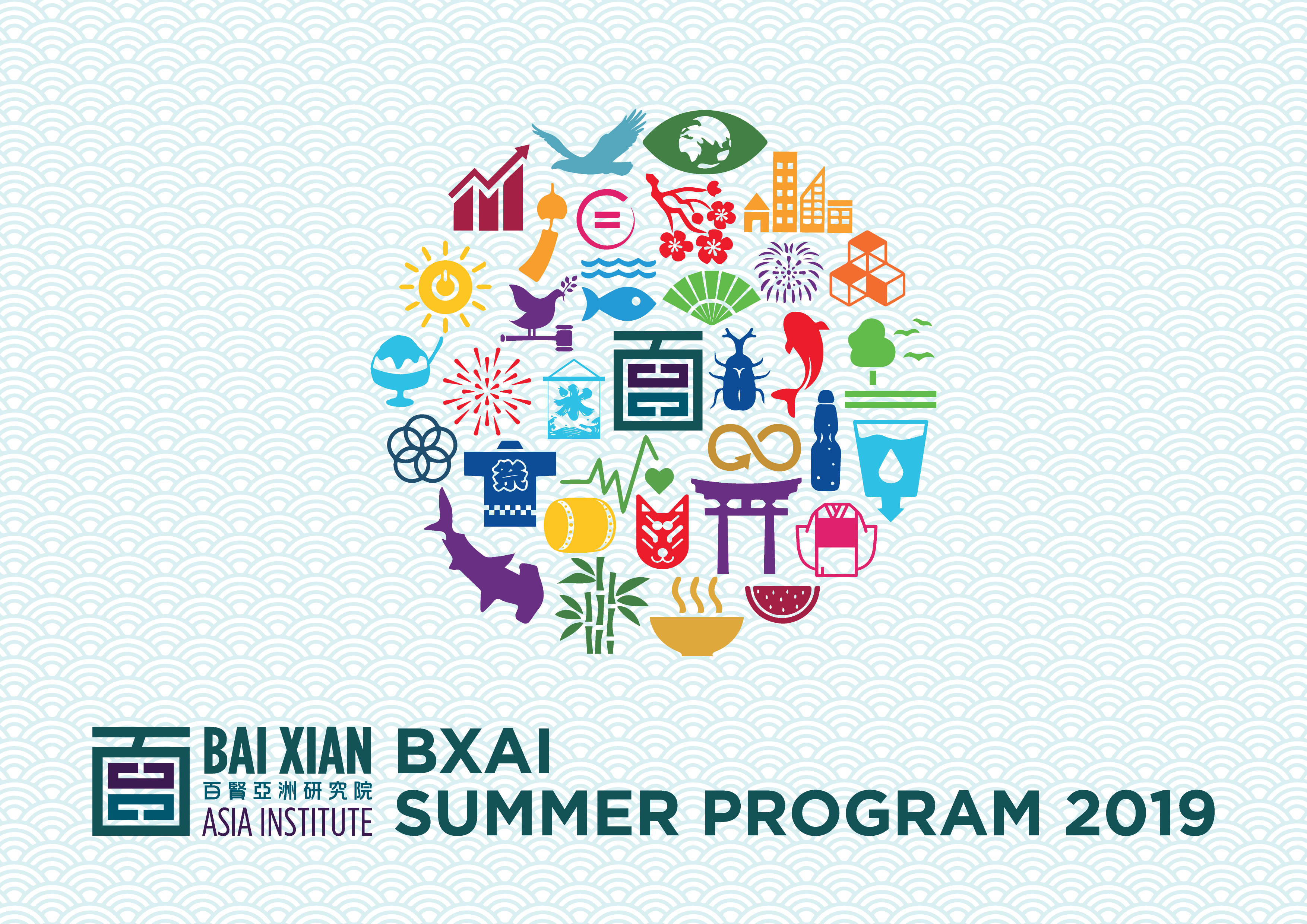
The BXAI Summer Program 2019 will be held in Japan from August 7 to 21. Hosted by Kyoto University, around 90 AFLSP scholars will come together to explore the theme of “Harmonious Coexistence” as they examine regional issues, engage in cross-cultural dialogues, and build community.
The Summer Program will kick off in Osaka, where scholars will participate in experts-led panel discussions and leadership training sessions, as well as various team building challenges and an improvisation workshop, which will encourage them to exercise their teamwork skills, develop confidence, and form new friendships. Scholars will then immerse themselves in Japanese history and tradition through a visit to Gifu Prefecture, home to UNESCO World Heritage Site, Shirakawa-go village.
During the second week, students will spend time studying East Asia’s unique landscape through focused topic learning sessions and lectures delivered by influential guest speakers at Kyoto University. In addition, they will participate in a variety of fun, hands-on activities and workshops designed for personal development and enrichment. The third Bai Xian Alumni Initiative Award will also be held this week, with finalist teams pitching their ideas before a judging panel and an audience of scholars for a chance to win a cash prize and seed funding.
On the final day of the Summer Program, scholars will share their research and learnings through group presentations before joining the greater Bai Xian community for an evening of celebration at our closing ceremony and gala dinner.
Learn more about the BXAI Summer Program here!
